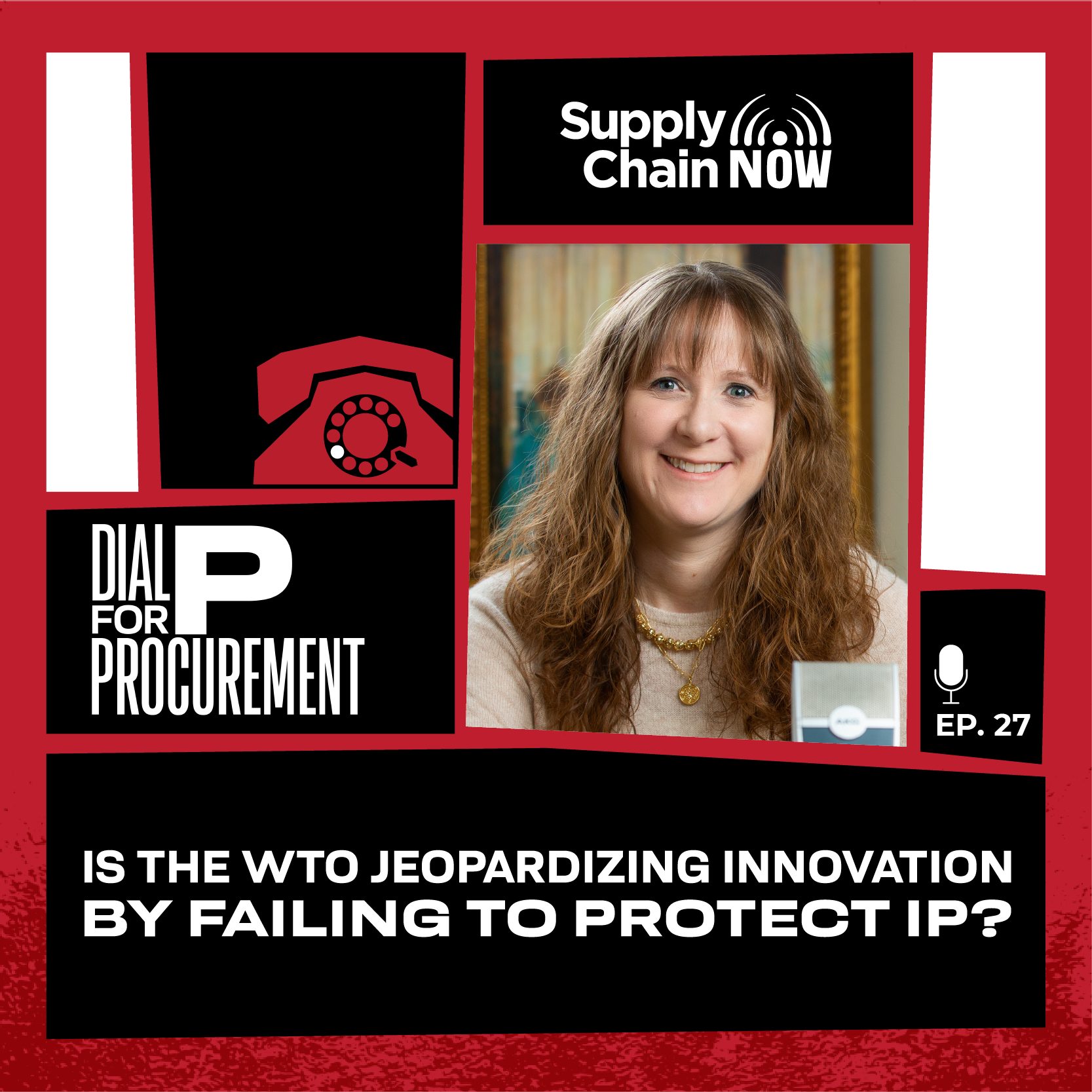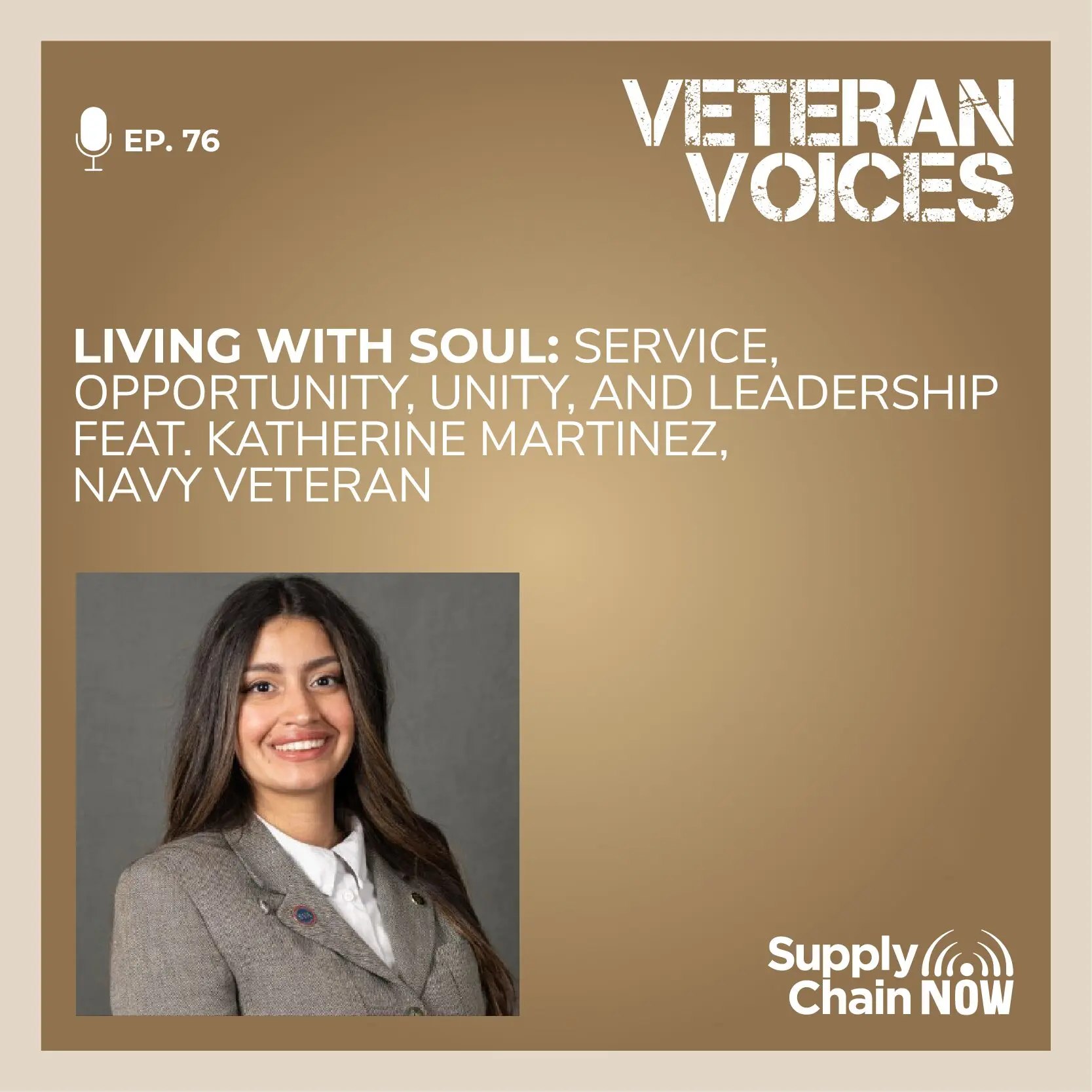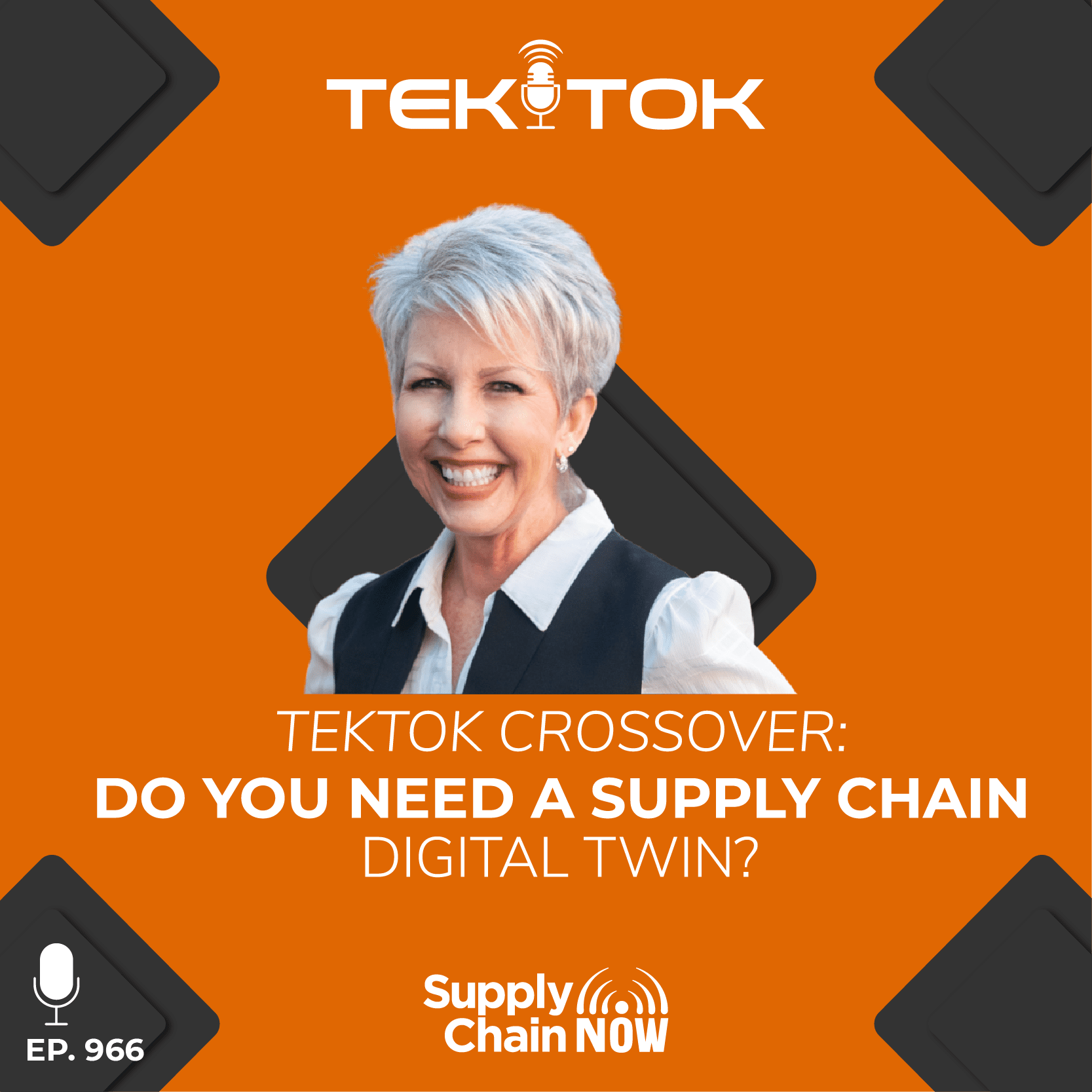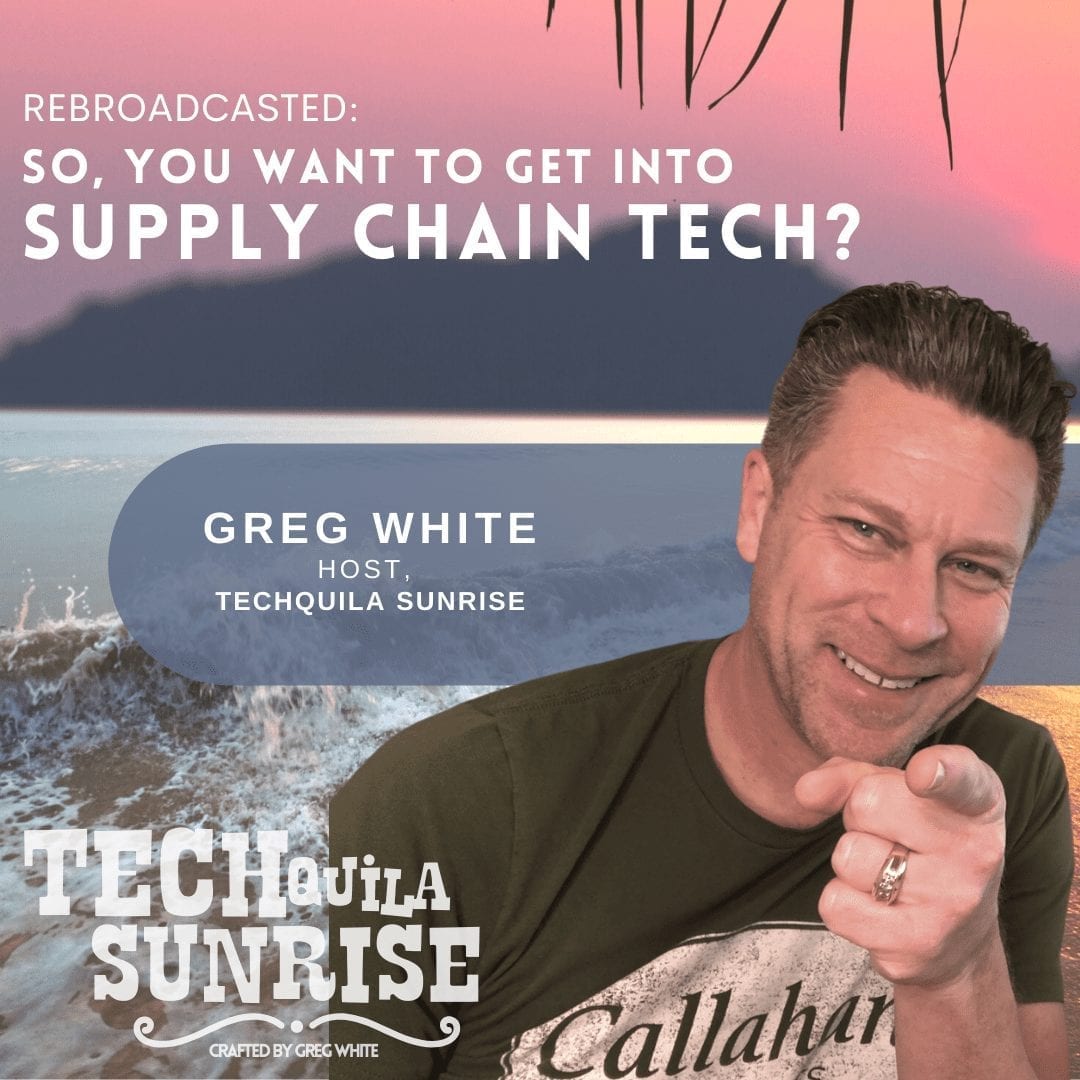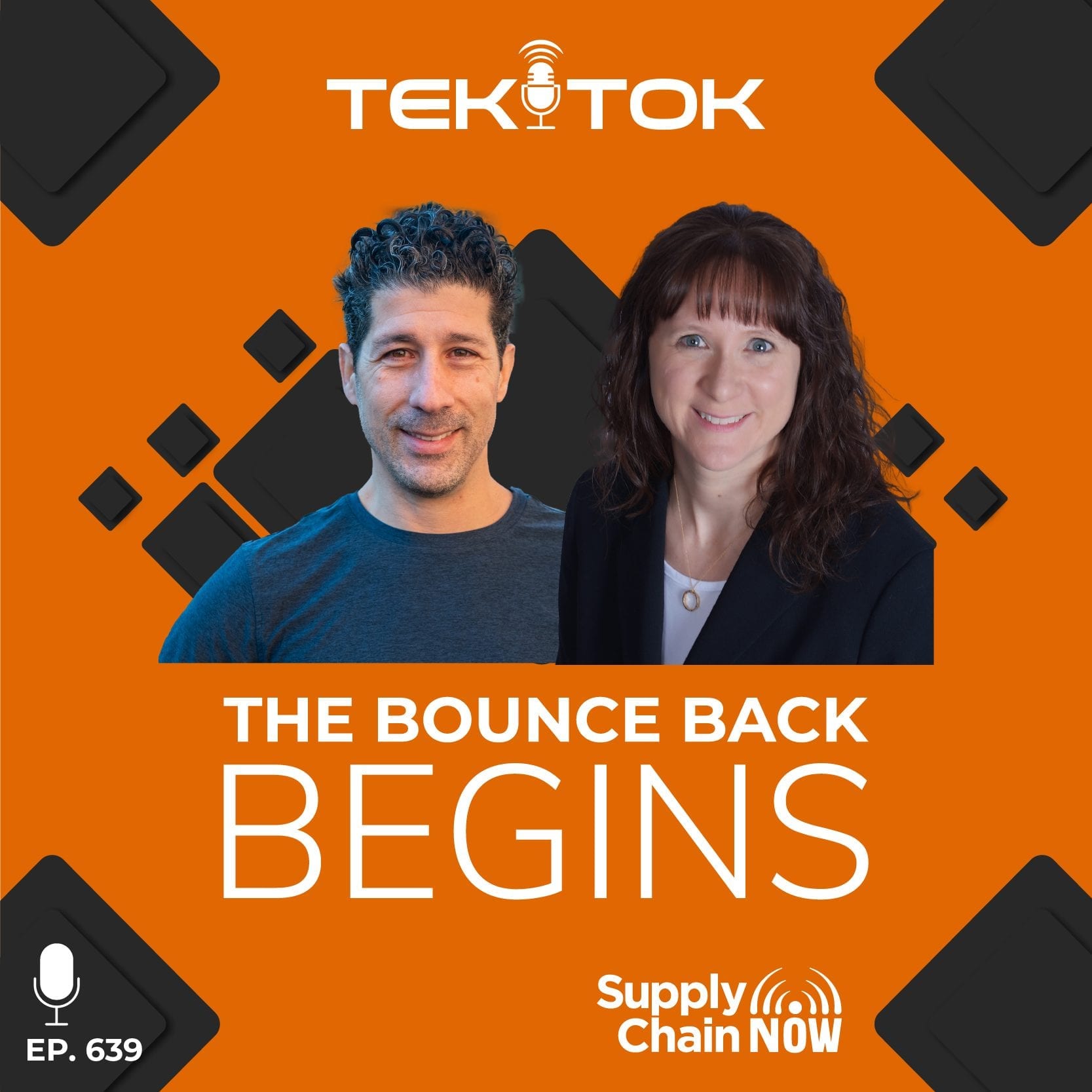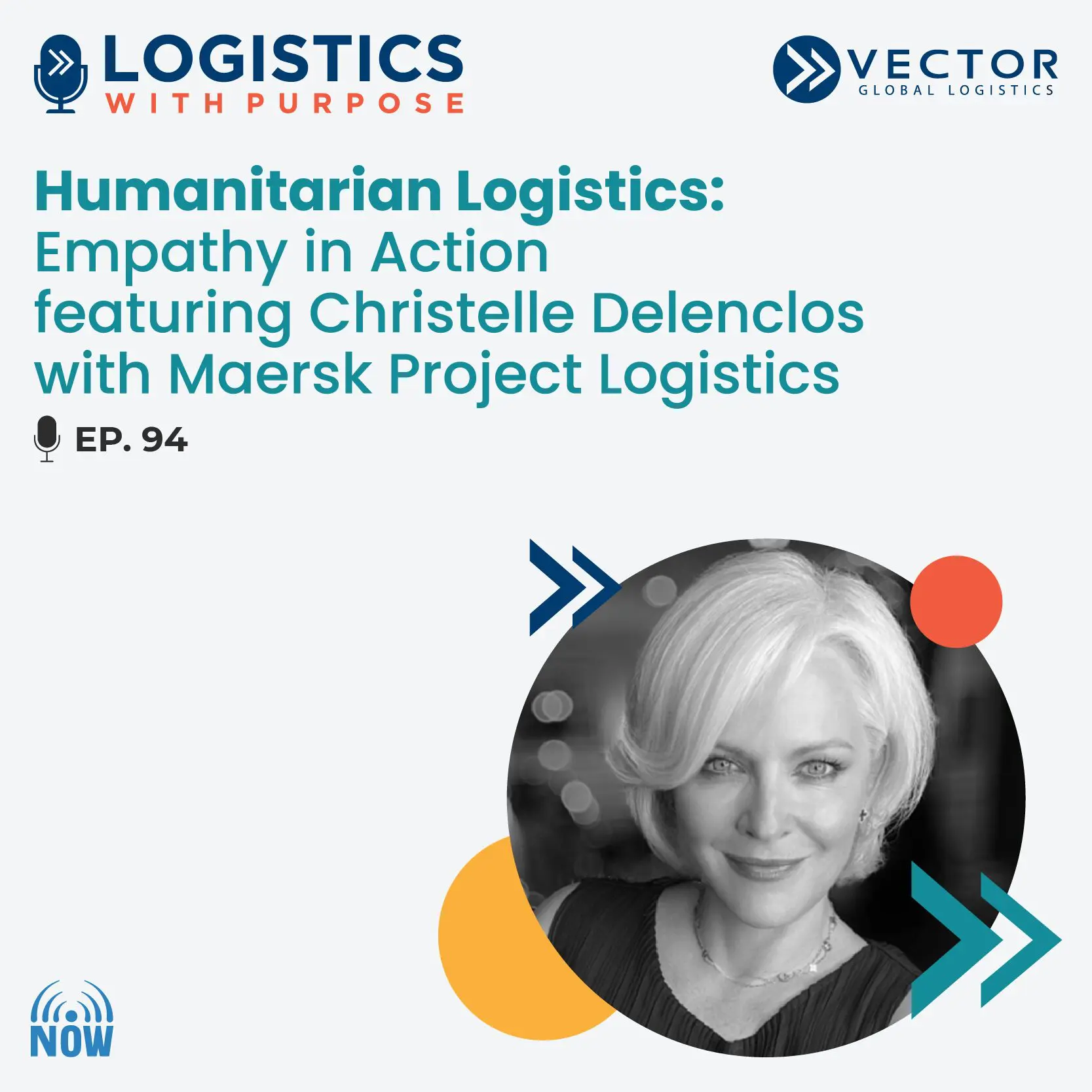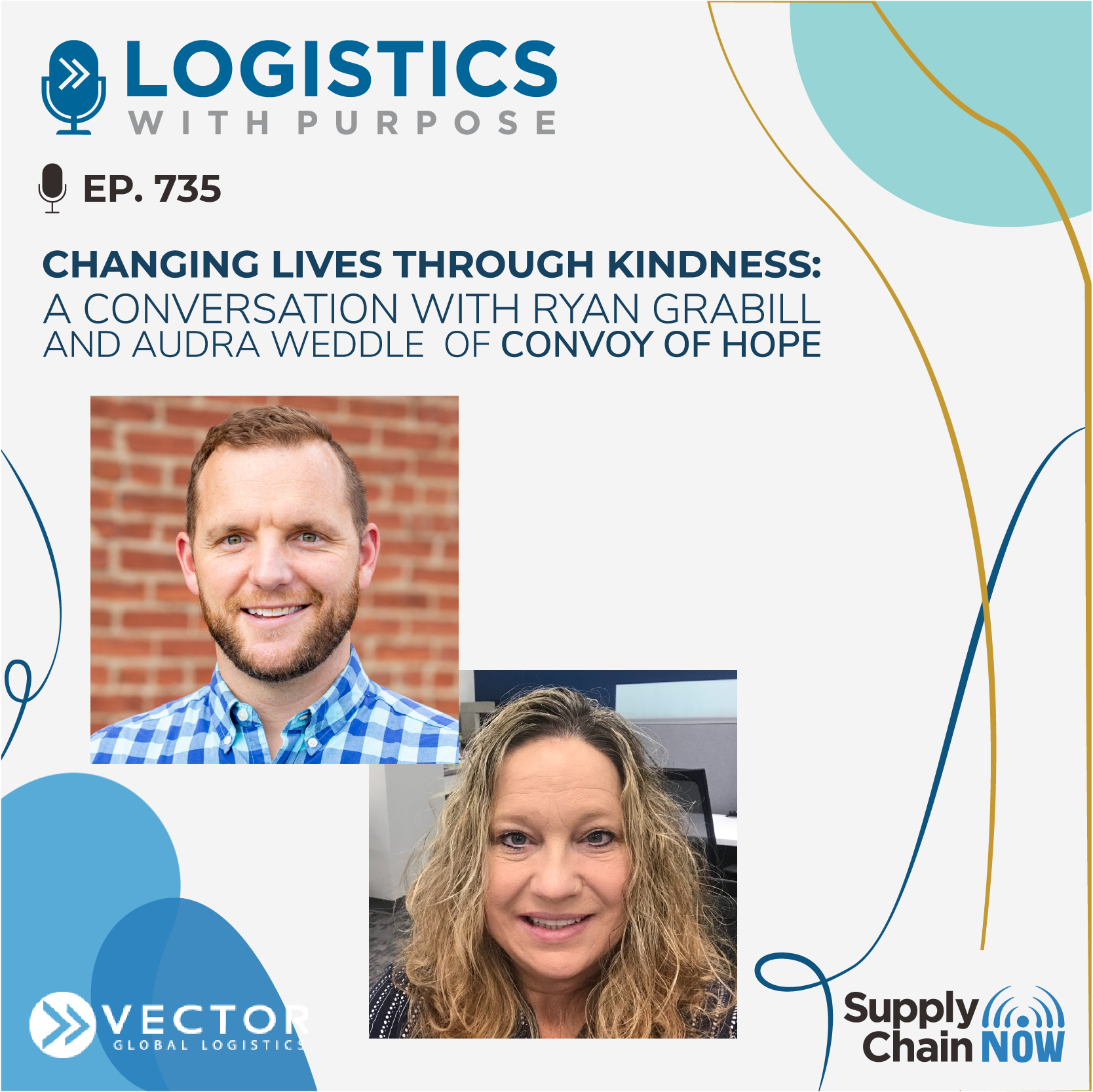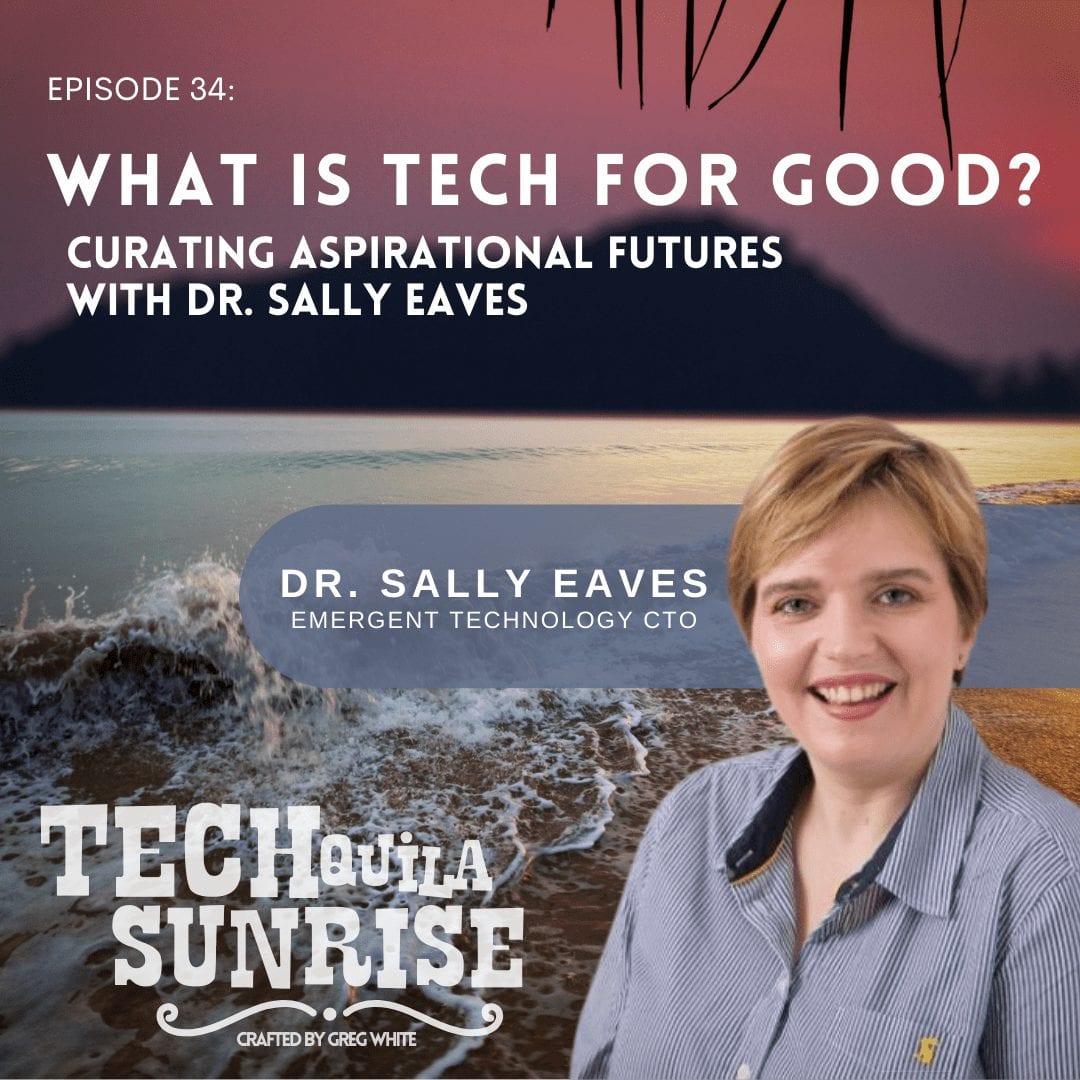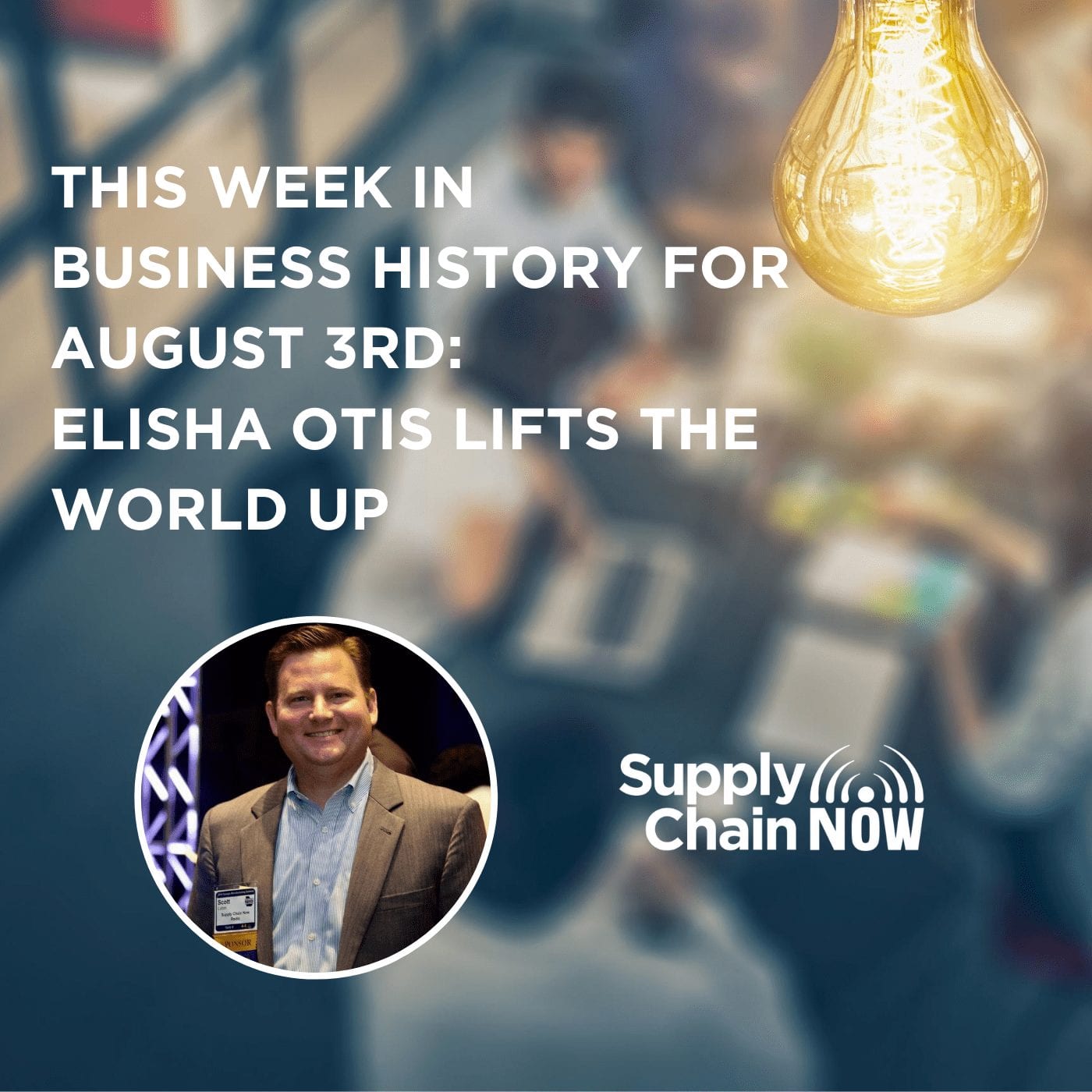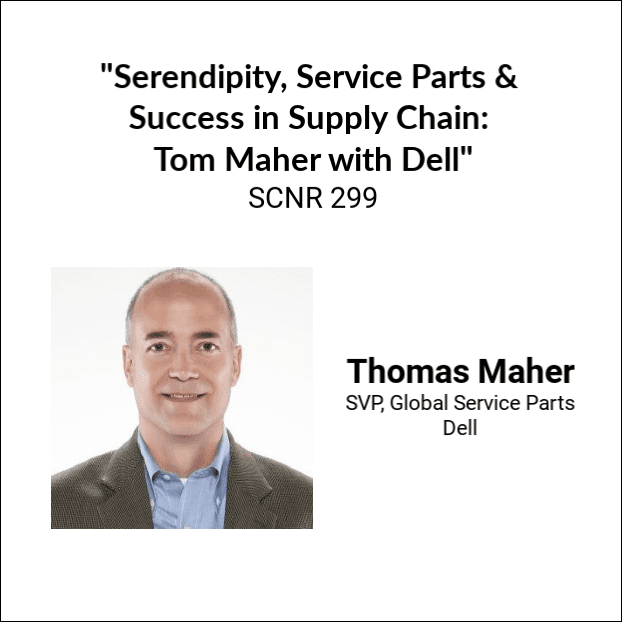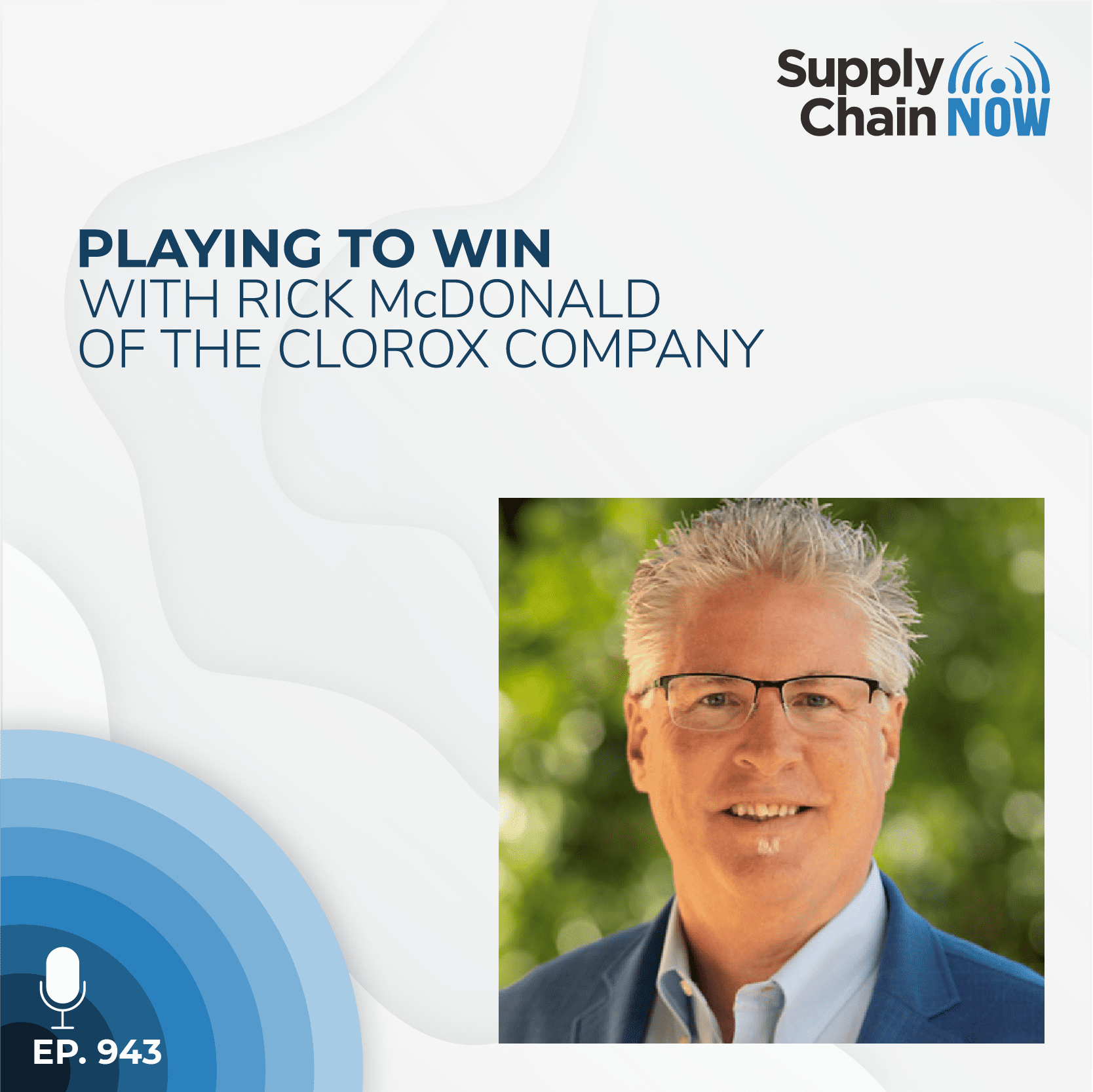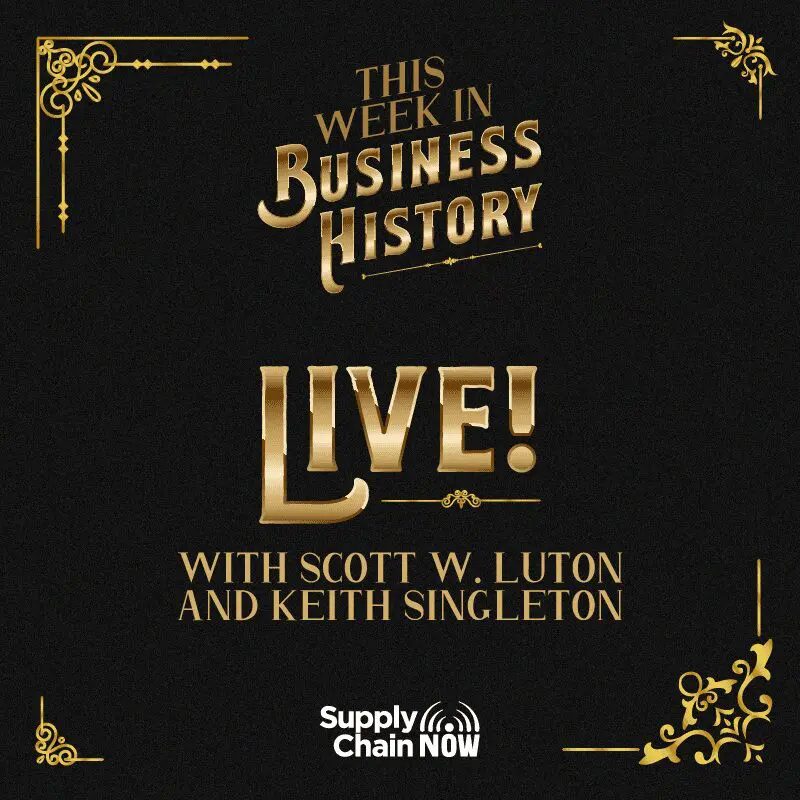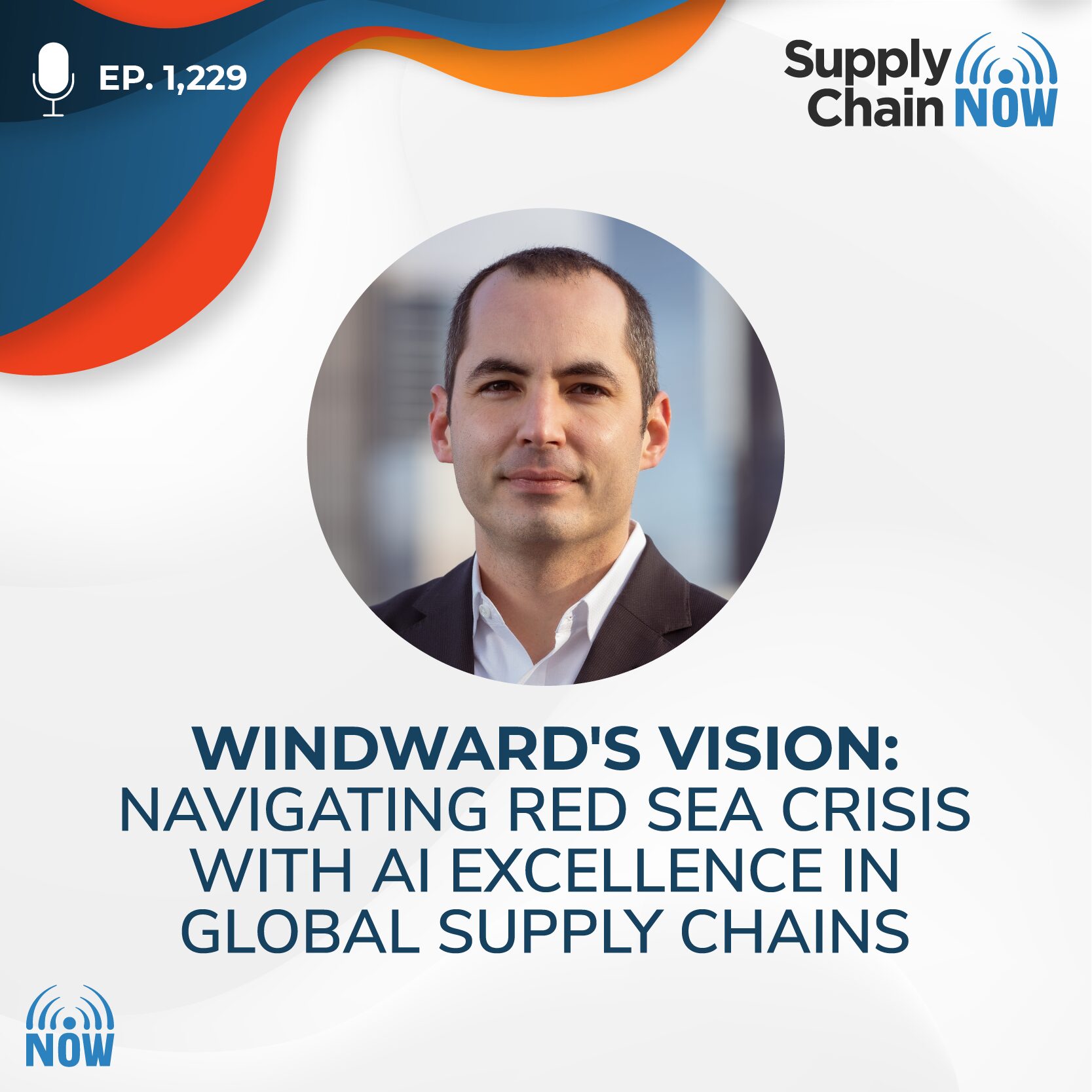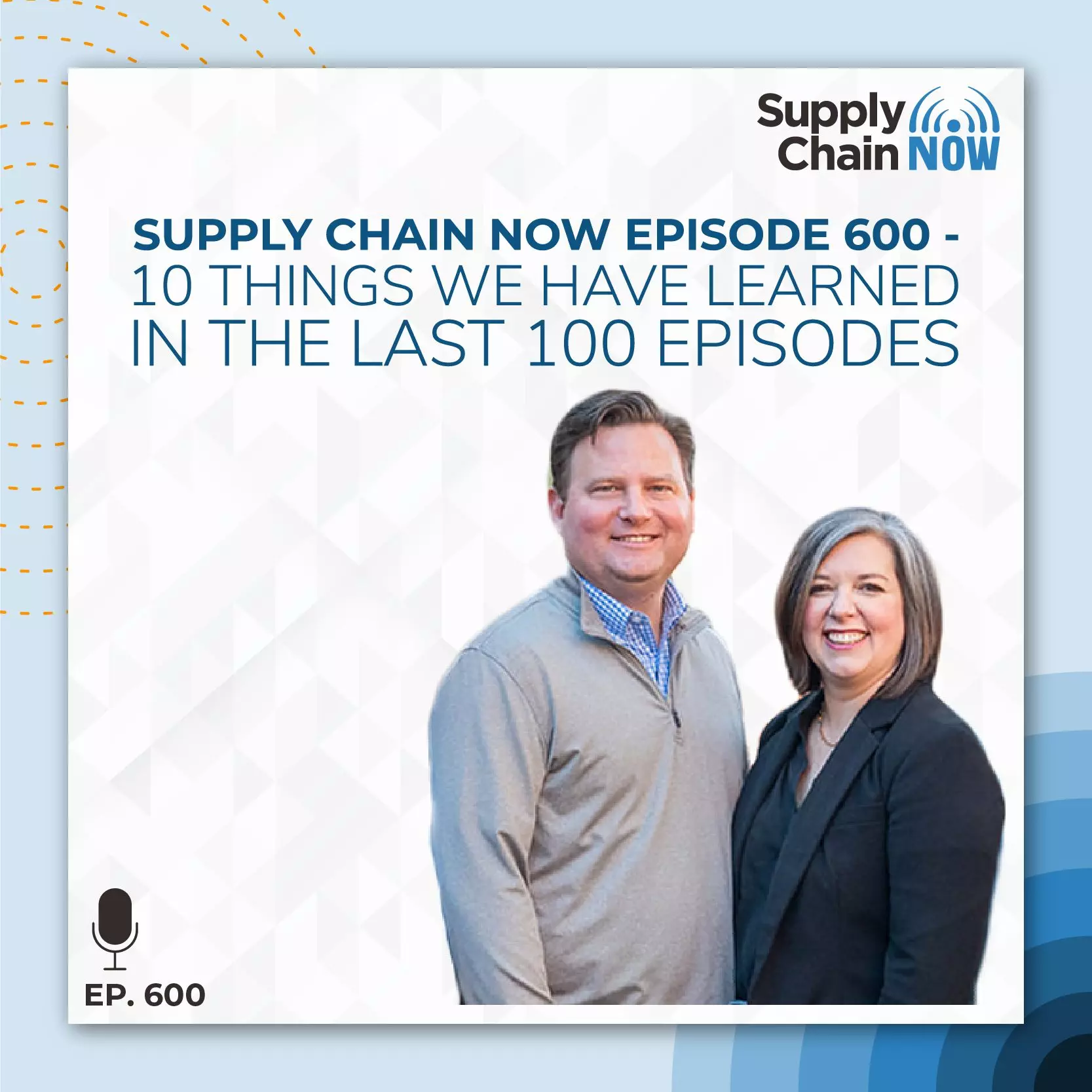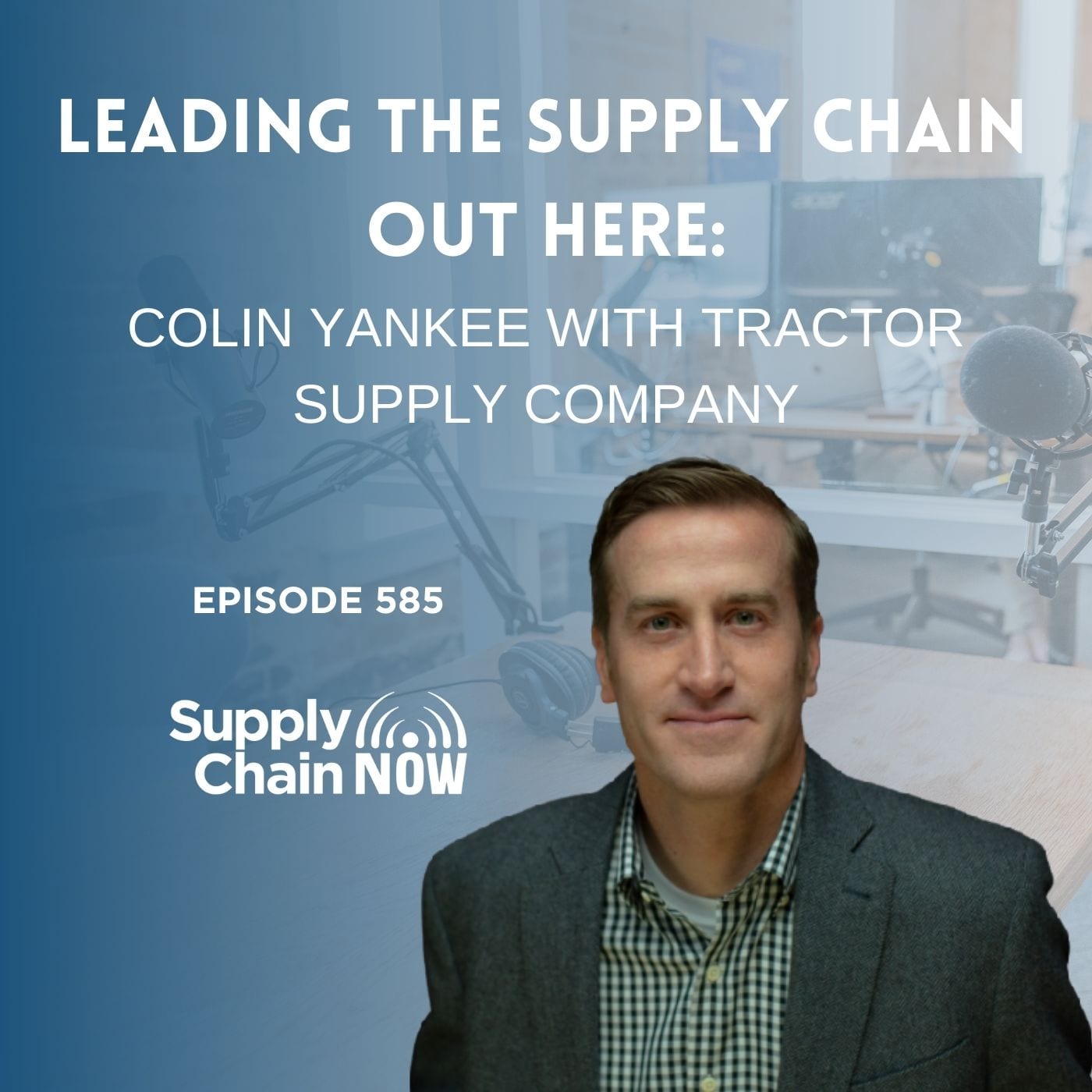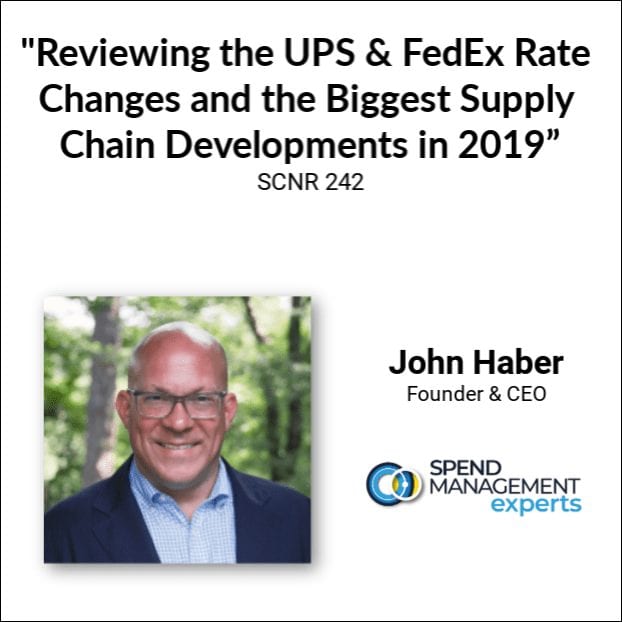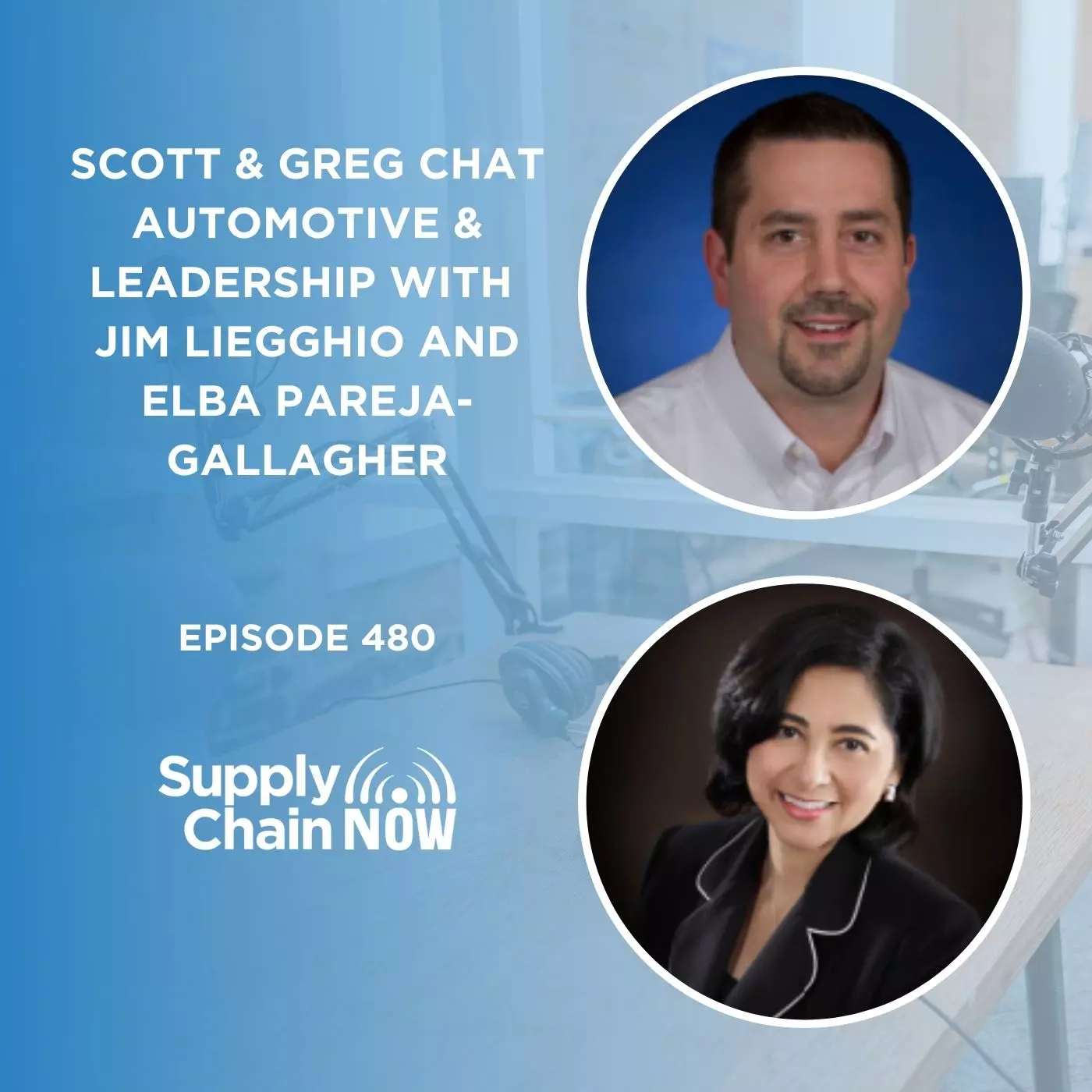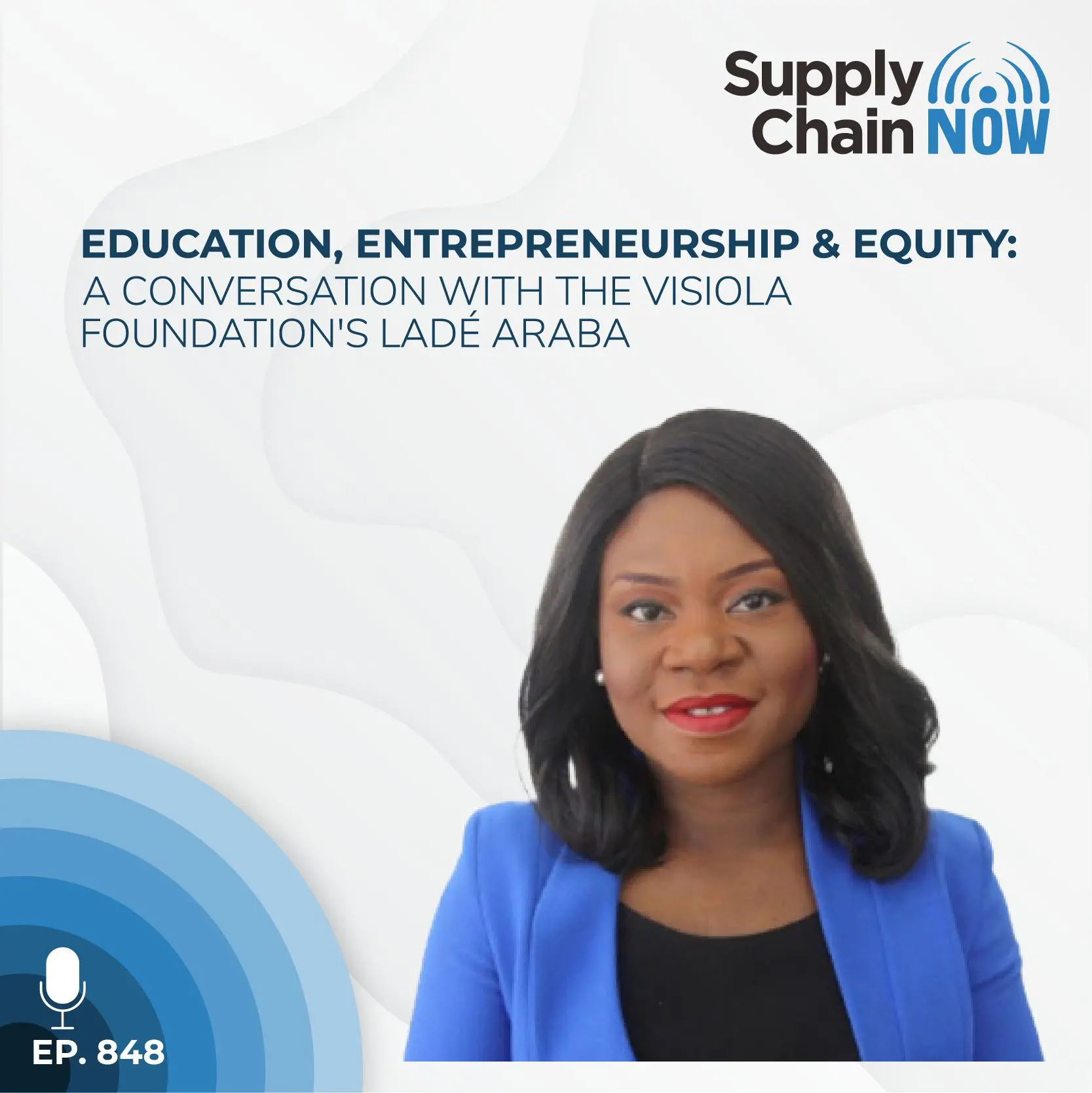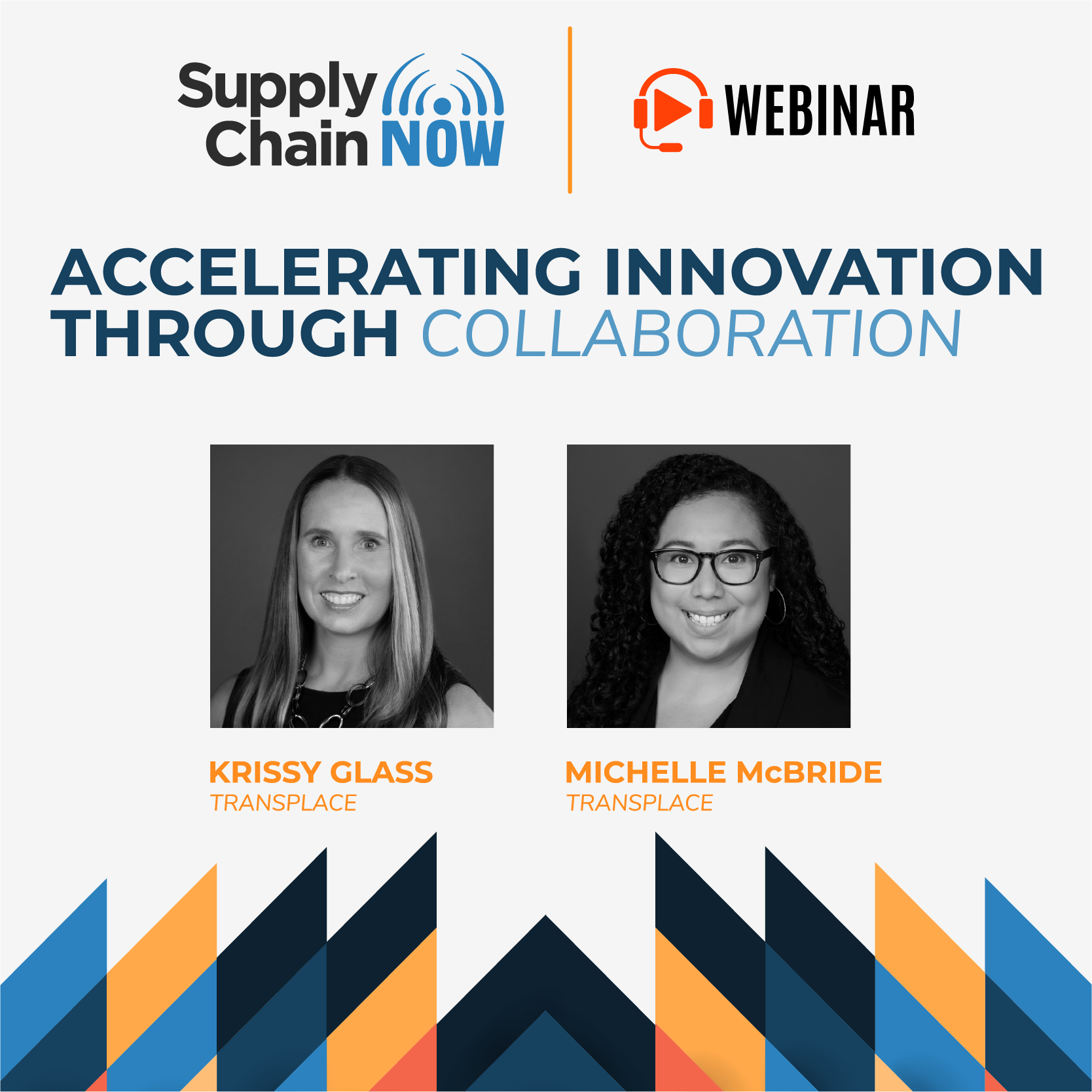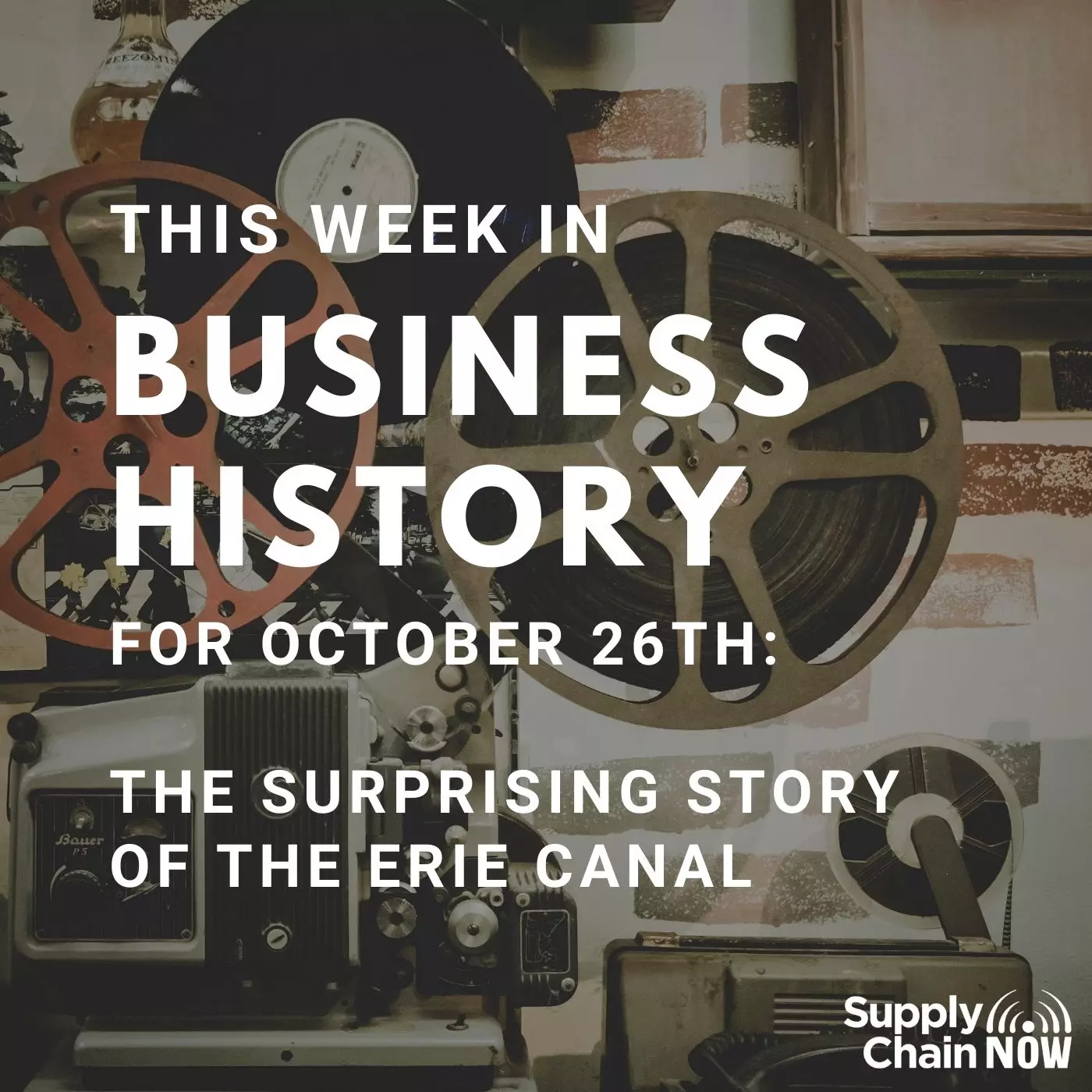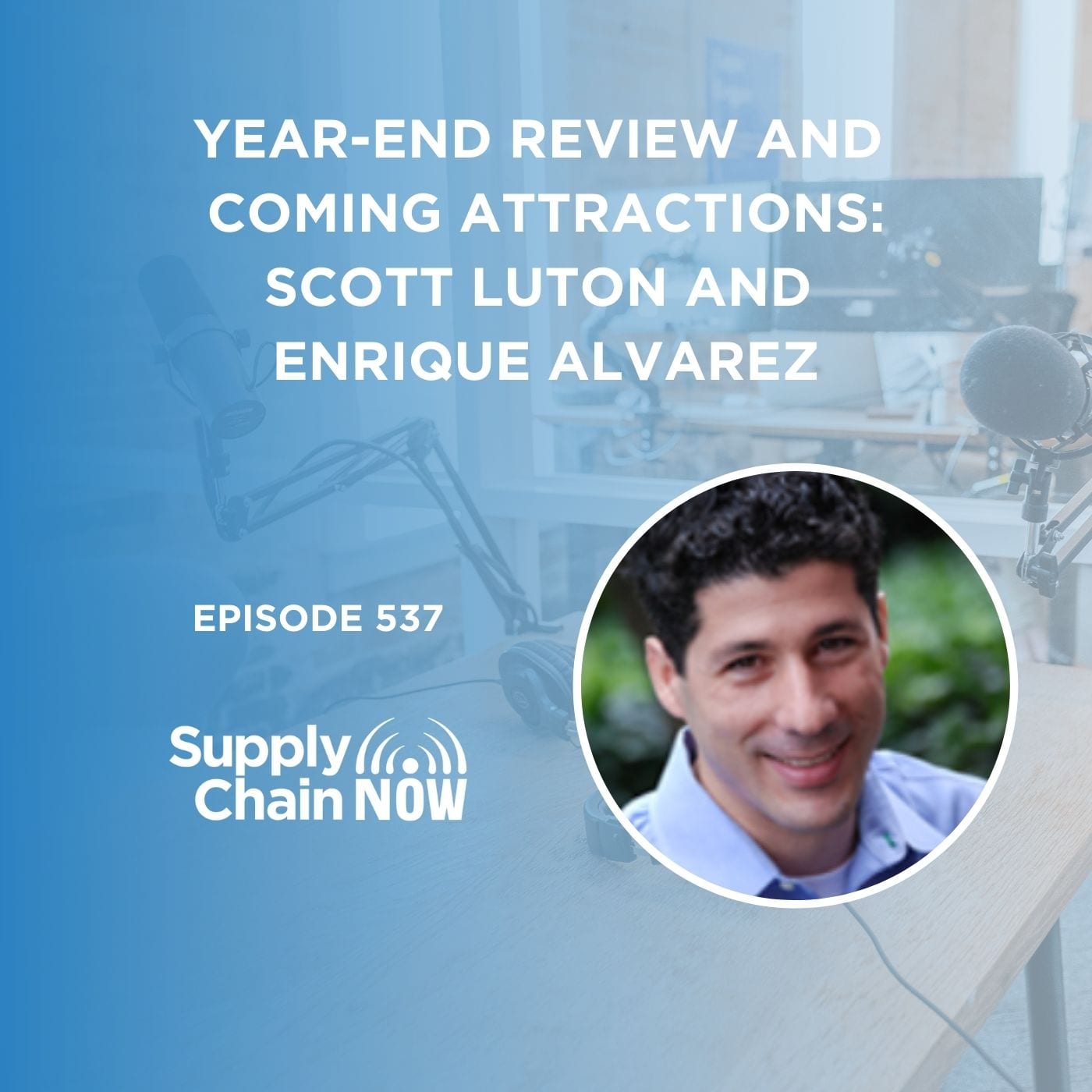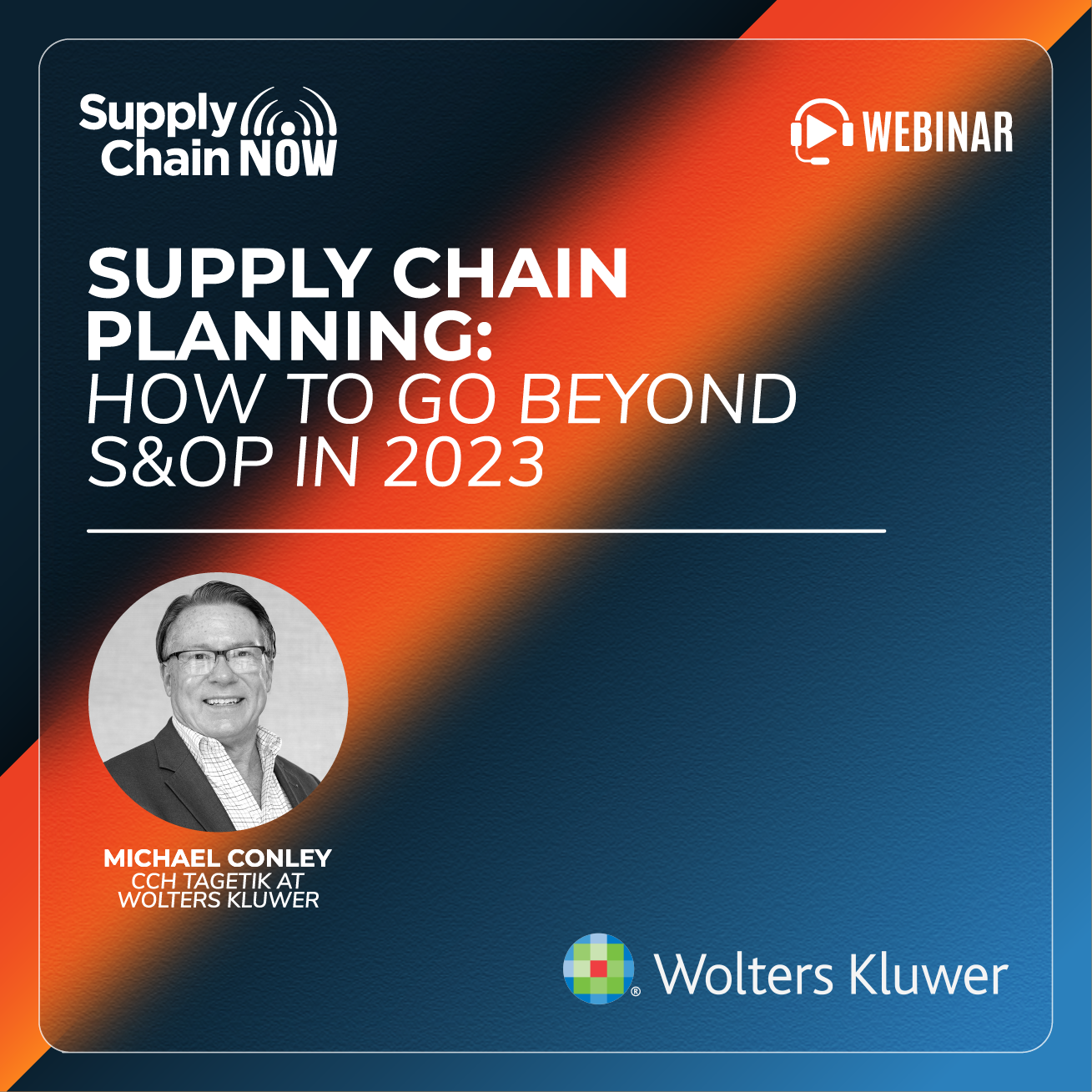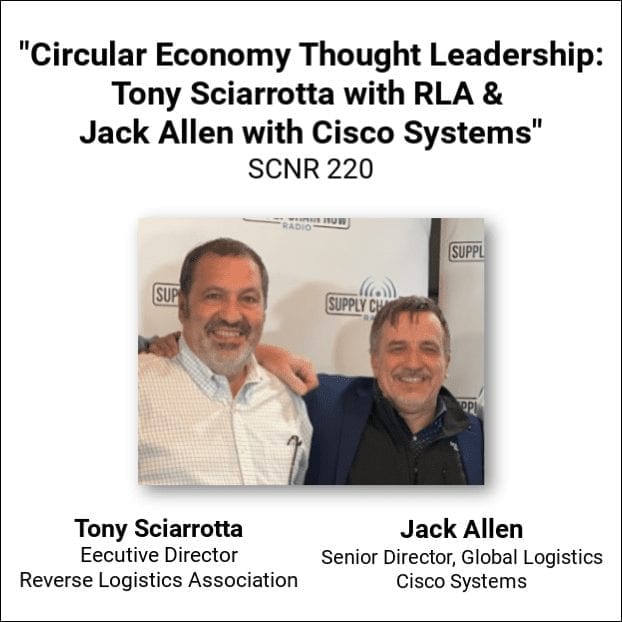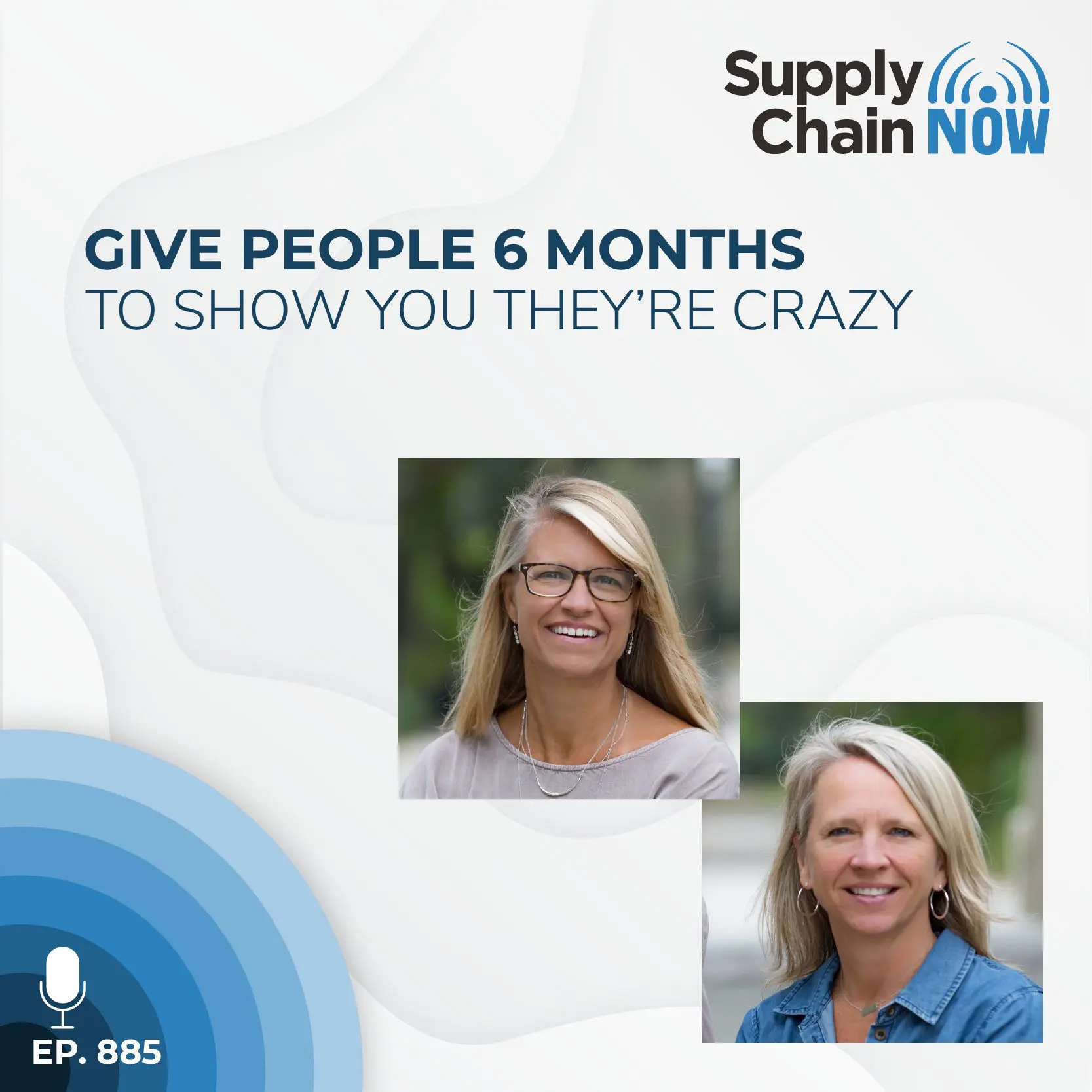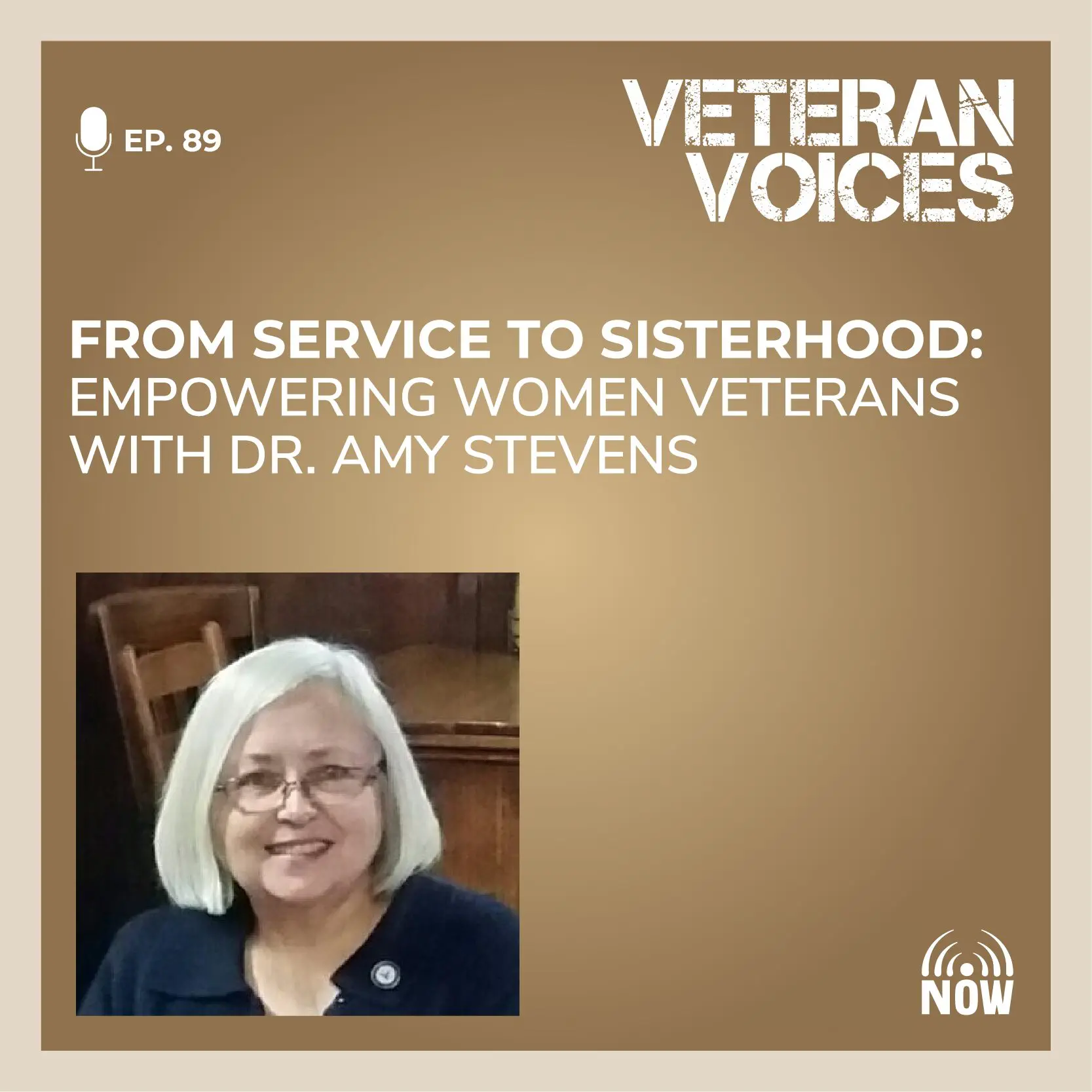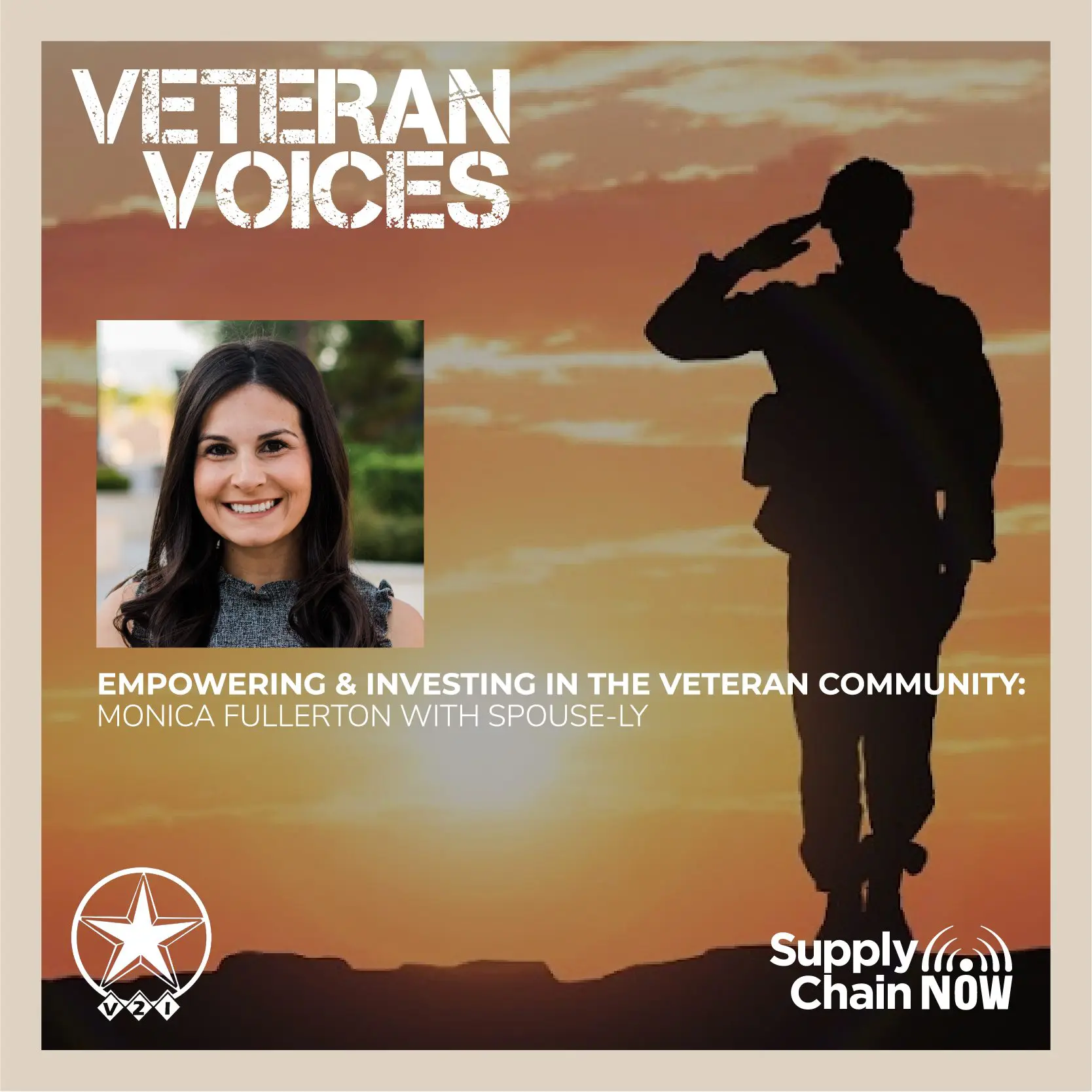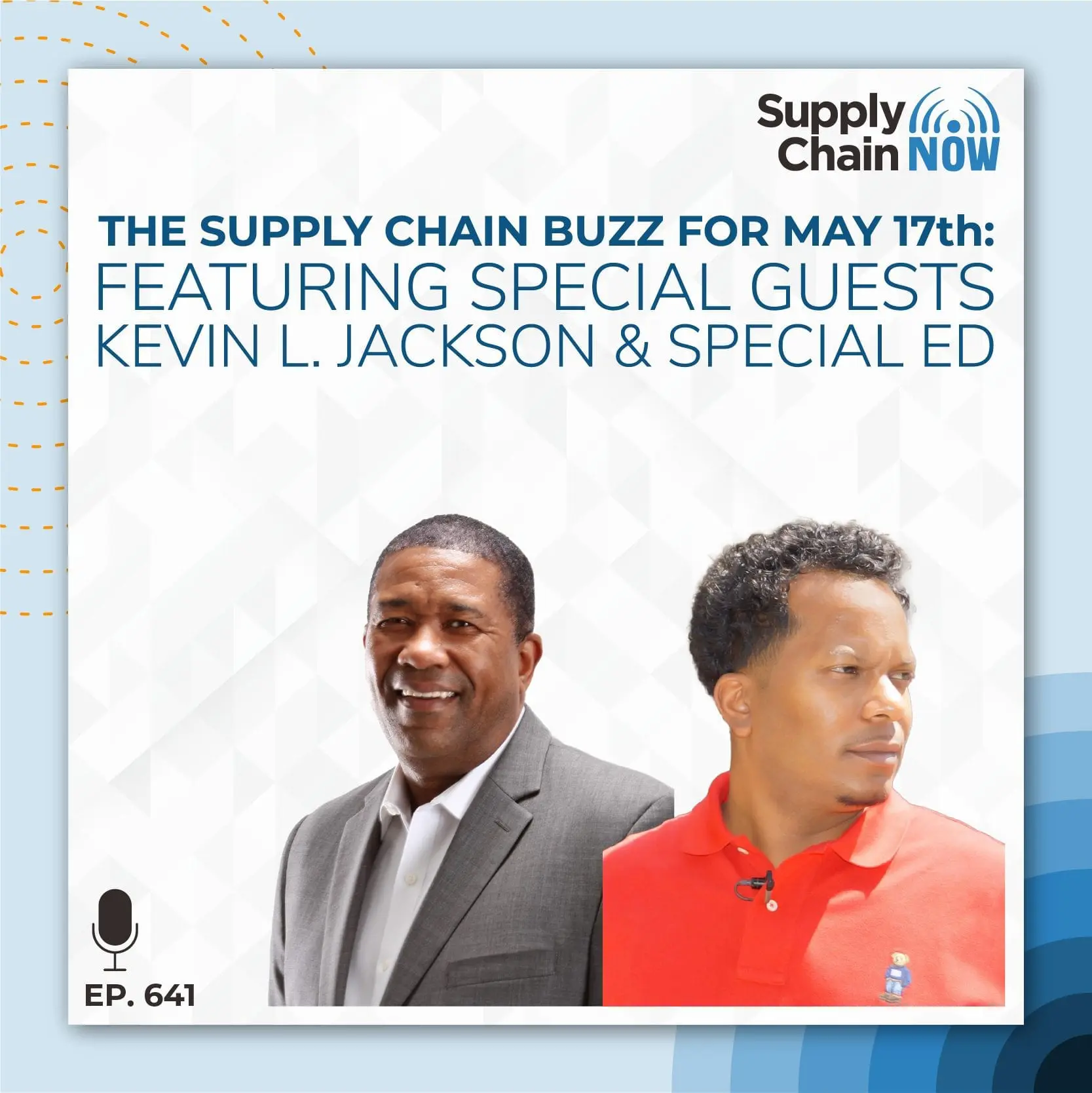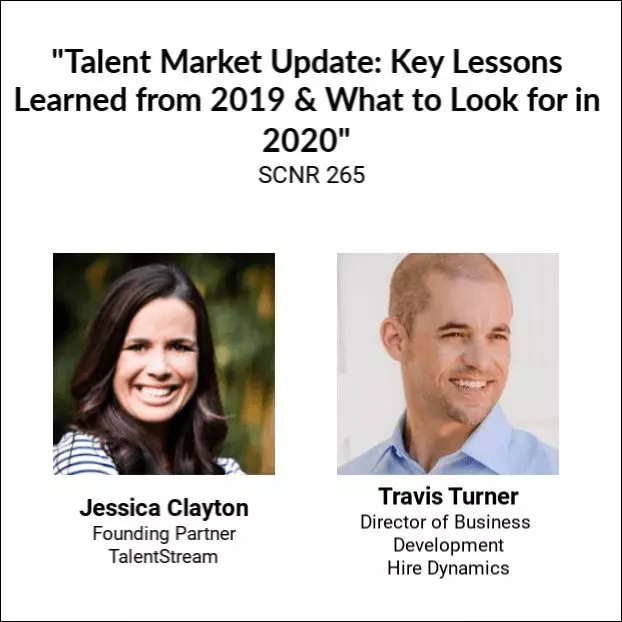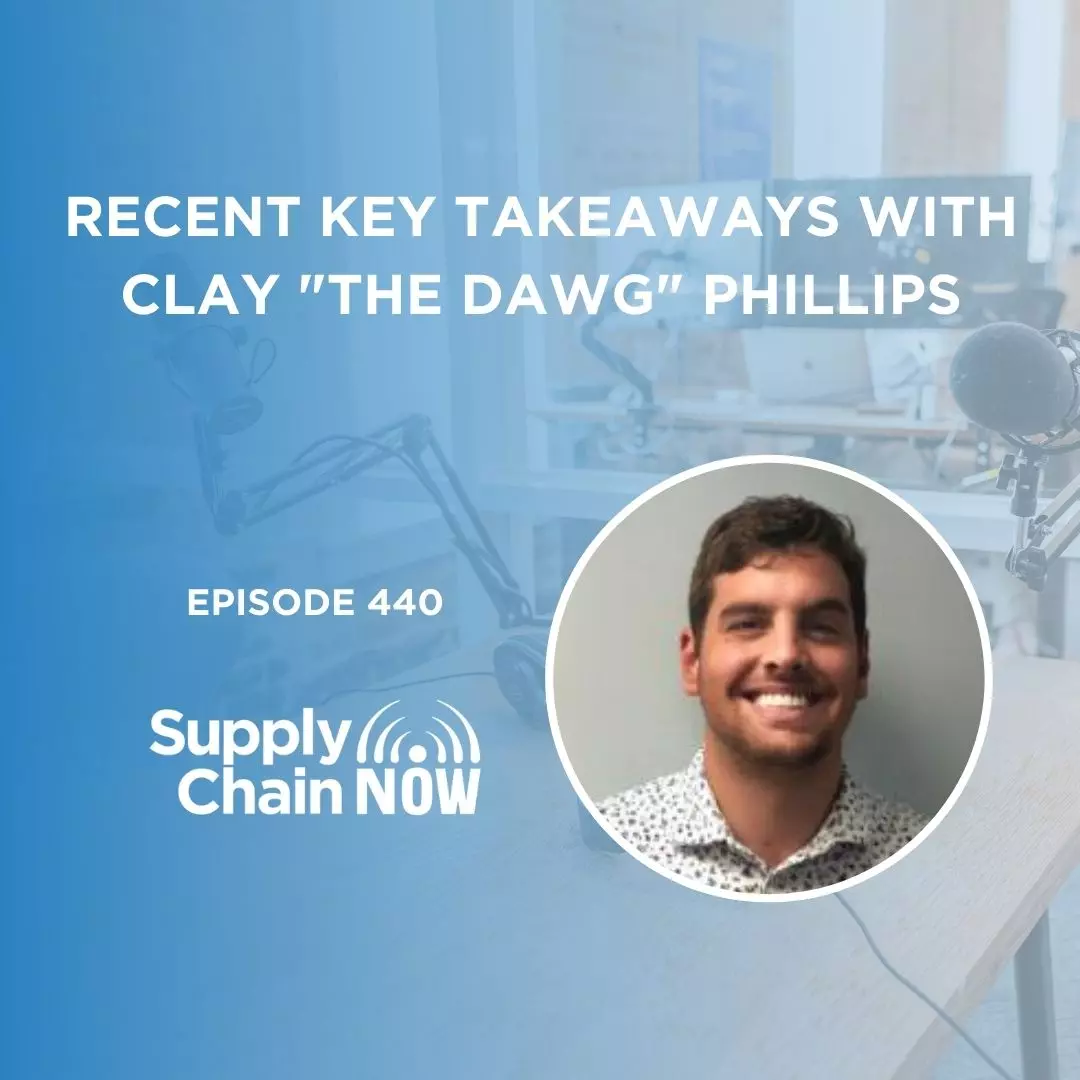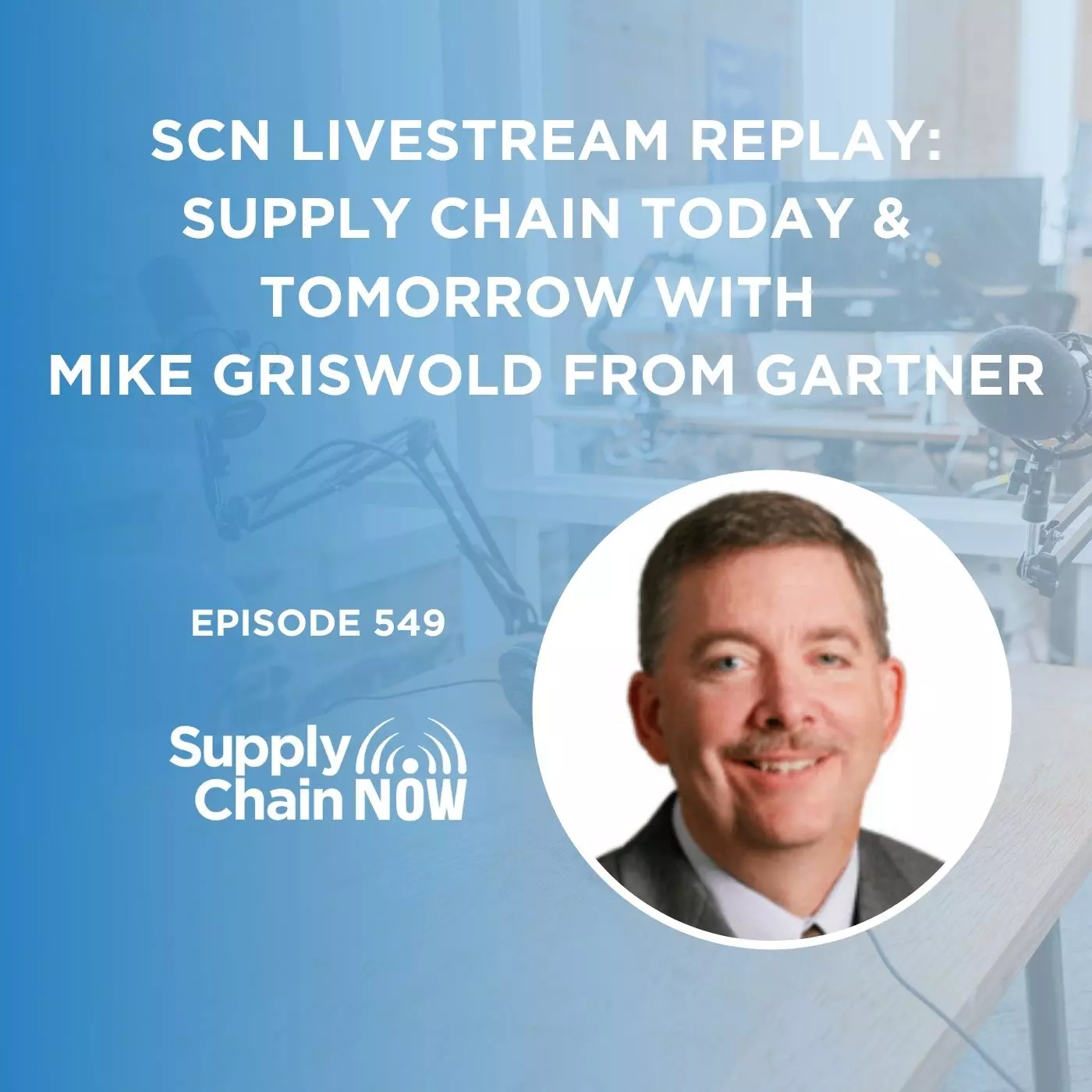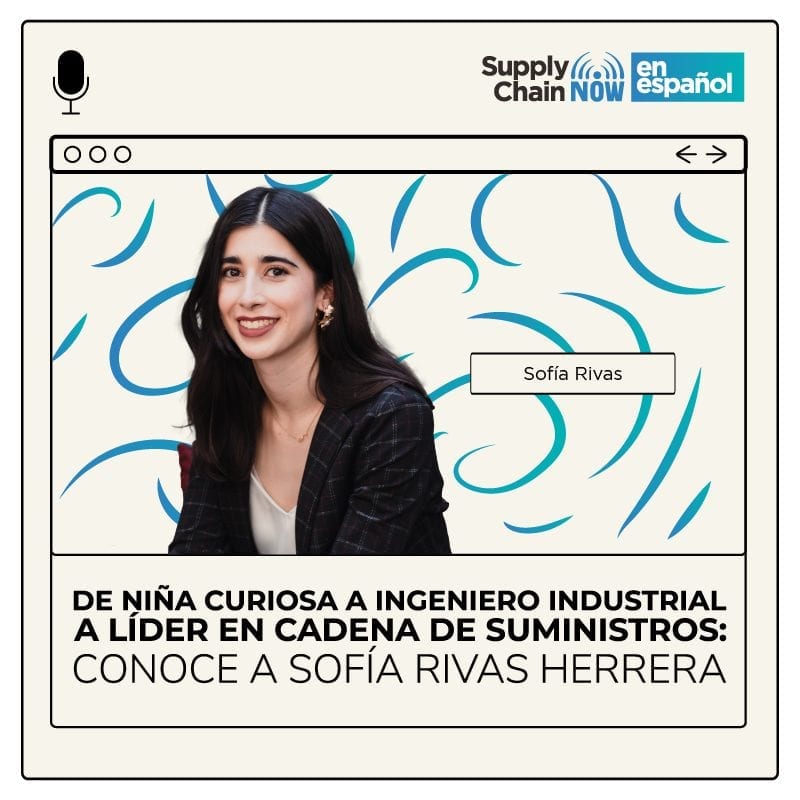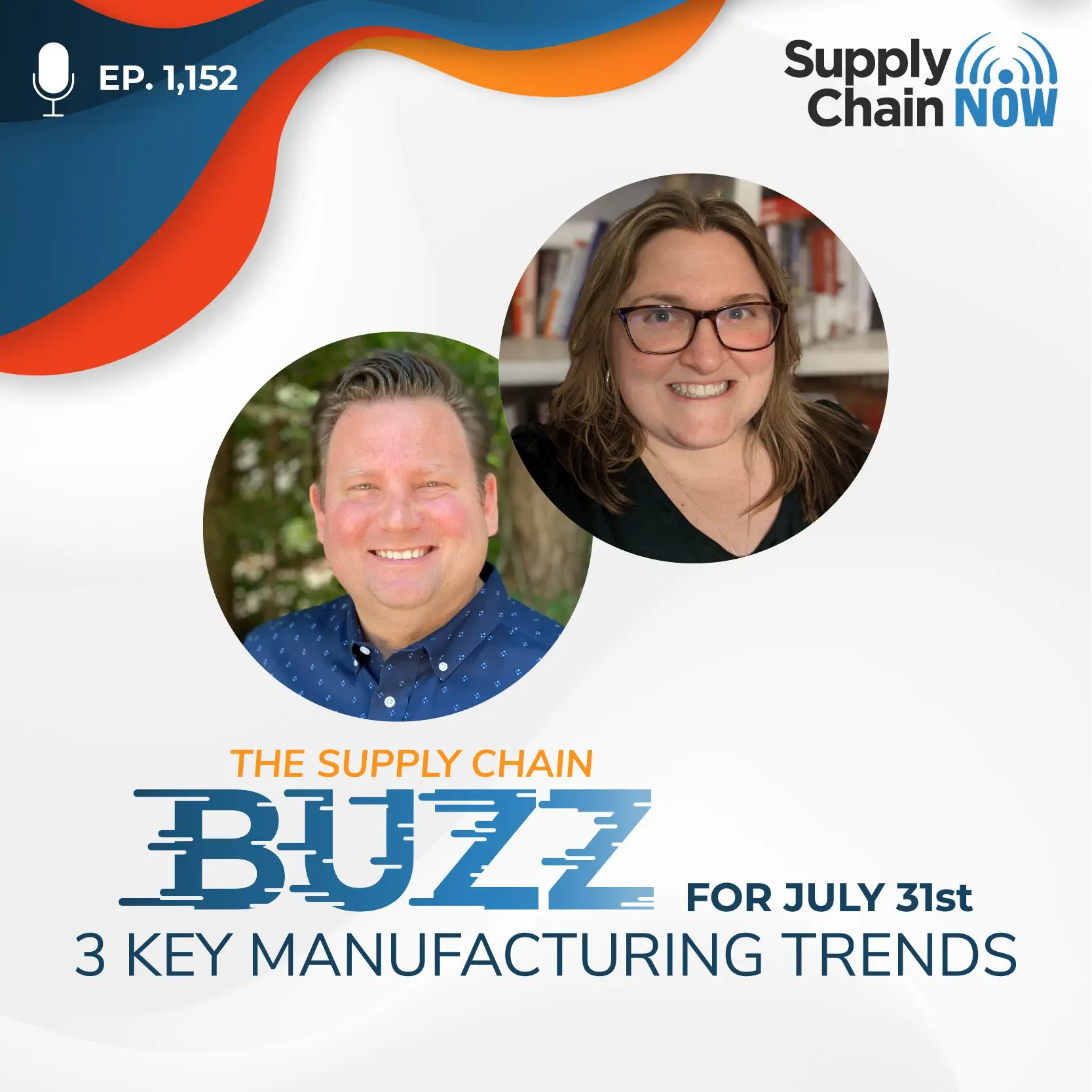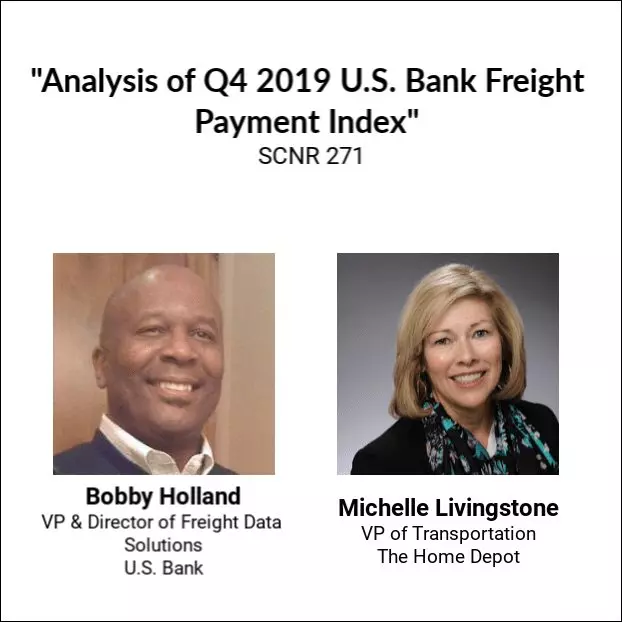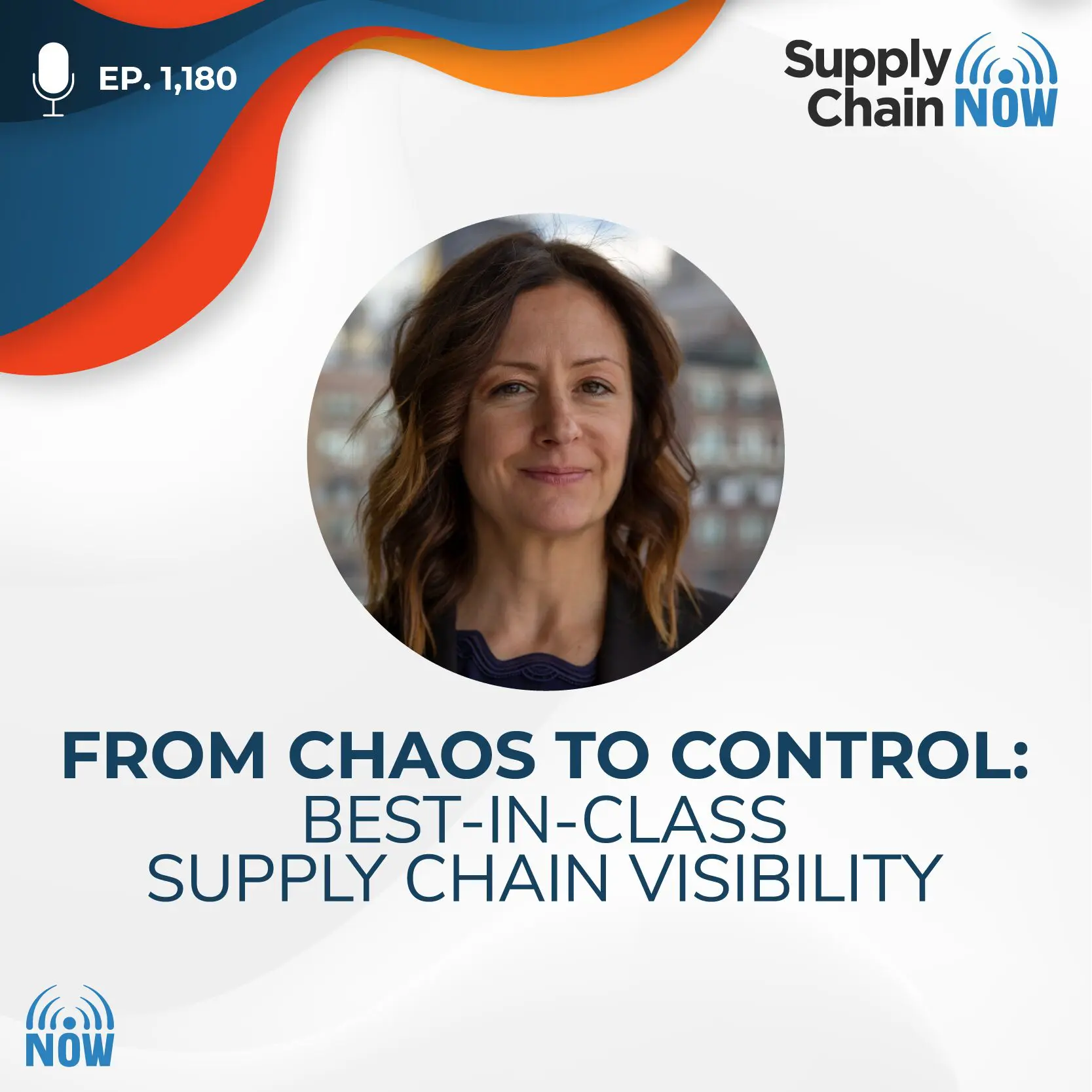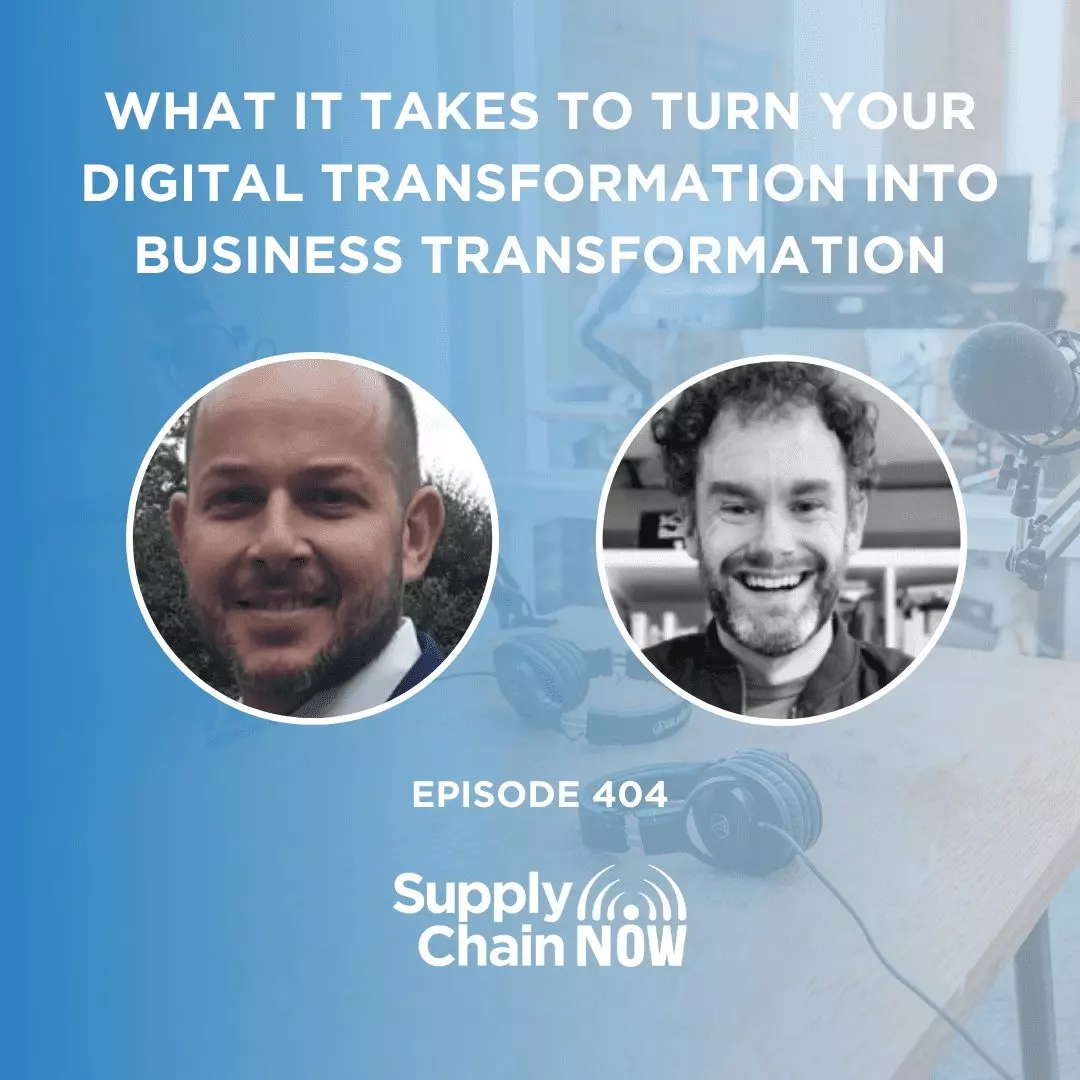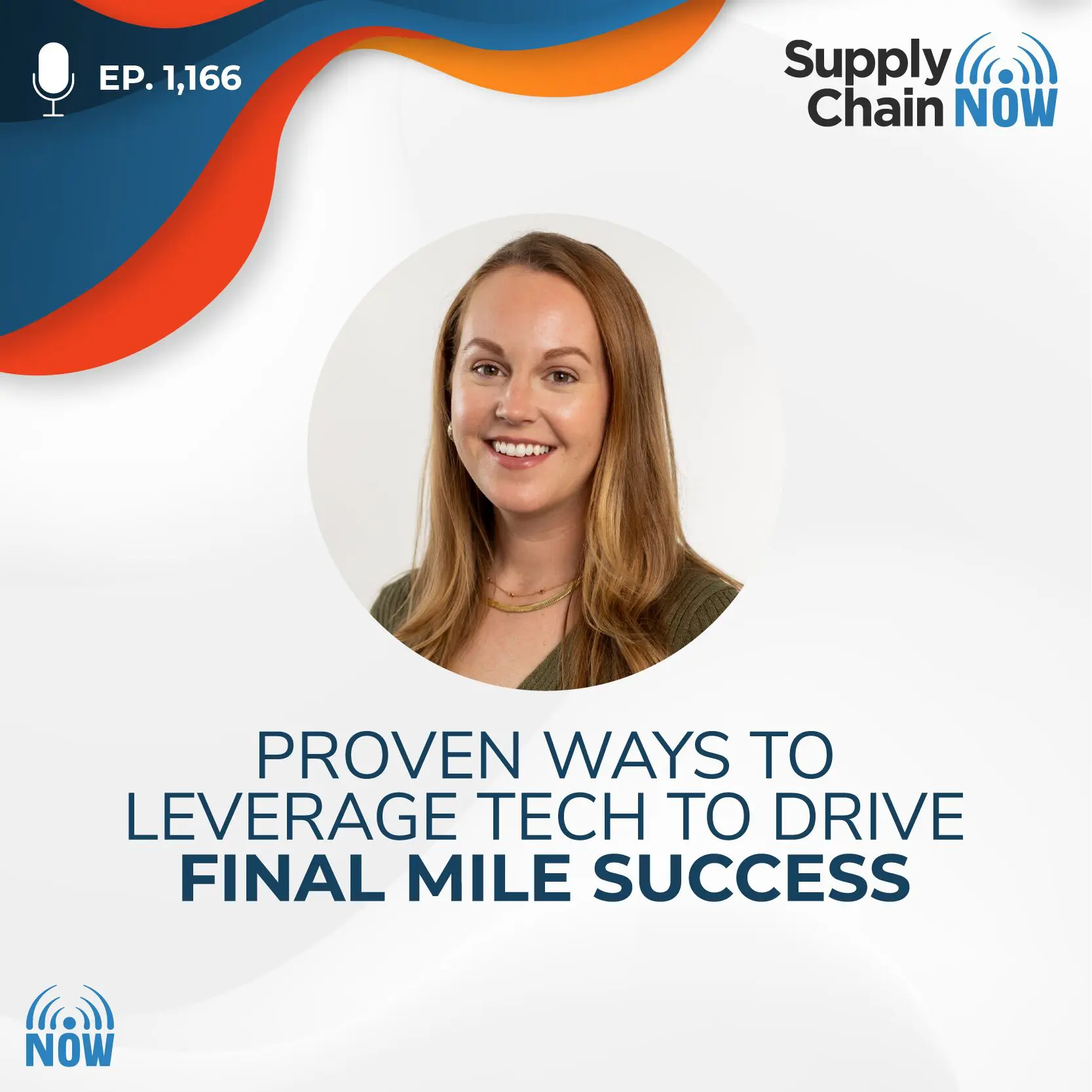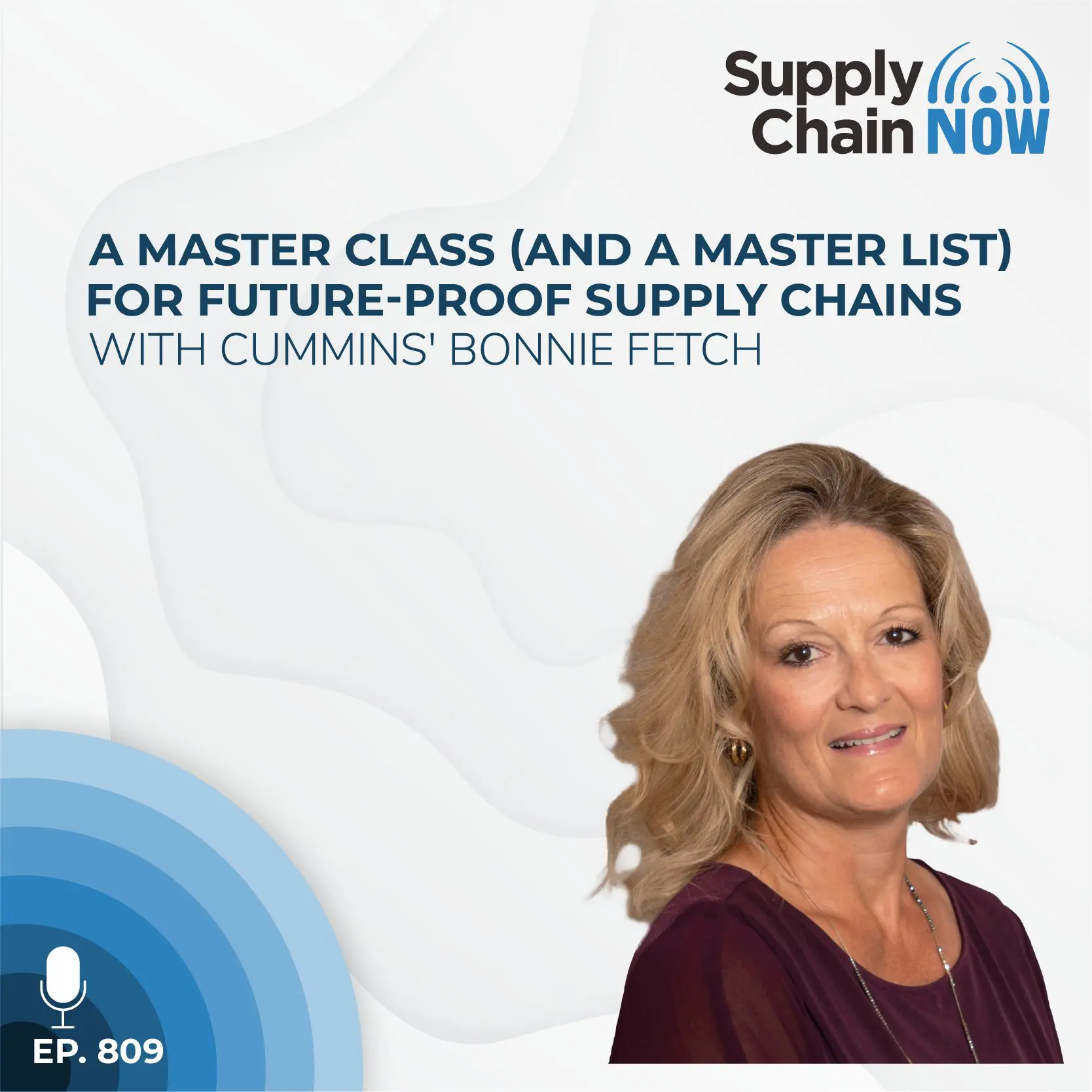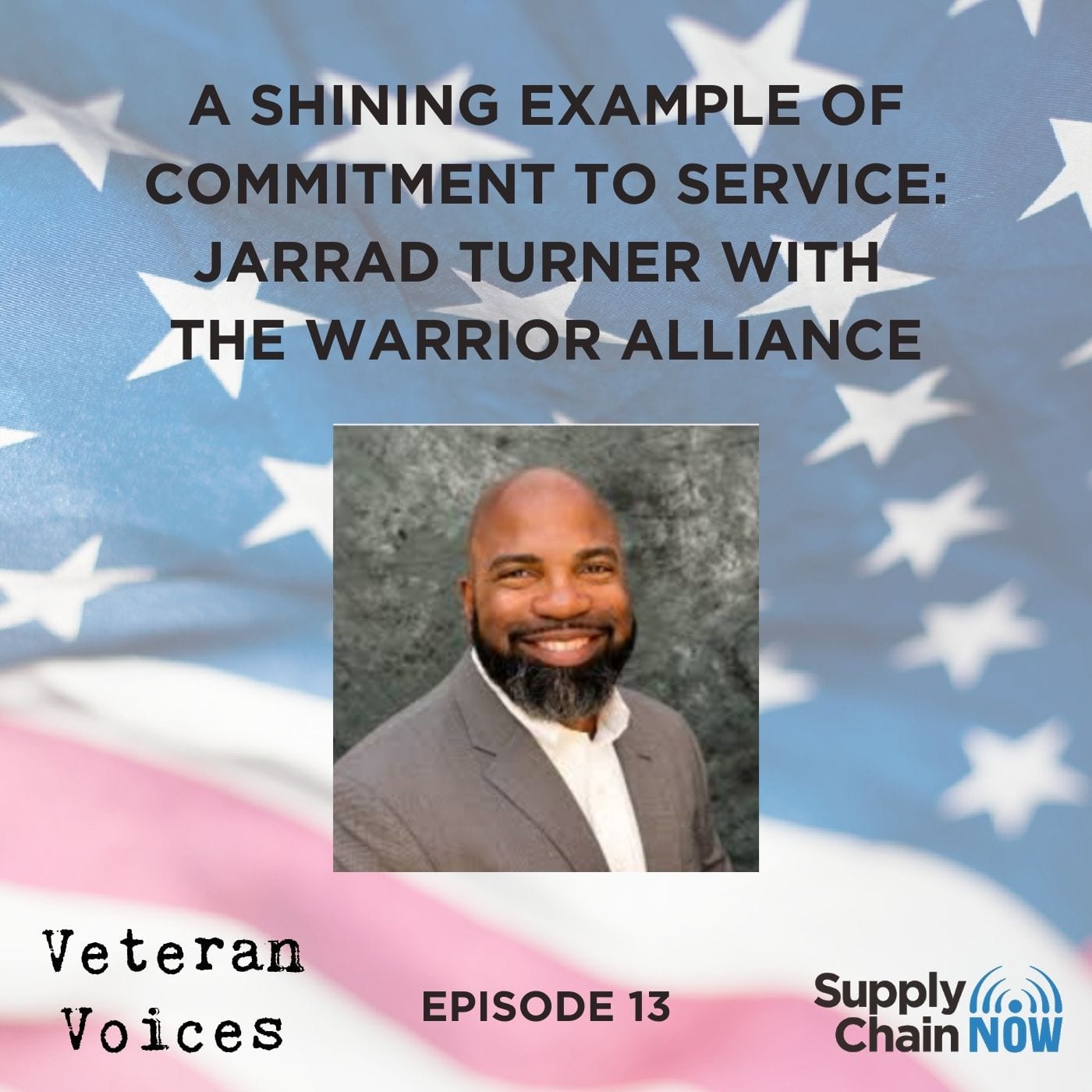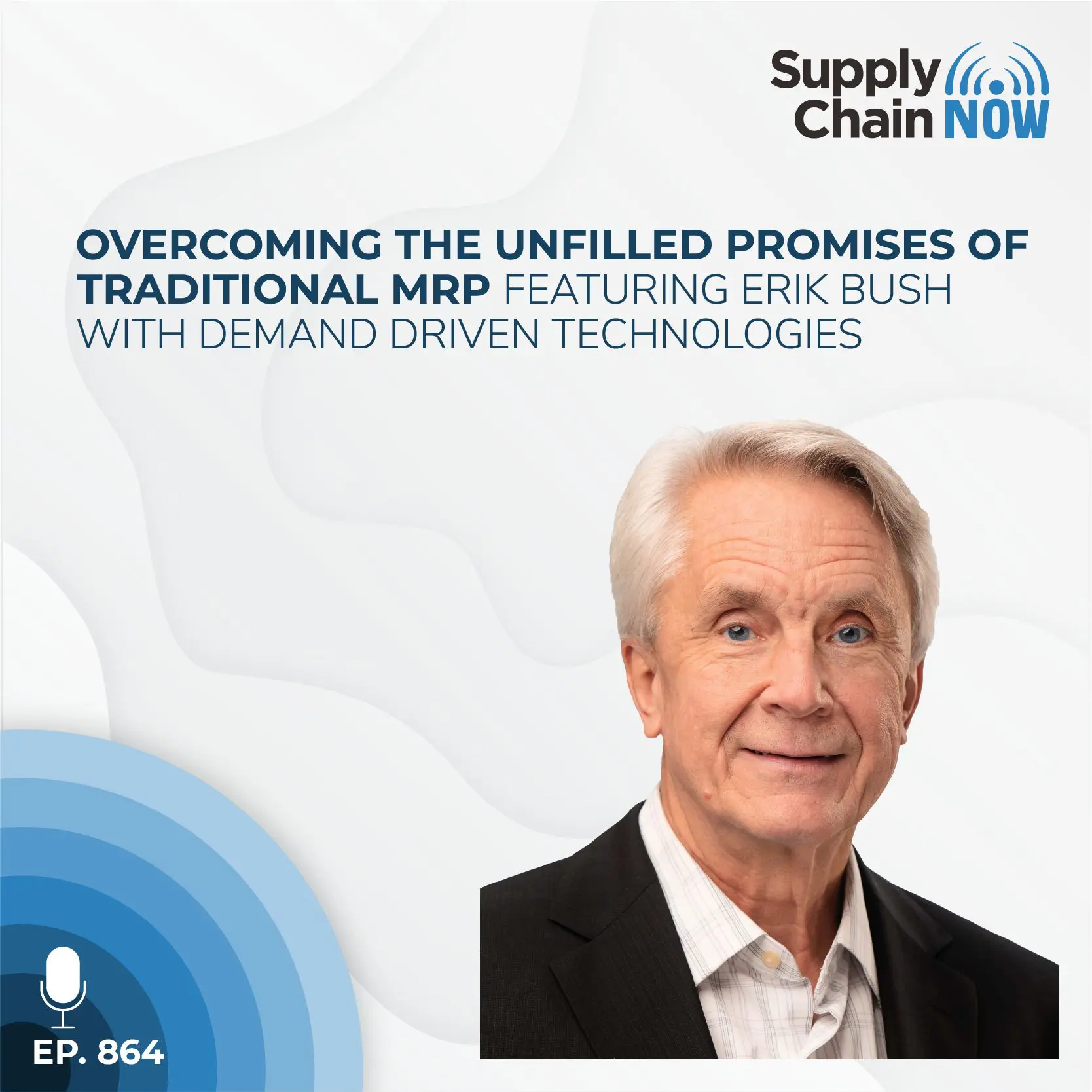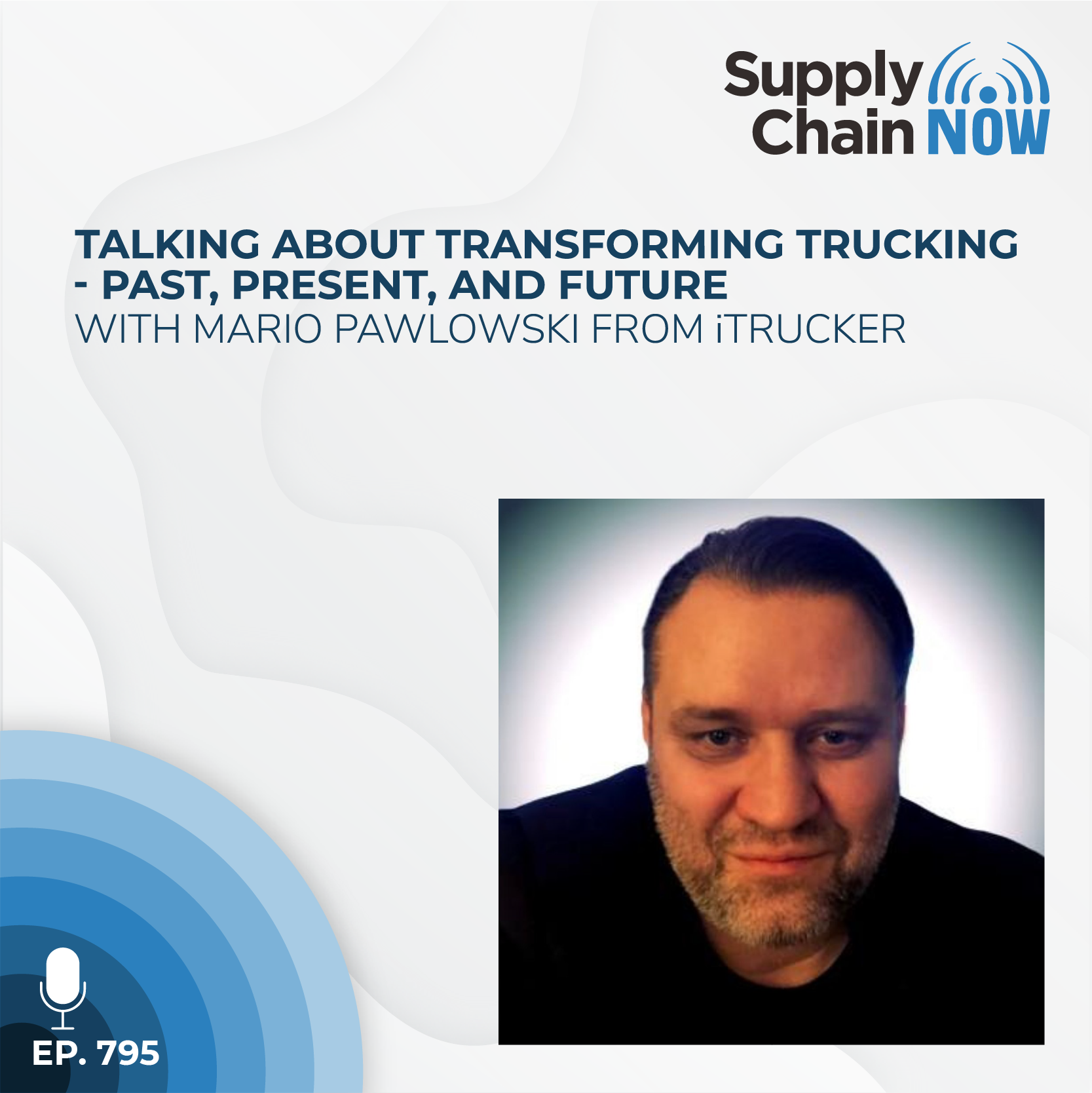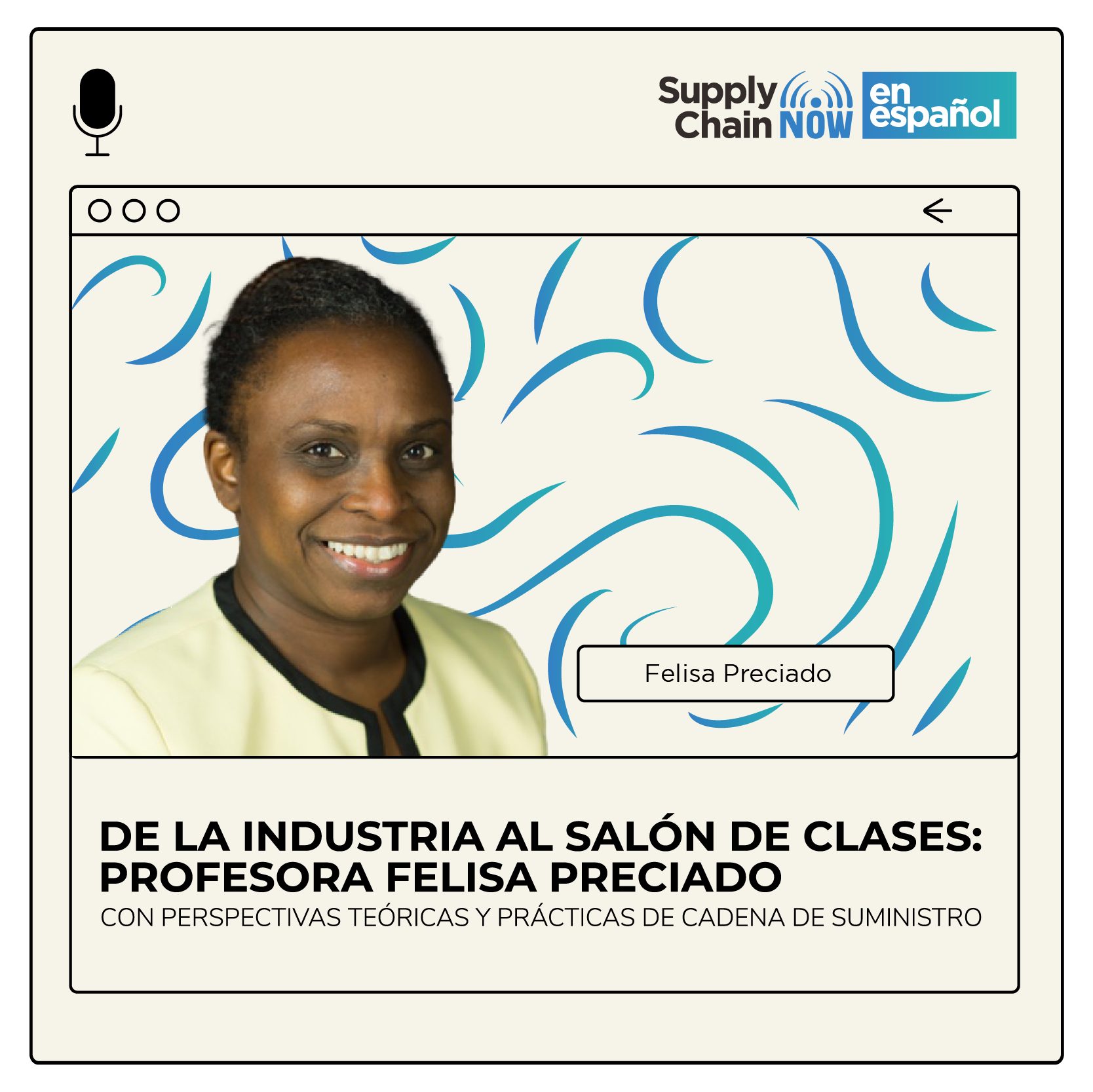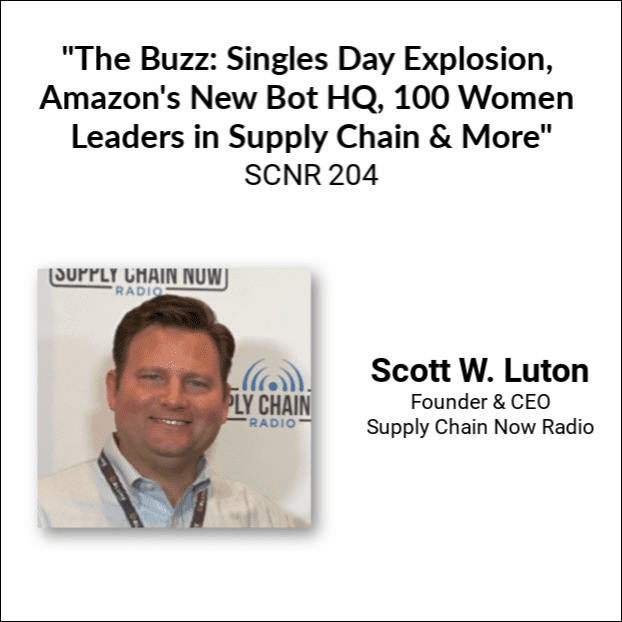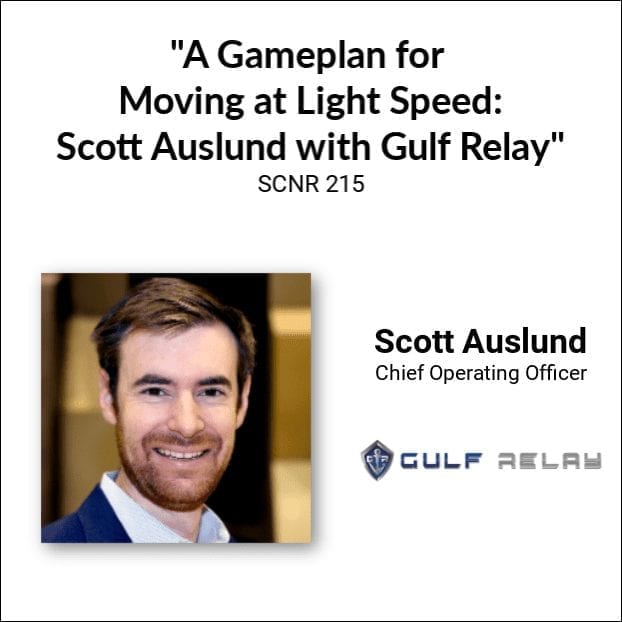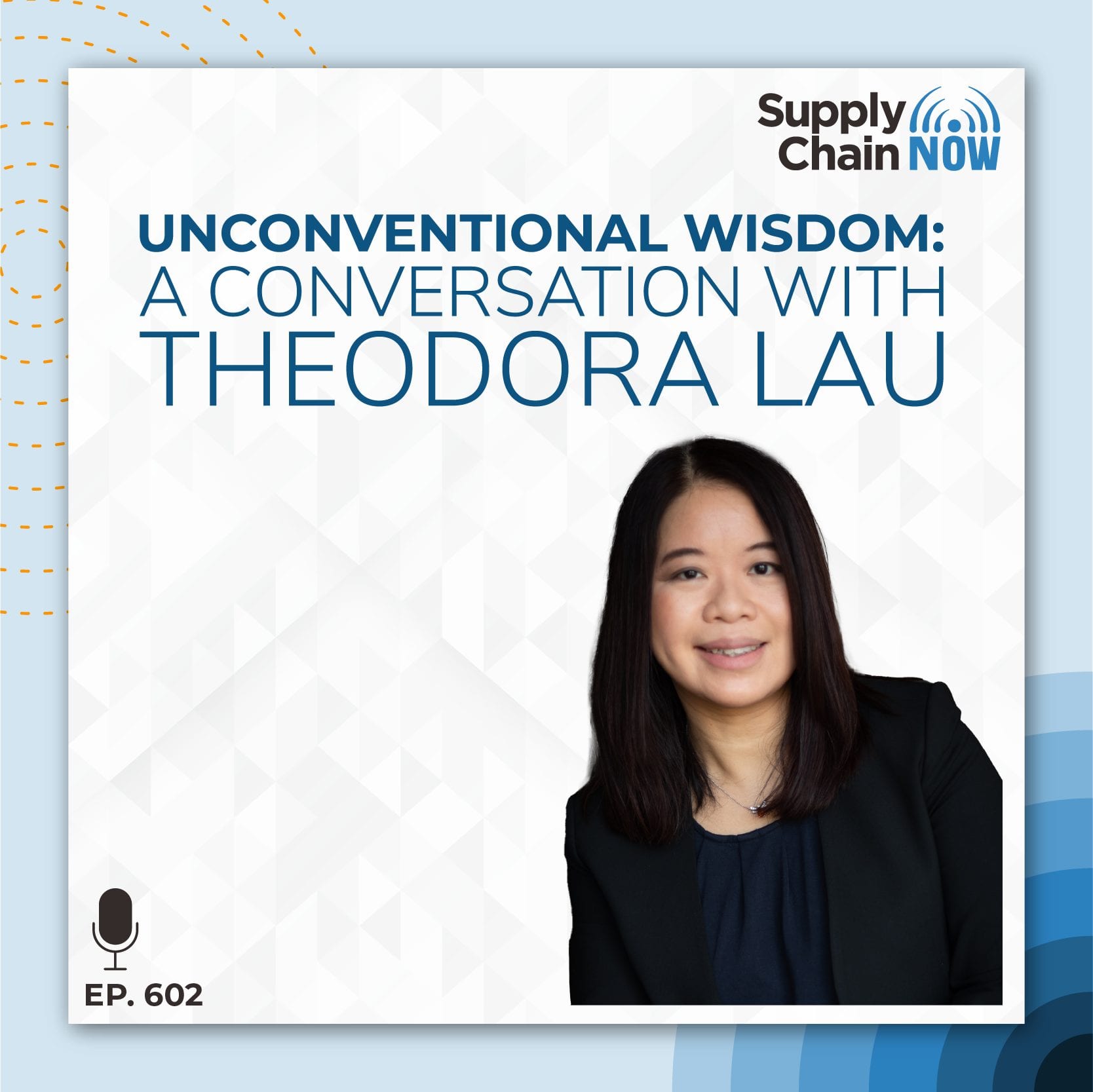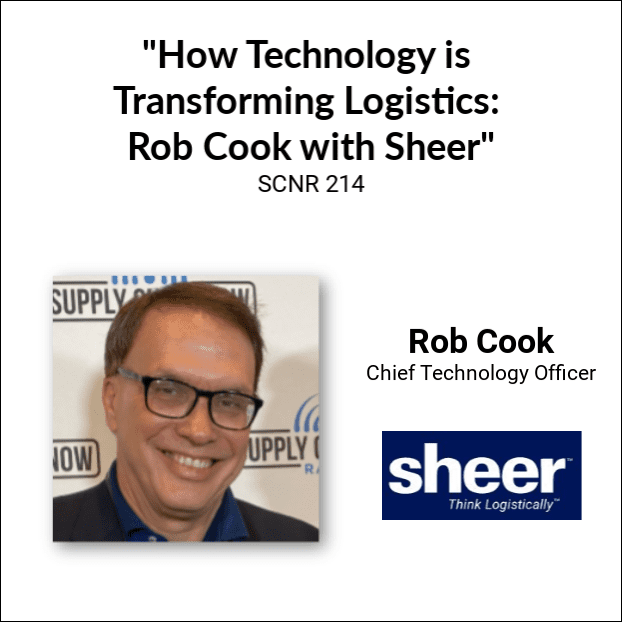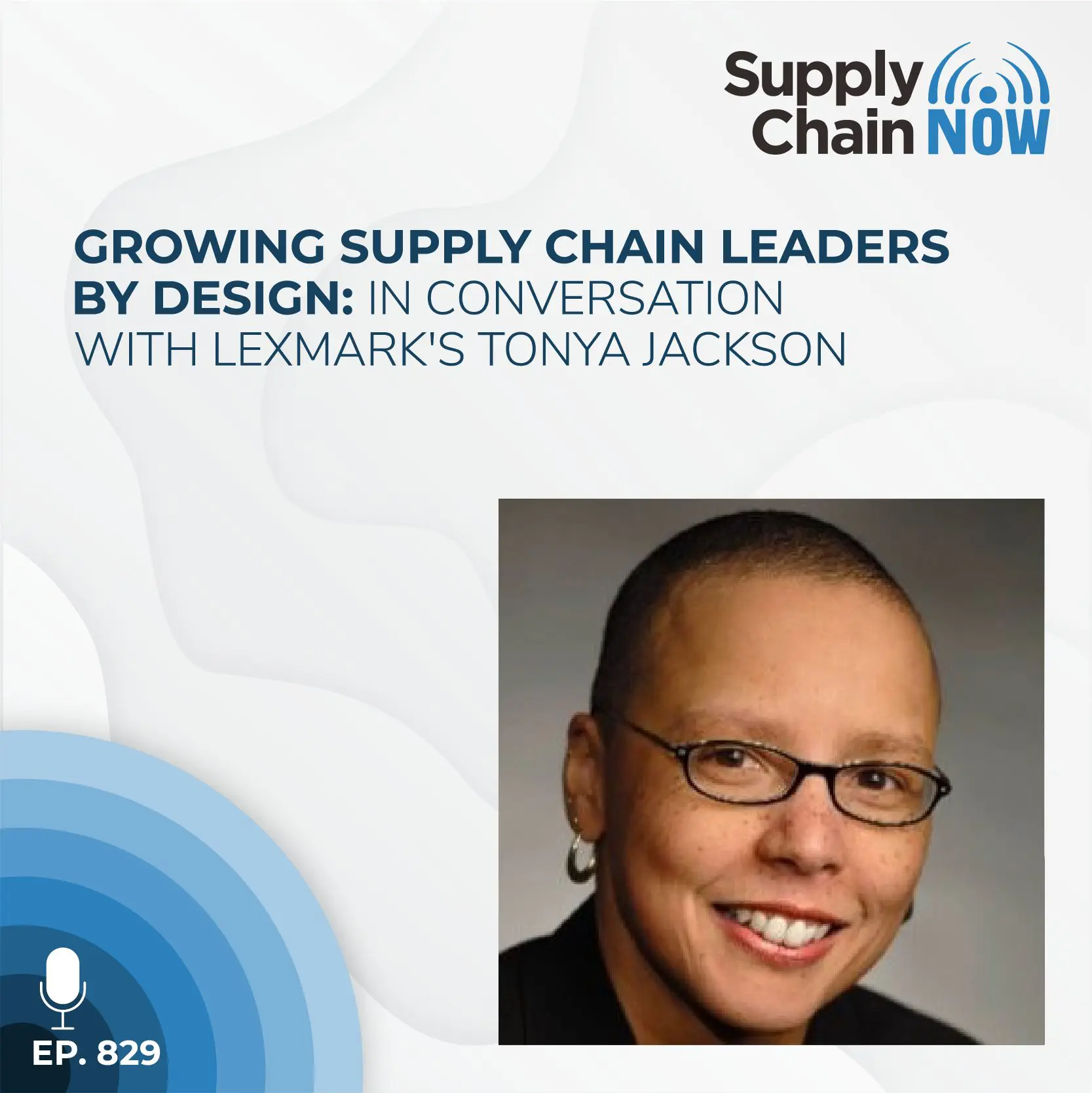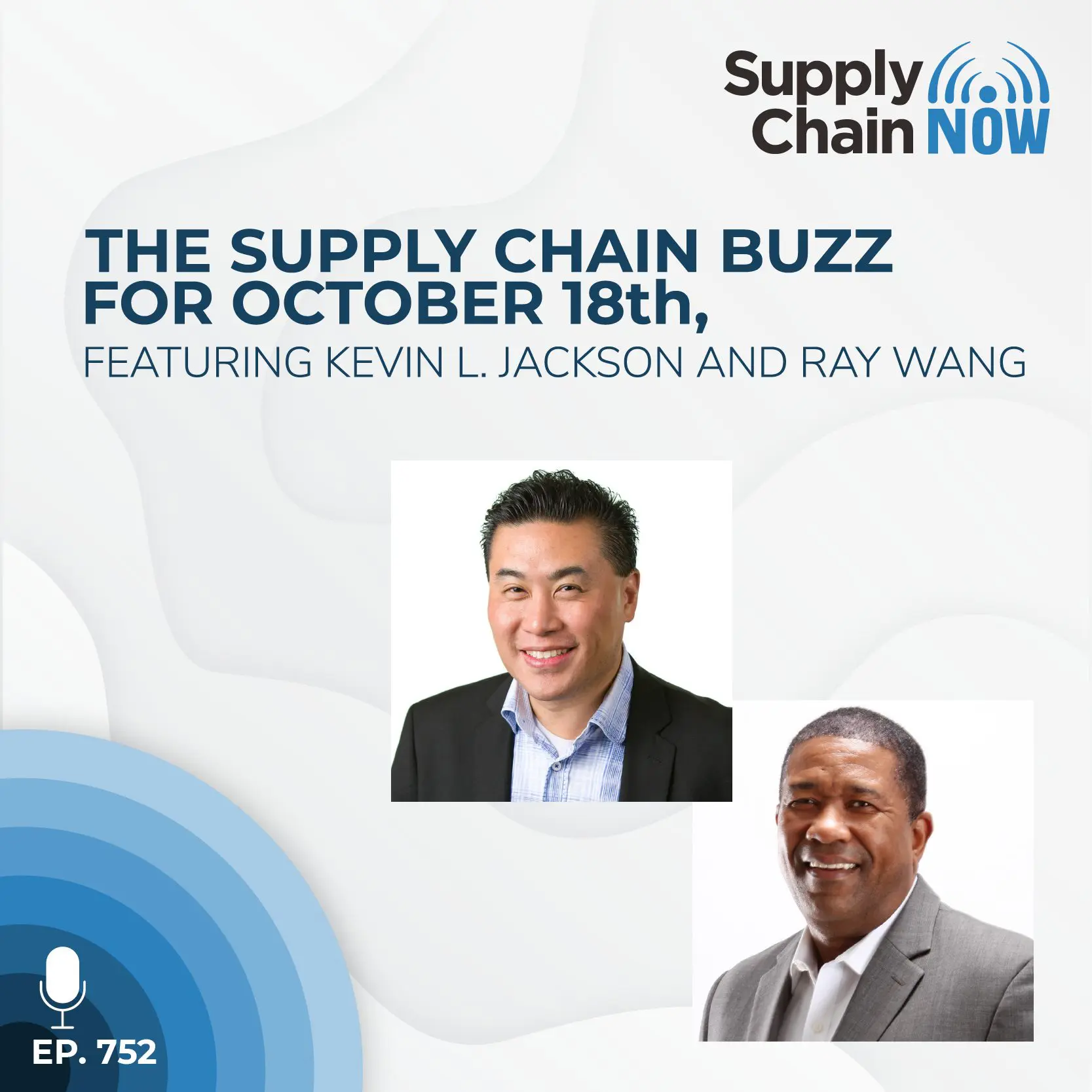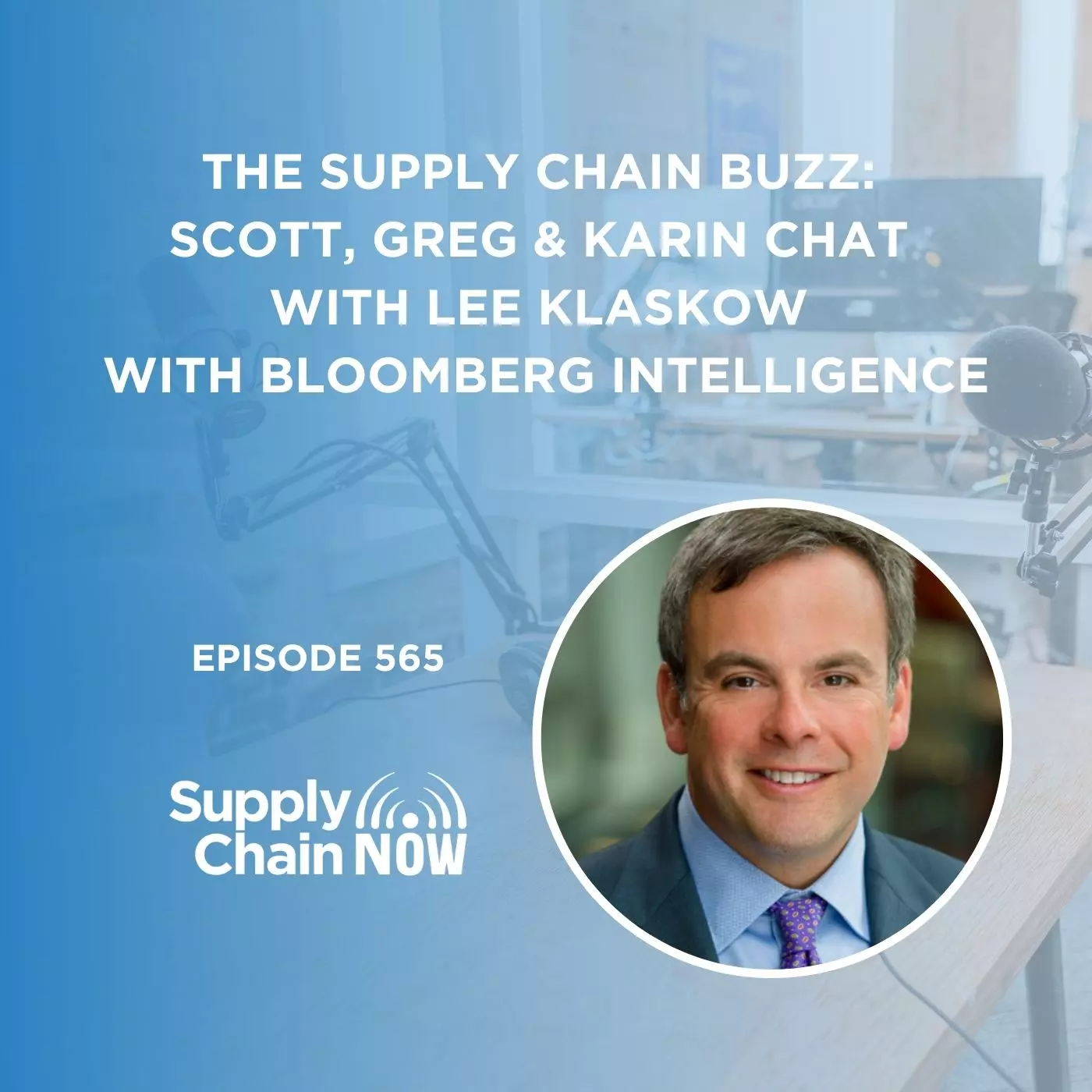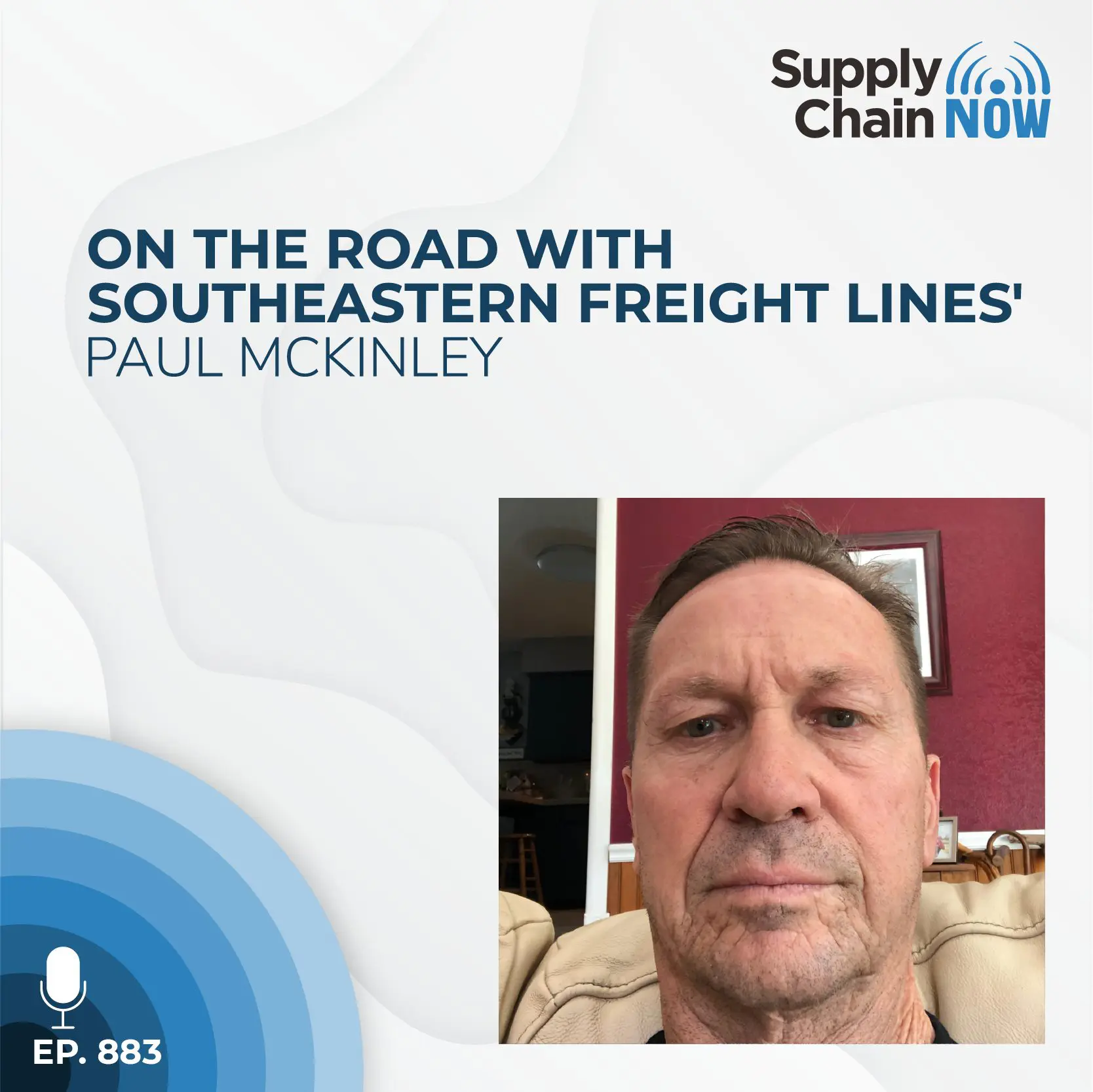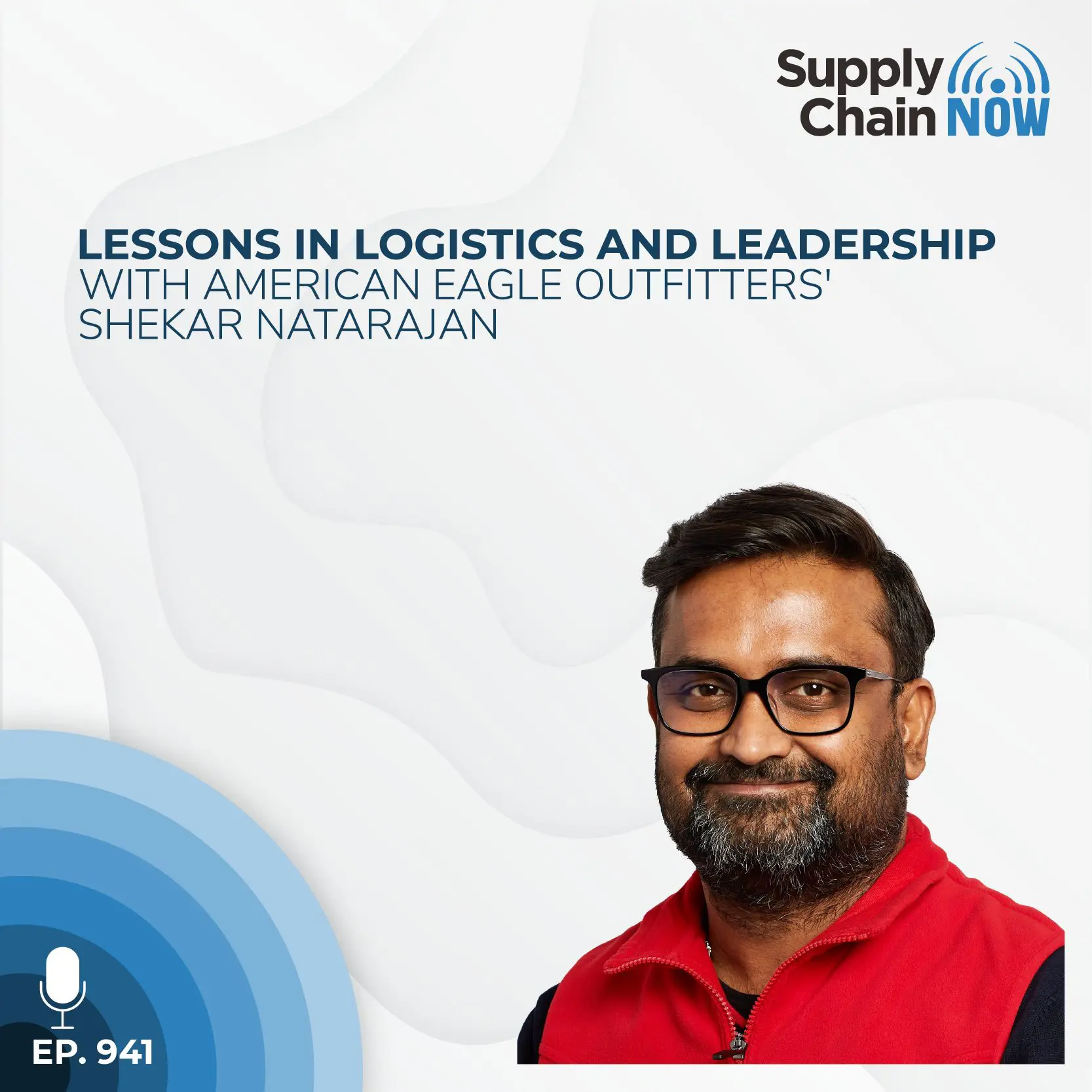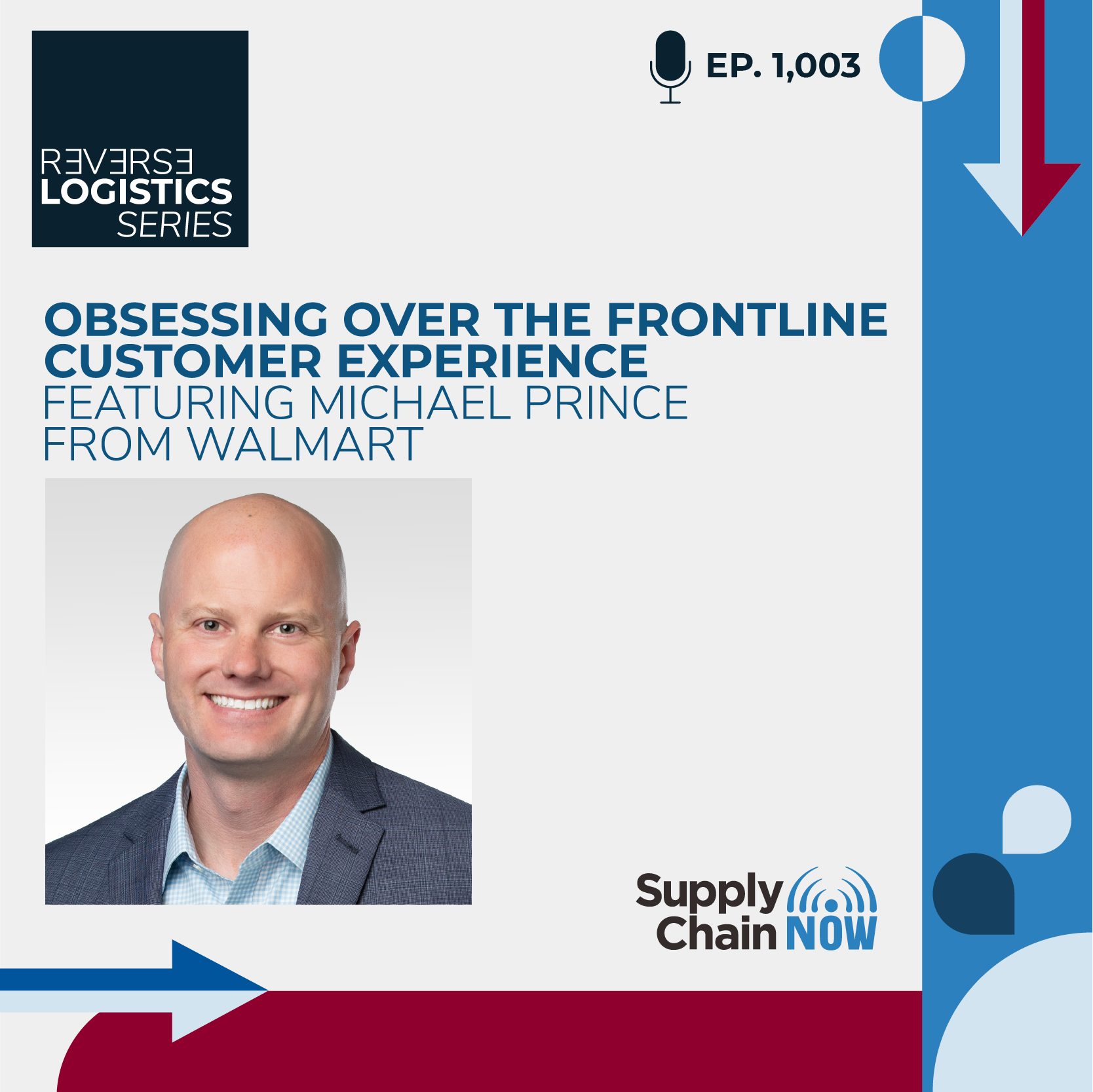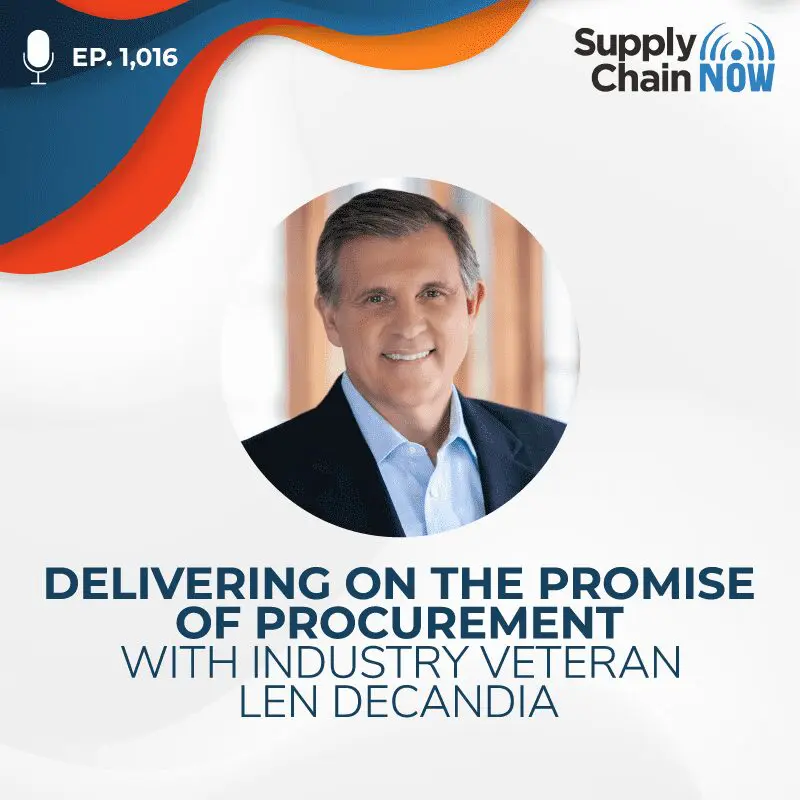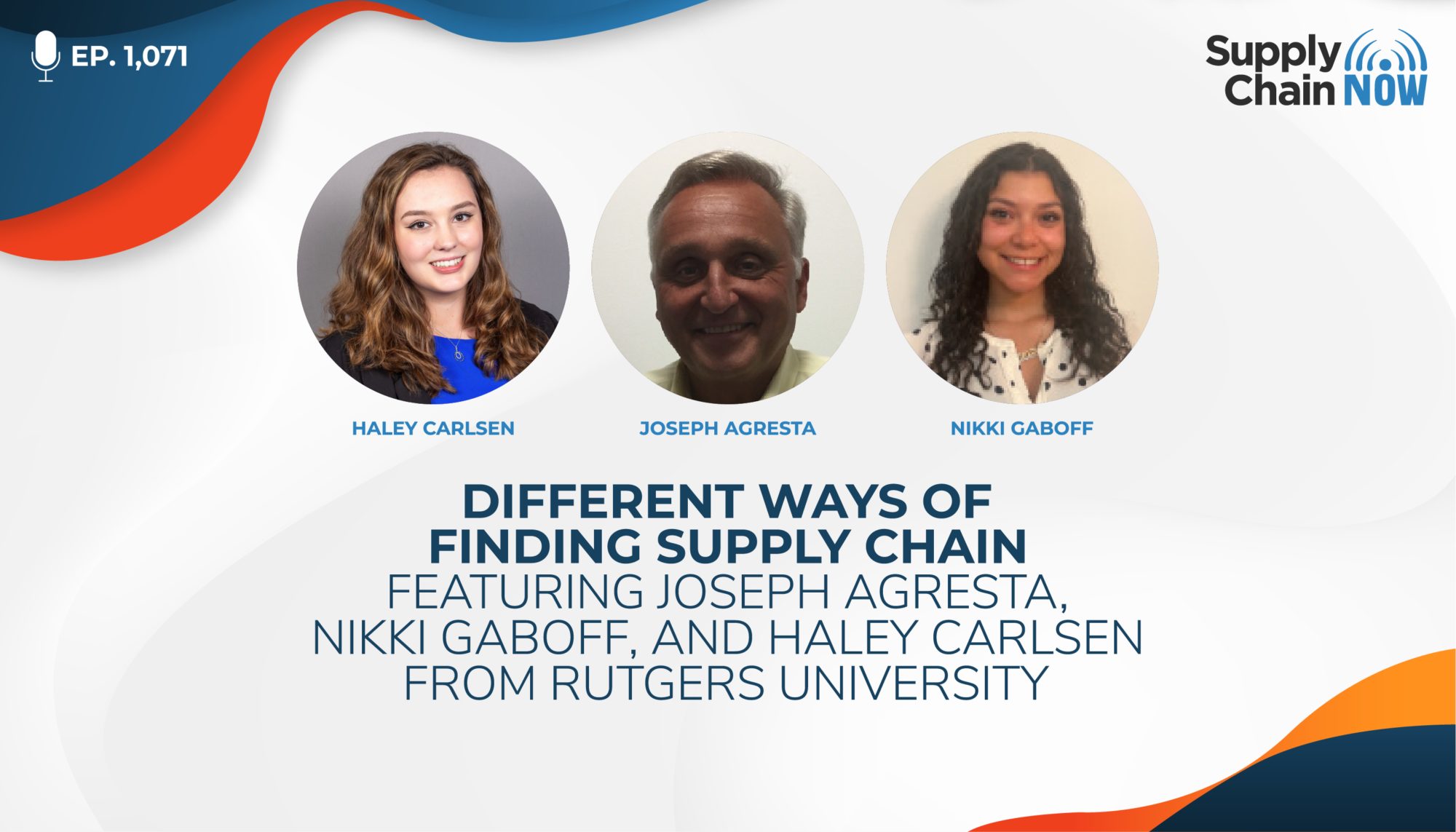
Trust is the foundation of eliminating risk, whether it be with your customers or your suppliers. Making sure that trust mark never wavers is key.
- Joseph Agresta, is Assistant Professor Professional Practice and the Interim Director M.S Program Healthcare Analytics and Intelligence at Rutgers Business School
Episode Summary
There are many paths to a career in supply chain – and many opportunities that may follow as well. Working in supply chain provides students and professionals alike with the opportunity to develop an operational mindset and develop a project management orientation.
Joseph Agresta is an Assistant Professor Professional Practice and the Interim Director M.S Program Healthcare Analytics and Intelligence at Rutgers Business School. In this interview he is joined by two former Rutgers students. Nikki Gaboff just finished her final semester in the Healthcare Analytics and Intelligence program, and Haley Carlsen is a Specialist in Global Site Services and Procurement Governance at Merck and a graduate of Rutgers.
In this interview, Joseph, Nikki, and Haley tell host Scott Luton how being part of the supply chain program at Rutgers has positioned them for professional success:
• Current topics like the chip shortage, energy shortages, and the shift to working from home
• The combined importance of industry experience and academic instruction to advancing
• Why relationships remain critical to any individual’s and any company’s ability to perform
Episode Transcript
Intro/Outro (00:00:03):
Welcome to Supply Chain. Now the voice of global Supply Chain Supply chain now focuses on the best in the business for our worldwide audience, the people, the technologies, the best practices, and today’s critical issues, the challenges and opportunities. Stay tuned to hear from Those Making Global Business Happen right here on supply chain now.
Scott Luton (00:00:32):
Hey. Hey. Good morning, good afternoon, good evening, Scott Luton with Supply Chain. Now welcome to today’s episode. We’ve got a great show lined up. We’re continuing our series today that we like to call the Now Generation, right, where we sit down with lifelong learners, students, educators, from some of the leading supply chain management programs in the world. So, with that said, I wanna introduce our panel today. I’m gonna start with Joseph Agresta, assistant professor, professional practice at Rutgers Business School global business leader with almost 40 years of experience with, uh, out there in, in global supply chain with companies like Johnson Johnson Allied Signal. So Joseph, great to have you here today. How you doing?
Joseph Agresta (00:01:11):
I’m doing great. Thanks for having us. Really looking forward to it.
Scott Luton (00:01:15):
You bet. Uh, your ears may have been burning cause we’ve heard lots of good things about you, so we’ll touch on that here in a moment.
Joseph Agresta (00:01:21):
Okay, great. <laugh>.
Scott Luton (00:01:23):
Um, all right. So joining Joseph, we’ve got Nikki Gaboff, a recent graduate of Rutgers, where she earned both a Bachelor’s of science and supply chain management, and a master’s of science and healthcare analytics and Intelligence. How about that? So, Nikki serves as a graduate and assistant at Rutgers, and she recently completed a supply chain internship at John’s Hopkins Medicine. Nikki, how you doing?
Nikki Gaboff (00:01:49):
I’m good. How are you?
Scott Luton (00:01:50):
Wonderful. Thank you so much for joining us here today.
Nikki Gaboff (00:01:53):
Thank you for having me.
Scott Luton (00:01:55):
All right. So to to, uh, round out our panel here today, Nikki and Joseph, both are joined by Haley Carlsen, also a recent graduate of Rutgers, where she earned under undergraduate degree in supply chain management. Now, she’s currently much like Nikki. Uh, she’s currently earning her masters at Rutgers, uh, also in healthcare analytics and intelligence. Man, these, these <laugh>, they’ve got the, the thing going here today. So now she currently, Haley currently serves as a specialist, global sites services, procurement, governance and analytics with Merck Haley, how you doing? I’m
Haley Carlsen (00:02:29):
Doing well. Thanks for having me, Scott.
Scott Luton (00:02:31):
You bet, man. I can only imagine how difficult all of your classes were with what y’all majored in, and I can’t wait to learn from, uh, Haley, Nicki, both of y’all, and of course Joseph here today. So, where we wanna start then, before we get into the, the heavy lifting, maybe let’s learn a little more about all of y’all, kinda on a human level. So Nikki, let’s start with a universal question. Nikki, where did you grow up?
Nikki Gaboff (00:02:55):
I grew up in Brooklyn, New York, and I moved to Matua, New Jersey when I was around 15. So,
Scott Luton (00:03:01):
Okay. All right. So
Nikki Gaboff (00:03:02):
It was an interesting switch. <laugh>,
Scott Luton (00:03:04):
<laugh>. Well, you know, um, what, so grew up in Brooklyn, uh, and then spent maybe your high school years and beyond and New Jersey. What, uh, I bet it’s gotta be so cool. Growing up in a, in a city like Brooklyn course, with the backdrop of, of New York City, what was one of your favorite parts of growing up into one of the world’s greatest cities?
Nikki Gaboff (00:03:24):
Yeah, I think that having my family all really close, um, my grandma, my aunts, my uncles, my cousins. So being able to grow up and live so close and my cousins were all really close to my age. So being able to grow up and have that support system around me, I think was really cool. Uh, a lot of things were just really close. Um, I was able to walk a lot of places and do a lot of things, and I think that was kind of the biggest adjustment. Moving to New Jersey is everything isn’t so close to each other, so easy to get to. You more have to get into a car or something of the sorts, <laugh>. But yeah, I really enjoyed it. Um, I went into Matua New Jersey halfway through high school, actually, so, okay. My first two years of high school were in Brooklyn. My second two years were in Matua, so that was definitely different. Um, my high school in Matua was I think about a quarter of the size of my high school in Brooklyn. Wow. Okay. So that was definitely an adjustment for me. <laugh>.
Scott Luton (00:04:18):
So, uh, big fish in a big pond to big fish in a small pond, smaller pond. At least when you moved, huh?
Nikki Gaboff (00:04:24):
Right. Yep.
Scott Luton (00:04:25):
<laugh>. Um, alright, well, what I’m gonna do, we’re gonna find out where everybody’s from and then I’m gonna circle back. I’m gonna give y’all a heads up cause we love talking food here at supply chain. Now I’m gonna get your one favorite dish growing up. Okay. So Nicki, uh, stick tight. We’re gonna come back to you on that question, Hailey, let’s move right along. So, where, where did you grow up, Haley?
Haley Carlsen (00:04:44):
Born and raised North Jersey, a small town called Ringwood. It is pretty much upstate New York, but in NJ territory in the woods, hiking, fishing, anything you can think outdoors where we grew up. Okay. Home of the Taylor Ham, egg and cheese. It’s a very controversial, uh, topic in New Jersey. It’s not pork roll, it’s Taylor Ham, but yeah.
Scott Luton (00:05:07):
What makes it controversial?
Haley Carlsen (00:05:09):
<laugh>, there’s a discrepancy between north Jersey and South Jersey if it’s Taylor Ham or if it’s pork roll.
Scott Luton (00:05:15):
Uh, okay. Okay. Um, well, thank you for giving me a heads up. I don’t wanna offend anybody as we, as we talk food here today. Um, all right, one, one more quick follow up question for you, Haley. Uh, so all, everything outdoors, did you play any sports?
Haley Carlsen (00:05:29):
Yeah, I played soccer growing up on the travel team for my, uh, town, and I’m an avid hiker still to this day.
Scott Luton (00:05:37):
Okay, wonderful. All right. Uh, love the picture you’re painting there. Okay, so Nikki and Hailey, uh, let’s talk about, uh, Joseph. Let’s find out where you grew up.
Joseph Agresta (00:05:48):
So I am a New Jersey, born and raised and proud of it too, right? So I grew up <laugh>. I grew up up in Bergen County in a town called River Edge Serb, suburb of New York. And, um, got married when I got right outta college, and I actually moved to Ringwood, so, uh, live up in the hills as well. And it’s interesting because even though we’re maybe 25 minutes from where I grew up, when you have to go over the mountain and the terrain changes, I thought my parents were gonna have a heart attack when we bought a little log cabin up here, uh, when we first got married. But, um, it’s been a great ride. It was a great upbringing in River Edge. Um, my God, just to have all of, just tons of kids around you all the time to play ball, to do whatever, it, it was just a really great upbringing. So really fortunate, man. Sounds like you’re really fortunate there.
Scott Luton (00:06:49):
Well, uh, we’re gonna circle back with you on you, you, you have moved mountains out in the industry, uh, and now you’re teaching others how to move, move their own mountains. So I’m gonna, we’re gonna learn more about your background here in just a minute, but as I mentioned and as Hay already, kind of let some of the cat outta the bag. Let, let’s get one’s go round the horn and Nick come, come back to you first growing up in Brooklyn in the New Jersey. What’s one food dish? Uh, or maybe you’ve named a restaurant, whatever your preference is that was a big part of your upbringing.
Nikki Gaboff (00:07:18):
Uh, the first one that comes to my mind is specifically, um, l and b Spa Gardens in Brooklyn. Uh, it’s like a pizza place, but they have like a famous square slice that my family goes crazy for. Like every time we’re in Brooklyn, even now to go visit family, it’s always a stop on our way there or back that we have to either go and eat there or bring some back. It’s always just like the first thing that comes to our head whenever we’re nearby. So that even since I’m little, that’s always been like my favorite meal probably to this day to ever have <laugh>.
Scott Luton (00:07:50):
Love that. And, and you had me sold. Uh, so, uh, next time I’ll be looking for that, uh, when our next trip up. Um, Hayley, you’ve already mentioned, uh, the, the pork roll versus the ham sandwich. If I said it right here, it sounds like there’s a couple camps, is that right?
Haley Carlsen (00:08:03):
Yeah, it’s called Taylor Ham. It’s the brand Taylor Ham of Pork Roll. Okay. Um, it’s a staple in New Jersey. Breakfast Bagel, um, salt pepper, ketchup. Okay. It’s not my favorite food though, it’s just something. What’s your favorite, I feel like has to be said about New Jersey <laugh>? Um, <laugh>. I think my favorite thing growing up was, um, Norwegian waffles. And that’s different from Belgium waffles or normal ones because it has a carbon spice in it that’s typically used in most of Southeast Asia. So yeah, every Christmas, um, again, we have to have it,
Scott Luton (00:08:37):
Uh, kinda like a family tradition.
Haley Carlsen (00:08:38):
Yeah.
Scott Luton (00:08:39):
Okay. Um, it’s funny, I used to listen, I gotta, I gotta look up what radio show. This was on Sirius xm, but there was a, um, radio shows that that, that spoke about a certain type of pork roll on every show must have been sponsored by it. I’m just go look that up. So Hailey, thank you <laugh>, that’s gonna be, uh, eating at me away over the next hour. So trying to figure out who that was. Um, okay, so Joseph, round us out. What, what’s one thing that was, uh, a big part of your upbringing?
Joseph Agresta (00:09:07):
Uh, past pasta. Love it. And still do, and I wanna share something with you because it’s interesting you ask on my desk is a picture you can’t see. This is my grandfather and myself eating pasta in the summer outside. So most people barbecue. We were eating spaghetti outsides. I wish you could actually do this, but this is literally on my desk and I look at it every day. So, uh
Scott Luton (00:09:32):
Oh. Big
Joseph Agresta (00:09:33):
Part of my,
Scott Luton (00:09:34):
I love that. <laugh> <laugh>. I love that. And what we’ll try to do, if we can get that scanned in and get it over the Justin, we’ll see if we can’t work that
Joseph Agresta (00:09:41):
Into, uh,
Scott Luton (00:09:42):
The video podcast. That’s awesome. Special memory. Um, okay, so now that everybody’s starving, we’re gonna talk supply chain. Um, Nicki and Haley, I’m gonna ask y’all in just a second, why supply chain for y’all? Before I do, Joseph, just to level set with all of our listeners, um, can you briefly tell us, you know, you spent almost 40 years out in industry, uh, in, in global supply chain leadership roles. If you can give us a few bullet points around what you did and what you currently do at Rutgers.
Joseph Agresta (00:10:07):
Yeah, sure. Yeah, so I started my career at what was then Bendix, which became Allied Signal. Um, started out in sourcing, you know, back in the day, 40 plus years ago. They didn’t call it supply chain, you know, it was materials management or logistics or, or what have you. And that’s where I started. I spent 20 years at Ally Signal and got great opportunities to, to grow, um, in my, you know, my making was, I always wanted to, to lead. So, you know, it was learn complexity and then lead the group, learn more complexity and lead a more complex group. So I had a lot of different assignments in what was then materials management, running, uh, single unit materials management groups, but then multi-unit materials management groups. And the last five years, or last four or five years at Allied Signal to me, and for anyone in supply chain, I think you always have to try to get on the customer side of things.
Joseph Agresta (00:11:03):
And, um, I made a switch where I became a, uh, product line leader for very complex guidance systems, uh, that Allied Signal Aerospace made and led an operations team, integrated product team and led the product line. And it was nothing like getting on the customer side, uh, of the business. And I think that really helped me. Then after 20 years, I got a call from Johnson and Johnson and they were looking for someone to lead their supply chain in one of their, uh, businesses, ortho Clinical Diagnostics. And I loved what I was doing at Allied Signal, but you know, there was something in me, believe it or not, that I always wanted to go to Johnson Johnson. I knew it was like a cradle based company and all that good stuff. And when they came calling, it was a hard decision to make right. To, to switch over.
Joseph Agresta (00:11:53):
But the good thing about going to j and j is the culture at j and j, I got a chance to be more on the global supply chain side of things. Mm-hmm. <affirmative> as opposed to at, at Allied was more domestic. Right. Um, so had various roles in, um, you know, running that supply chain, uh, for ortho clinical, then Ethicon. And one thing, and probably Len Will will talk about or alluded it to it as well, category management is a big part of j and j. Well, because I had gone through implementation of the same thing with some great thought leaders at Allied Signal. They asked me to run the operating model team for category management. And so I did that. Um, and it still stands today, although it’s been refined and it’s gotten better, right? But we put the baseline in, that still stands today.
Joseph Agresta (00:12:43):
And then I moved on to be the, uh, head of procurement for, uh, Janssen Pharmaceutical supply chain sourcing, one of the best assignments I ever had. And then I rounded out my career in more of an enterprise role, working with my peers across the supply chain, uh, in what we call product supply execution, um, LED process excellence teams, risk management teams, kind of the creation of centers of excellence in some of these areas. So that was my career at j and j. And then it was time, you know what, I think it’s time to give back. Um, and I had just an amazing opportunity to to come to Rutgers to be able to, uh, to give back. And that’s really where I’m at now. So I’m assistant professor, I was the interim director of the healthcare analytics group, uh, responsible for the experiential learning piece of things. And I also lead a team of graduate students, um, and project students who work with the state of New Jersey and major companies on increasing diversity spend in the state of New Jersey. So that’s a really, uh, man, really great assignment as well. So they, they have, you do a lot more than just teach at Rutgers <laugh>, but that keeps you kinda high on what the heck is going on out there. So it’s very helpful. Love. So I’m very fortunate. Love.
Scott Luton (00:14:03):
Well, I look forward to when the book’s coming out. Cause Joseph, I bet you’ve got lots and lots of stories. Well,
Joseph Agresta (00:14:08):
I got stories. I don’t know if they can go in a book, but they got, I got stories. <laugh>.
Scott Luton (00:14:12):
Well, Haley and Nikki is laughing a little bit, so I bet they’ve heard some of your stories and, uh, at school. Um, but you made an earlier point when you moved from Allied Signal, if I’ve got this right from Allied Signal to Johnson Johnson was a tough move for you. But you mentioned, um, your love for continuous learning to go from domestic supply chain management. I’m not taking anything away from folks that specialize there to global. Mm-hmm. <affirmative> a global role. There’s lots of different complexities and nuances there. So I bet that was a big learning, um, uh, part of your
Joseph Agresta (00:14:40):
Career. Yeah, it sure was. And um, and it was that 20 years at j and j that spent most of my time on the, on the global side of things. So it was great. Mm-hmm. <affirmative>
Scott Luton (00:14:49):
Sounds like it. Okay. So, and we’re gonna hold you too. We’re gonna, we’re gonna see that book. Okay. You got it to share. And I look <laugh>, I love and I love your give back there cuz uh, you know, Hailey and Nikki and I bet so many other students at Rutgers, uh, has, have really benefit benefited from all that you did in the industry, all that you did Well. And, and maybe, I bet you share some of the things, you know, we all make mistakes. Uh, what we, what we share that with others so they don’t make the same mistakes. So I love that. Um, so let’s, so Nick, I’m gonna circle back to you here. Um, so why supply chain? Why did you say, Hey man, this supply chain management, that’s where I wanna spend my time and, and, and build a career out of. Why, why supply chain for you?
Nikki Gaboff (00:15:30):
Yeah. So when I was declaring a major in the business school, I tried to do as much research as I can on all the different majors just to kind of get a better understanding of what I was gonna be spending most of my time in before declaring. So my dad actually works in logistics and distribution, so I did have a little bit of supply chain knowledge just from him and his day-to-day, just seeing a little bit of it. So I did have that in the back of my mind. And then I think just through doing more research, the supply chain program stuck out to me the most just because I grew to learn how versatile it was and how, you know, supply chain is in so many different fields and industries. It’s not like just one thing. So I think that’s where my interest kind of grew when I learned more about that and how I can go into so many different areas within supply chain. It’s not just one specific field or industry.
Scott Luton (00:16:19):
I love that Nikki. And I love, I love the, uh, the role your, your dad had, um, uh, learning from him. I bet your conversations with him can look a lot different now. Uh, <laugh> versus
Nikki Gaboff (00:16:29):
Ely, right? <laugh>.
Scott Luton (00:16:30):
Yep. Um, alright. And, and I love the, the diversity of experiences you mentioned that’s so available in the, in the supply chain profession. Uh, Hailey, same question to you. Why supply chain?
Haley Carlsen (00:16:41):
Well, I gotta be honest with you Scott, I did not do a lot of research. Um, <laugh>, there’s an interesting path to how I got to supply chain. Um, I think the first thing I have to mention is the minimal research I did is that this program was top two on the garter’s list. When I decided to declare this major and knowing that it was such, uh, an attested four program that people really saw its value, um, nationwide was huge for me, knowing that it was right there for me at Rutgers. I actually started, um, my first semester at Rutgers as a transfer student from a county college. And I was in the school of health and sciences, so I was gonna be a biology major. Um, but when I saw how I could connect to the more business side of impacting from healthcare as a supply chain, uh, professional, I really thought that’s how it clicks.
Haley Carlsen (00:17:33):
It’s how everything aligns. Um, because one, I’m horrible at math, have to put that out on the table <laugh>. And two, I really like helping get to that final product or that final service. And supply chain has so many different components. You can do logistics, you can do purchasing, you can do the strategies and risk. Um, so seeing how many options I had to change and grow in my career path and not make a decision that’s gonna hold me down for life and say accounting or something along those lines is what really interested me into starting in supply chain.
Scott Luton (00:18:08):
Love that. Um, so Joseph, it’s, it’s interesting just to hear Nicki and Haley and kind of their different ways of finding supply chain. I think it’s so reflective of the industry because there’s so many folks from all sorts of walks of life, professional otherwise that find careers and global supply chain in different ways. Joseph, what comes to mind as you hear kind of why supply chain and their answers from Nick and Haley here?
Joseph Agresta (00:18:30):
Well, I think the thing that, you know, probably, obviously they come, they, they came from it from a different place. But I think the common denominator is that they had a chance to really have a depth and a breadth. You know, I think, you know, that seems to be the common denominator in what they said. So, you know, supply chain in the olden days was very internally focused and, you know, within the four walls, if you will. And today it’s incredibly, it’s incredibly different. It’s outside and inside. And as a matter of fact, when you’re a leader in the supply chain, it’s about outside in thinking, so how does the outside in thinking make you a better inside? And I, I think the common denominator from what I’m hearing is that that was the exposure. Although maybe they didn’t know in detail all the different elements, but that was the exposure that they were gonna get. And I think they also, knowing them a little bit, you know, they also have an operational mindset as well, and they have a project management orientation just in their dna, n a, if you will. And I think that they saw, and they are seeing now, I hope that those skill sets are really critical in making an impact in, in an enterprise. So I, I think that’s the difference, different ways they got in it, but I think a sing, you know, a common denominator for for both of them.
Scott Luton (00:19:50):
Yeah, well said. And also, Haley, um, I loved your, uh, passion for kind of the final outcome, you know, uh, and that’s, man, you can find that by the truckload, those types of opportunities to shape that final outcome in global supply chain. Um, okay, so I wanna move, move around along here. And Nikki, I’m gonna circle back with you here first as we get everyone’s take here. What’s gonna, it goes without saying, I’m gonna say it anyway, these last three years, of course, um, we’re all familiar with what we all have, have, have fought through, but the silver lining is, is how that has shaped industry in so many ways and how it will truly make it better. A, a strong grind. I hate the, using the word was resilient cause it’s so cliche, but it’s, it’s so accurate here, right? We’re gonna be better off from learning from these tough lessons, uh, over the last few years. So Nikki, what’s one thing as you survey global supply chain right now, what’s one topic that really as, um, that you’re focused on?
Nikki Gaboff (00:20:49):
So right now, something I’ve been following is, uh, the chip, uh, shortage that’s going on in manufacturing. I’m in the market for a new car. So maybe that, that’s why I’m following it a little closer. But I think that’s something that I’ve been following kind of since the pandemic. Seeing how that shortage has affected for so long now has affected the car industry. Um, and just seeing how through like 2021 and 2022, how there’s so much less inventory being available or less features being available on cars. Uh, and I was recently reading how in 2023, they’re starting to kind of grow, um, that manufacturing in the chip industry, but it’s a slow process. It’s not something that happens overnight. So there still will be some of those lingering effects going on within the, um, automobile industry in their inventory levels. But it is getting better little by little. But yeah, I’ve definitely been watching that as I look for a car <laugh>,
Scott Luton (00:21:43):
I I love that I l I love how you brought it, brought it all back to you as a consumer. I, I think that’s, that’s some of the more powerful ways that we learn, um, whether you’re in supply chain or not. And one other thing about computer chips, cause I just read it, uh, and last day or two, Intel’s CEO was recently quoted in an interview with, uh, I think CNN business that, you know, all has dominated geopolitics as a factor to the last 50 years. And in, and the intel, c e o, um, I can’t remember his name right off. But anyway, he said that it’s gonna be, uh, the semiconductor chips that will dominate it over the next 50 years, or at least will be more important in oil now that that’s gonna be a, you know, uh, that’s, that, that’s an arguable comment perhaps, but you, what you can’t argue with, to your point, Nikki, is, is now that we have technology everywhere in everything from your shoes <laugh> to your refrigerator, I mean yeah, who, where the chips are made, ensuring a nice healthy supply is gonna be really important. And, and good luck, Nikki, on your car purchase. You’ll have to let us know what you slept
Nikki Gaboff (00:22:45):
<laugh>.
Scott Luton (00:22:45):
Okay. So starting with there, what about you, when you, when you survey global supply chain, what’s one topic that you’re tracking more than others Right now?
Haley Carlsen (00:22:54):
I mean, there’s a topic I’m tracking more than others, but really when you talked about Covid in the past three years, the first thing that hit my mind that I deal with every day is, um, working from home. You can see I’m not in an office right now. I’m in the middle of my workday and I have a global team. So how it has increased and improved drastically from the beginning of Covid till now, how I can communicate with my stakeholders and business units globally has been amazing. The ability to reach them with different platforms, zoom, WebEx, Microsoft teams, it’s fantastic. Um, that was just a little sidebar. I think the main topic that I’m trafficking right now as it relates to my job is the energy crisis that’s going on in Europe. A lot of our manufacturing sites, and I know it’s not just my company, are suffering greatly due to the inflation of the energy and as well as the shortage of it. So learning how to, um, use your resources as best as possible, uh, follow lean practices and tracking when we’re gonna see some sort of relief. There is something that’s really important to my job, but also my colleagues and friends in Europe who have to heat their personal homes.
Scott Luton (00:24:05):
So, well said. And, and, um, you know, it’s easy to lose sight sometimes of different challenges that different parts of the world are facing, but I appreciate you bringing that up. And going back to your first point, um, you know, the working from home man, the convenience that that’s offered. So many folks, you know, I live in the Atlanta area, metro Atlanta area, and, you know, not commuting into our studio in town, man, some days that was an hour and a half drive easy, right? Um, but on the flip side, I think, and Joseph would love for you to not only get, hear what you’re tracking, but also get your comment here, I think on the flip side, or one of the thing to consider is, is how that’s kind of also adjusted, uh, our approach to managing and leadership and some of the, uh, uh, unique challenges that, uh, and different ways we’ve got to make that adjustment to, to to, to make sure we’re being effective for everybody in that regard. Yeah. Just a few comments about the work from home shift.
Joseph Agresta (00:24:56):
Yeah. That’s a, um, you know, I grew up as a, you’re in the seat, you know, you go in and you sit in the seat and that was my orientation. You didn’t get outta your seat until it was time to go home, right? That kind of thing. That’s the way it was. Right? Um, I definitely think to Haley’s point, it has made the global ecosystem more accessible. There’s no question about that. And I think that you have to build the ecosystem, right? And so that, you know, if you really, you can really take advantage of this re remote from home like Haley talked about, uh, by creating your ecosystem. At the same time, I do believe that we need more of a hybrid approach. Mm-hmm. Um, to be able to sit in a room, solve problems together. Um, and sometimes that’s spontaneous. I think the challenge with remote working, which is, you know, you can create the ecosystem.
Joseph Agresta (00:25:54):
Everything is very controlled and timing is very controlled. When can I see you, when can you get on? As opposed to sometimes problems hit in the supply chain immediately and you can assemble the team and you can assemble the engineering team and the supply chain team and whatever. So I think we need to have more of a hybrid approach, really some remote, some coming together in a hybrid fashion. I mean, we are human beings, so I, I do think that’s important, but I think it’s here to stay. I just think now we have to create the, the balance for that. Yeah. Yeah. I, I just, I feel very, very, uh, very, very strongly about that. You know, just to maybe digress a little bit.
Scott Luton (00:26:38):
Hey, bef Joseph, right? Before you do Yeah. If I can add just one quick comment cause it, it, it, everything’s in our interrelated here. Going back to Nikki’s comments around the chip industry. Yep. You know, there’s a phrase that’s really given rise the last, um, I don’t know, decade or so, the digital divide, right? Um, for, for a portion there during the pandemic. Um, many folks including me and um, and my wife Amanda, we homeschooled our kids for about a year. Right. And we were fortunate to have, you know, technology and internet and stuff at home and devices, but as the digital divide suggests, there’s so many folks that didn’t have that option. Yes. And, and that’s a great point. There’s so many different definitions of the digital divide. You know, it’s not all, it’s not only a small part of it is lack of supply, sadly, in many ways it’s, it’s lack of access, which you and Haley both were, um, uh, addressing. So that digital divide, we gotta keep it front and center, uh, to, to meet folks where they are and make sure they have what they need. And they’re not left behind in this digital air we live in. Um, Joseph, you were about to not No,
Joseph Agresta (00:27:35):
I was just gonna say, I mean, I was just gonna say that, um, you know, I think both Haley, Nicki really touch on great things and to, and to make that ecosystem, um, when you’re living in a global supply chain as well, sometimes you have to be in the region at times and things like that. And I do think that’s become important. And in my career, one of the most things that was most beneficial to me in the supply chain was building peer to peer relationships outside of where I lived. So peer-to-peer relationships in China, in South America, wherever it is. And I think that’s something that even in the remote world, companies or enterprises need to ensure that people in the supply chain can build those personal peer-to-peer relationships as well in the regions of the world. I do think that’s really important and I just, I know it helped me quite a bit in, in my career. Um, so I just wanted love that, touch on that a little bit. Love
Scott Luton (00:28:32):
Joseph. I love that there’s an old saying called, um, dig your well before you’re thirsty and whenever, and I love relationship building, the importance of it. It’s difficult to build those relationships when <laugh> when you need ’em to solve a problem. Right. You gotta be proactive. So I love your comments there. Uh, Joseph, um, if I can really quick, I wanna circle back to Nikki and Haley. Uh, you know, Joseph shared some great, Joseph and Haley both shared some interesting perspective there around, uh, the workforce flexibility work from home and kind of the shifts we’ve seen there. Um, Nicki, your thoughts, um, you, do you prefer working from home or do you prefer being in an office or what your thoughts here, Nicki?
Nikki Gaboff (00:29:13):
Yeah, I definitely agree with Joe. I think that having that mix is really important. I think that there’s a lot that can be done and a lot of, um, pro productivity that can happen being at home. But I think that I’ve also benefited a lot from having that in-person experience. Um, over the summer, my internship with Johns Hopkins, I was in the office four days a week, one day off. So it was a little bit of a hybrid. And I think it was really important for me because having that hands-on experience for a lot of the days of the week and kind of seeing a lot of the processes in person, I think was just overall a really good learning experience for me. And then the parts that maybe weren’t so necessary to be in person, having that offsite experience as well was really good. Just a lot of convenience that comes with that. So yeah, I think just having that mix is something that’s super beneficial for most places.
Scott Luton (00:30:03):
That kind of, that that hybrid you’re speaking to, Hey, lemme give you the last word on kind of working from home and, and your final thought here.
Haley Carlsen (00:30:10):
It definitely brought some challenges as well. I have to agree. I think that I, I’m saying that the new normal is becoming, finding that balance and it’s so critical. I definitely, um, extended the breadth right, of reaching these places that we didn’t have access to. Um, having systems be conjoined into one global system. But that personal touch, that meeting those people in the office and getting to sidebar with them and create those relationships that you may not have gotten through that one inch picture on the screen is, um, invaluable for sure. Sure.
Scott Luton (00:30:45):
I’m well said. Um, and Joseph, I’ll come to you next Sure. To, to hear what else you’re tracking out there before I do now I’ve been in a remote work for, I’ve been in, in a remote role I think since 2015 or 2014. And, and so I remember thinking to myself prior to, prior to the pandemic, just how challenging it is for me to kind of build that rapport with, with colleagues and team members in, in a remote environment. Cause I really, I love the water cooler moments. I love the war room moments. I love, you know, I was a metal stamping for a stretch and, and we had some very complex problems from time to time. And man, we bring in everybody Yep. Uh, from, you know, manufacturing to supply chain, you name it, and, and, and figure out what we’re gonna do using whiteboards and, and, um, blueprints, all this stuff.
Scott Luton (00:31:32):
And I really fit off that, but as we all do in life, you had to evolve and shift and, and adjust your approach. And now I I, you know, the convenience of what it offers, right. As long as all your team members are, you know, they’re, uh, fulfilled and satisfied them in the convenience is pretty tough to beat. Mm-hmm. <affirmative>, that’s for sure. But Joseph, um, I really, and I appreciate everybody’s perspective here around, uh, uh, one of the, the issues of our time for sure. Um, what else, apart from work from home and, and workforce management and, and some of the cool things we’re seeing there, what’s one other thing that you’re tracking?
Joseph Agresta (00:32:06):
Yeah, so I think from a post covid perspective, how are companies looking at their value chain? So, you know, I look at the value chain kind of three levels. One, you know, the, the top levels really understanding your products in whatever market. And I think you have to understand those marketplaces and understand what kind of products, do you have more mature products or are you trying to drive innovative products? So that’s the first part. So how are, how are companies, are they beginning to, to look at that? I think that’s, that’s one thing. The other thing, and I’m gonna touch on this cuz Hailey and Nikki both mentioned it, what are those key processes that we really need to work on in our enterprise, in this post covid world? I think that’s really, really key. And then again, okay, how does that all connect to the end to end side?
Joseph Agresta (00:33:01):
But if I were to break it down, I’d kind of look at that, what are those key processes at that second level? Haley, Nicki mentioned it risk management. How are comp, what is the risk culture in the companies? How are supply chains looking at risk, anticipating risk? And you know, quite frankly, you know, we use the word resilience and as you mentioned, and it’s kind of cliche now, but I think in the supply chain, if you look at risk management, you can be very proactive and use things to your competitive advantage. And so resilience becomes not necessarily winding up that you were, uh, you wound up where you started, but you actually wind up better than what you started because you started things, whether they be in e-commerce or supplier relationship or those types of things. So I think risk management, what are companies doing in risk management?
Joseph Agresta (00:34:01):
An underlying theme, but also separate is how are companies looking at demand? Look at the chips, right? How did you know, did we miss the, how are we looking at demand? Customer demand is changing based on a lot of those variables. So how do you put all of those variables together? So the risk management. And then the third thing I would say is how are companies reevaluating their networks? Post covid, it was, well, we’re not gonna be global anymore because that’s too much of a, a challenge for us. So how are you looking at your networks now? Do you want your networks to be, uh, region specific? Those types of things. So risk management, demand management network, all rolled up into understanding your value chain to, to me, are the things that I’m looking at. Also trying to share with the students, uh, in the classroom at Rutgers as well.
Scott Luton (00:34:59):
All right, Joseph? Uh, I feel like, uh, I may have just earned a certification. I love that, that that three point, uh, three points that, uh, you’re tracking in, in, in industry and Nicki and Hailey, Nicki, to start with you. What, what’s the thought that comes to mind as you, as we heard there, you know, connecting the dots, uh, uh, how companies are viewing demand, uh, their processes, how the industry is changing and evolving, what comes to your mind, Nikki?
Nikki Gaboff (00:35:23):
Yeah, I think those were all really good points, but something that definitely stuck out to me was the whole risk management aspect of it. You know, obviously Covid was definitely unprecedented. No one could have expected something like this to happen. So I think it just just showed how important risk management really is and how it’s all around us and, you know, the better companies work to minimize that risk, the better position they’ll be in going forward. And I definitely got nostalgic thinking about the risk management class <laugh>, um, that we had together. That was one of my first classes, uh, with Joe as my professor. So definitely started thinking about some concepts from that too. But yeah, overall I think just having forecasting when it comes to demand and trying to have as much of a robust system as possible when it comes to that stuff is just gonna put companies, uh, in a better position going forward and have that competitive advantage as well.
Scott Luton (00:36:13):
Man, Nikki, very nice. Okay, thank you. So Hailey, what comes in your mind between Joseph’s comments and what Nikki just shared? Your thoughts, Hailey,
Haley Carlsen (00:36:22):
That is what’s happening. It is the supply chain. Now, <laugh>, um, sorry to be cliche, but truly it is what’s happening with, uh, the workforce and supply chain, I can say from my company, from companies of my colleagues in my network. This is, um, on everyone’s minds. Um, consolidating and understanding the mitigation plans for the risk that was already there. Doing something about it proactively is now the main focus of many companies alike. Um, we are reducing the way that we’re working. You know, again, I mentioned about, um, the breadth of now this global reach and what we can do to correct it and make it better and continuously improve. Um, I feel that everyone now is taking a look at all of the different systems and ways they were working and combining them. Um, with that comes the risk mitigation. What are the outcomes? What is the adjustment period? And I think right now most companies are going through that.
Scott Luton (00:37:24):
Okay.
Joseph Agresta (00:37:24):
Yeah. Hey, Scott, if I may just add to that, what, what Nikki and, and Hailey mentioned, I, I want people to think about risk management as sometimes the connotation is that it’s almost negative. Oh my God, let’s prepare for the worst. Right? And, you know, and okay, right, and let’s have those plants. It’s a positive, right? Because the proactive way, you know, of combining what a company wants to accomplish and getting started on some of these things, um, if in fact something happens like the pandemic, you can build on that vision that you were already working. So I’ll give a just a quick example. Companies that were putting money, let’s just say into e-commerce, right? And that was part of their direction that they wanted to go as a company. When the pandemic hit, they all na, they now had the momentum, if you will, to be able to accelerate that. And you’ll see some companies who maybe went from 30% e-commerce sales to 60% during the pandemic, yes. Buying behavior changed, but they were not starting from scratch, right? So I, I really think that the, the risk side of things, you know, companies also need to look at it as, um, how do we use that as a competitive advantage as well? And, and, and so all those things come into it.
Scott Luton (00:38:46):
I completely agree. Completely agree. Lean into it. It’s not a negative. It makes you a stronger organization. It, it helps get stuff outta your blind spots and helps your team be more prepared on so many different levels. So, excellent point Joseph. Uh, and thank you Nikki and Haley for your comments as well. Um, moving right ahead, uh, counsel, I could talk, talk with y all for three or four hours here. Um, so let’s talk about rutgers’s supply chain management program. You know, clearly, uh, well regarded from across industry. Um, Haley I think mentioned the, the Gartner rankings that is appeared on. So what makes it, and, and, uh, Nick, I wanna start with you, um, as someone has clearly gone through it, right? Uh, and here, here to talk about it. What makes the Rutgers approach, uh, to supply chain management, uh, so special?
Nikki Gaboff (00:39:34):
Yeah. So as you can see two degrees later, I love Rutgers <laugh>. I’ve had really good experiences from beginning to end, uh, with the program. But I think something that sets the supply chain program apart from so many others, the first thing that comes to mind is just the professors and the staff. I think they’ve all been really great to work with and in multiple aspects. I think one being that they’re just really accessible. They show how much they care about the program and how much they wanna help the students in a multitude of ways. And they always wanna answer questions and help you find opportunities moving forward, and they just wanna see you succeed. So that was definitely a big thing for me. And I think also just the fact that so many of the professors do have, um, that industry experience that they can then apply to their classes. I think it just made the learning experience so much better to kind of have that real world example being implemented and not just, you know, showing slides or showing things in a textbook. Um, being able to get that aspect and see how professional and how much experience they have and being able to kind of lean on them for that expertise. When I was looking into, you know, jobs and different opportunities for myself, just made it a really good support system, not only from the classroom, but also outside of the classroom.
Scott Luton (00:40:48):
Such’s a great point. And, and, you know, um, gosh, Joseph and what he has experienced in his career, almost 40 years out there doing it and then bringing all that into a classroom so that y’all learn not only from what I’m hearing Nikki say, not only from the textbooks and established best practices and the curriculum, but man, the stories. And lemme tell you about when, when I was going through it, been there, done that, got the T-shirt, right? So that’s a great, and you know, that’s a, that’s a great for our listeners out there. I’ve long held, as you’re evaluating, not not only colleges and universities, but certificate programs, tech schools, whatever, make sure you know who you’re gonna be learning from, right? Don’t stop it. Yeah. At the, the, the name of the institution or what have you. Make sure you know who you’re gonna be learning from. All right. So Haley, what else would you add to, to what Nikki shared about what makes, uh, the Rutgers Supply Chain management program so successful?
Haley Carlsen (00:41:38):
I could piggyback off of Nikki’s comments again for another two to three hours. Um, <laugh>, I could not believe what Rutgers had to offer its students. I’d say the way that they set up the curriculum, they really thought about what comes after more than just making sure they can pass a test and get a good grade. A lot of my professors didn’t care as much about getting the right answers as long as you were learning from what you did wrong or what you could improve on. And that is irreplaceable to me. Um, they have offered out of class time to review for interview questions, multiple professors, and share what they have learned and how things have changed with their colleagues that they still have in their network. That again, um, is more than I expected. I expected to get a degree and learn about the main principles and concepts in supply chain, but I got so much more out of it.
Haley Carlsen (00:42:29):
I think the, the biggest part that sets Rutgers Supply Chain program, apart from the other ones that I have witnessed hands-on experience, um, I personally was like Nikki working as a program manager of the client projects where we worked with companies, but I also got to participate as a student and work with the company, Robert Wood Johnson, um, and get their real world timely problems and create solutions for them. And being able to learn their new systems, see what’s actually being used. A lot of it is Excel. Getting that hands-on experience prepared me more than any test on, um, multiple choice questions could have ever done.
Scott Luton (00:43:17):
Mm-hmm. Man. Okay. So Joseph, that’s hearing from Nikki and Hailey, uh, along those lines, this gotta make you feel pretty good. So what <laugh>, what, what do you think, um, as a differentiator at Rutgers?
Joseph Agresta (00:43:28):
Yeah, so I mean, I was a bit spoiled in that I came from two world class companies, allied and j and j and one of the things about those companies that they’re always on a continuous improvement path, right? And that is in the culture. Um, and so when I came to Rutgers, that was my expectation. And, um, Rutgers supply chain, which is a very young program, really, it’s maybe 10 or 11 years old, the way that it is on this continuous improvement path on all levels, whether that be in the classroom, the experiential learning piece is huge at, uh, at Rutgers, right? I mean, we literally have, uh, 200 students every semester doing projects. And that’s not including internships and co-ops and all those other kind of things. We have a really, uh, you know, the staff is strong. You got business guys like me, but you also have some great researchers as well mm-hmm. <affirmative>.
Joseph Agresta (00:44:22):
So we have a really good hybrid and, and, and mix excellent leadership. And they give, they give the professors the, uh, the freedom, right? To be able to, uh, to leverage your strengths. To leverage your strengths. And I, I think that’s really, um, a, a very important factor. Um, and every professor is very accessible to Nicki and to Haley and to everyone else. And the other thing I would just say, and this is, this is purely about Nicki and Haley, they, um, were program managers for me in the experiential learning, um, uh, program. They kept me straight. I want to thank them for that, right? <laugh>. At the same time, Rutgers had no problem with them being the student, uh, representative on advisory boards with senior leaders of companies. No problem. Right? You know, sometimes people would get, oh, no, well we can’t do that. You know, you go, they were in the meetings and the advisory board meetings with senior leaders from all these different companies and Rutgers that do that, get them involved, get them engaged.
Joseph Agresta (00:45:32):
And I think that’s the thing about Rutgers that’s a little bit different. Yeah, Rutgers is a huge school, but I think the supply chain team has a small, small school feel, if you will. And I think now I’m very proud of these two. And what we want to continue to build too is, um, great alumni. We have great alumni, Linda Kandia, great alumni who actually helped start the supply chain program, right? How do we, you know, how do we, uh, emulate what Len has done with, you know, maybe Nikki and Hailey will be the next lens, you know, kind of thing. And that’s what we want to try to do. That’s really important, uh, for Rutgers as well. So Nicki, you said, I mean, Haley, you said it. Well, it’s, it’s, um, it’s what you take out of it. It’s what’s out of the classroom. And I think that’s the big thing about, about Rutgers. So I guess you can tell I like it here, <laugh> and,
Scott Luton (00:46:20):
Um,
Joseph Agresta (00:46:20):
And we wanna encourage people to come. But you know, this is proof. It’s, it’s Nick and Haley. They’re the examples, not me. That’s
Scott Luton (00:46:27):
Right. That is right. And I love the, what you’ve mentioned about empowering, um, you know, students of, you know, to sit in a chair, make the decisions Yeah. Have the conversations. That’s what it’s about. Um, okay. You mentioned Lynn Theia, um, interest. You know, you, you read my mind Joseph. Um, so we had a Kelly Barner and I had a great opportunity to sit down with Linda Candy, uh, it’s probably been a couple months ago. And, uh, folks, we’ll include the link in the show notes of this episode, um, the link to that episode. And what a great, much like the three of y’all. What a great storyteller and just a fountain of knowledge. Uh, a couple things I loved, and I think Nikki and Joseph both had a chance to listen. I’d love to get y’all’s thoughts, and of course we’ll get Haley’s take two.
Scott Luton (00:47:10):
But, uh, one of the things he mentioned is, um, you know, growing up in the melting pot that is the US right? Um, as he, uh, as a, as a kid on Friday nights, all of his friends would be running home after a full days of, you know, playing in school and all that stuff, and they’d all have pizza. But Lynn’s mother gave him fish soup. That’s what he was gonna get. <laugh>. And they still have it. So evidently it’s a, it’s gotta be a, a legendary recipe. And then on a more serious note, one, one of the things that I love talking about is, is trust and the power of trust. And Len really doubled down on that and, and spoke about once you’ve got trust, not only can you move mountains internally with your supply chain organization and, and your supply partners and all that, but equally, if not more important, once you have trust with the customer, it changes everything, right? So love the interview. Uh, we’ll include link in it, uh, in, in the, uh, show notes here. Uh, Nikki, I think you had a chance listen to a portion of that. What was one of your favorite moments there from Lynn?
Nikki Gaboff (00:48:10):
Yeah, I think he had a lot of really great points. And I think just his contributions, of course to Rutgers and just to his field in general have been great. So I think listening to his perspectives on a lot of the things he talked about was really insightful and really cool to listen to. But, um, something that stuck out to me that I thought was really interesting was the point that he made about how CEOs, uh, value their suppliers and the importance of their suppliers. It should be of equal value to a lot of their customers. And I think that he was saying that a lot of CEOs find success in that, but it also puts pressure on chief procurement officers, um, to find that value in just growth in the, uh, in the organization as a whole. So I think that whole portion, that whole segment that you guys went into that and kind of unpacked, that was really interesting to think about because I think that is a perspective that gets overlooked sometimes. Yeah. So yeah, I really enjoyed that whole discussion, Nikki.
Scott Luton (00:49:02):
Great point. And he also mentioned during that same segment, if I’m, my memory, uh, is right, how he always was preoccupied with the health of his and the welfare of his suppliers employees. Now they’re, you know, really important part of the overall ecosystem. So I love that point there. So true. Um, Joseph, I think you, you were able to, to listen to that. What’s one of the things that stood out, uh, to you?
Joseph Agresta (00:49:24):
Yeah, well, it’s interesting. I’d like to go back to the trust thing because, um, you know, and, and, uh, triangulate that with what we talked about with risk, trust is the foundation of not having, of eliminating risk. Mm. Right? Whether it be with your customers or your suppliers or whatever it is. So making sure that that trust mark never is wavered is very, very key. And something that obviously, you know, Len worked on, on both sides of the, the fence. What is our patients and our customers? Wh what do we must do to ensure trust vis-a-vis our credo at, at Johnson and Johnson and certainly our supply base. So I think that always was an emphasis of him. I think he’s also someone who recognized that, um, I’ll call it the digitization of the sourcing world and how to connect things. I think that became, you know, very, very important to him.
Joseph Agresta (00:50:20):
And the other thing is the supplier relationship management piece of things. Um, you know, very, very critical. So, um, you know, I’ve had a chance to work with him, so just a great thought leader in, in this space. And I know he continues to be a thought leader in this space. And the other thing is, you know, um, he’s also been involved on a personal level in, uh, people with special needs and things like that. And, um, I think that’s a very important aspect. And, and actually in my own personal life, I’ve kind of carried that on and I work with a group of people, some from j and j, uh, where we’ve developed a leadership program for people with special needs. Hmm, okay. And it’s, it’s just what we do. And, and it actually came from some of the things that lend sponsored there.
Joseph Agresta (00:51:06):
I retired, connected with these people and kind of kept it going. And just the other piece from a Rutgers standpoint, if I may, you know, I think he’s, um, uh, uh, I would say a benchmark alumnus, if you will. Certainly he helps start the program, but we want to, uh, as a role model, we wanna see, we wanna see our alumni be involved, like he is, you know, and that doesn’t, you don’t have to be the creator of something, but that engagement, that kind of pushing us for continuous improvement, uh, I think that’s really, really important as well. So it’s just some of the reflections I’ve had, uh, about the, you know, the video, but also just knowing and working together.
Scott Luton (00:51:51):
I love that. I, I love the, the kind of, one of the themes I heard you share there, Joseph, is leadership doesn’t, doesn’t start and stop with your functional role is what else are you doing for others outside of the, you know, Absolut you do for a living. Um, and folks, um, go check out that episode. Uh, a great conversation. It sounds like Linda can not only talks to talk, but he walks to walk. And that’s really important for all of us here, Hailey. Uh, when you hear Nikki and Joseph talk about some of these things, that, um, uh, that they took away from that conversation. What’s one thing that comes to your mind, Haley?
Haley Carlsen (00:52:25):
Um, I really like the piece about trust. When you’re working in a big corporation, you know, for us it is about safety and wellbeing, and having that in your network of suppliers is the main thing. It is the staple and foundation of the relationship you have and your ability to operate and keep the business going. Um, for us, uh, we work very closely with our eh, hs team, our environmental health and safety. We want to make sure that they can trust us with their employees, not only just from a relationship of a contract, right? Um, but they, the day-to-day human beings that are helping us do what we do and keep that purpose alive. Um, so I think that is something that a lot of companies as well is looking at, is strengthening their eh hs team, focusing on what can they do better, the continuous improvement piece and the front liners like Glenn in that, um, topic is someone that we want to continue working with and leading by example from what he has given us into this program.
Scott Luton (00:53:29):
Man, I couldn’t have said it better. I, I’ll tell you, Joseph, between Nikki and Hailey, uh, they are, we are gonna be talking about the next Nikki and Haley’s, uh, in 20 years, 25 years ago, I think. I know. So I know. So, man. Um, okay. So let’s do this. Uh, as we start to kind of come down the home stretch here, I’d, I’d love to kind of pick Nicki and Haley’s brain a little bit more in particular around what you wanna do in industry. You know, how do you wanna make your mark and why? So Nicki, how, how would you address that question?
Nikki Gaboff (00:54:00):
Yeah, so I think that definitely getting my masters in healthcare analytics has shifted a lot of my perspective. And I think just combining my supply chain undergrad with my healthcare analytics graduate, uh, experience has been really great. And I think that in industry, I can definitely see myself staying in the supply chain area just within the healthcare space. Uh, I think obviously with, uh, the pandemic and everything, um, it’s become just so important. And I think that’s where a lot of my interest in the space has kind of grown. So I definitely can see myself in that area. Um, specifically having to do maybe with hospital operations or just procurement, uh, overall, I think that that’s definitely the areas that have been in the forefront of my mind as I continue my job search and, um, now that I’m closing out my degree, so, yeah.
Scott Luton (00:54:49):
Well, so, uh, as you continue your job search, let me ask you this, and I’m gonna ask both these same questions to Hailey. Uh, what is, if you had to, and it doesn’t start and stop at one thing, but if you had a short list of things you really are passionate about and seeing in, in your next position from your employer, what’s one thing on that short list that’s really important to you?
Nikki Gaboff (00:55:11):
Um, one thing that I definitely think of is just something that in leadership in general, that I’ve grown to really like, whether it was a professor or an employer, um, just having someone who is really open to not only teaching me the things that are maybe specific to tasks I’m working on or things that I’m doing, but just in the bigger picture, in the grand scheme of things, wants to give me as much knowledge and experience as a whole as I can get. I ask a lot of questions. I’m curious about a lot of things. So I think just having a leader that can not only lead by example, but be able to provide me with, you know, an overall view of a lot of different things, not just what’s specifically pertaining to something that I need to get done. Uh, just an overall good teaching experience is something that I think I’ve always responded to really well and has been a really good experience for me.
Scott Luton (00:55:59):
Love that. So you’re really, sounds like, uh, a holistic learning experience is really important to you in your, uh, in your next role. Um, and, and Joseph, I’m gonna get your take on both Nikki and Hailey’s responses in just a minute. But Hailey, same two questions for you. First, uh, tell us how do you wanna make your mark in industry and, and why?
Haley Carlsen (00:56:20):
The, why? I’ll say first. So the reason I came to the mix, again, of an undergrad in supply chain and now healthcare analytics is my grandfather. Um, and more specifically his care. He had kidney failure and he was put on the dialysis machine, and at first it was taking a lot out of his life, quality of life, um, as well as hours he spent going and driving to those sites where they did that, um, for him, they cleaned his blood through the dialysis machine and that treatment, um, and over time there became the option of hemodialysis. So that is at home care where you can have that same treatment done, but from the comfort of your own home, it’s less aggressive on the body. And it did extend his life by 10 years. 10 years,
Scott Luton (00:57:04):
Wow.
Haley Carlsen (00:57:05):
Wow. Um, in kidney failure, and was able to spend and make the most precious moments with my family. He is my mentor, the reason why I’m doing what I’m doing, and seeing how improve that quality and length of his life by something as so simple as, uh, doing it from your own home. My mom and my aunt were able to learn how to do that for him and give him his treatment. There was less people coming into the house, so it exposed him to significantly less amount of germs and new environments. Um, so having that and seeing how that can be innovative and changed and improved over time is something that I wanna make an impact on. Make a mark. It’s why I’m working at Mark right now. They’re doing great research with Keytruda and how it affects different types of cancers as well as Alzheimer’s research.
Haley Carlsen (00:57:53):
So I don’t see myself leaving a company like this that has that mission of changing and being the innovators in that market. Um, so that’s how I ended up with this major. Um, I see myself working in that. I really do want to start some sort of research foundation towards those medical devices as well as, um, improving supply chain. So that from all aspects, whether it’s procurement or sustainability, we’re working on something that’s for a large group of people who have been infected by a disease or an illness. Um, something that I’d want to see from my company is a better work-life balance so that we can make those connections with our family. I think it’s really important that we don’t make work our entire life. You know, it’s supposed to be the means to give you the life that you want, and being passionate about your job is very important to me. You know, then you never work a day in your life. Mm. Um, so allowing that freedom with your employees and having that mentorship with your managers where they’re willing to let you make mistakes and take the reins and learn from them so that you can bring your fresh mindset and perspective onto things, I think is huge. And we’ll see a lot in this next generation of employees.
Scott Luton (00:59:06):
Okay. Joseph, thank you, Haley. Man, Haley and Nicki both, uh, gave us plenty to think about in their answers of, of what, how they want to impact and shape, uh, global business, global supply chain, why, and of course what they’re looking for and, uh, and and their position and their career. Joseph, what comes to your comment on what you heard there from Nick and Haley?
Joseph Agresta (00:59:26):
Yeah, I mean, I, I try to process it into the common denominator and that first of all, they’re the, to have intellectual curiosity. That’s what they have. Um, so I think that’s super important and I think that’s for, for young people going into anything. You know, as someone who was hiring people, I looked for, not that you were the expert in everything, but did you have that intellectual curiosity? And the other piece of it is, do what’s in your heart. Now, I know that doesn’t sound very technical or whatever, but if you have that intellectual curiosity and you do what’s in your heart, I e I want to go into the healthcare because Right. I want to help hospital systems because just to use that as an example, if you do what’s in your heart and you have that intellectual curiosity, I mean, that is the found that is the foundation.
Joseph Agresta (01:00:18):
Um, and that’s what we really, uh, try to encourage our students to be. They’re, they’re this way naturally, not because anybody told them to be this way. Right? Right. But, um, you know, that’s kind of the common denominator that I, that I hear between both of ’em. The other thing I would just say too is that if you look at anyone, if, if you look at the way you influence, one of the biggest things that is, uh, something where students and professionals of 20 years, they don’t know how to really relate to their bosses, to be able to share, maybe have a debate, whatever the case may be. These two folks never shied away from being with people that were more senior than they were. And so they practiced and they built a muscle in having that natural way. So that’s another little bit of advice I would give to anyone, whether you’re just starting out or you’ve been in business for a while, you know, put yourself out there, you know, people above you. They’re really, at the end of the day, whatever personality they have, they’re looking to for you to have an impact. And they’re looking to learn from you. And I’ll gotta be honest, as a professor now, I’m learning from them every day. You know, they have a perspective that may be different than mine. Fantastic. So those are the kind of the three things that I see from, uh, Nikki and Hailey and what they discussed.
Scott Luton (01:01:43):
Good things come in three all the time, <laugh>,
Joseph Agresta (01:01:48):
Um, and I, and three is all I could remember. So that’s another thing.
Scott Luton (01:01:51):
<laugh>. Well, one of the things I wanna touch on there and, and, uh, then we’re gonna, uh, kinda learn a little bit more about why you love doing what you do, Joseph, is it’s, it’s, uh, you know, we’ve, we’ve lost our ability in so many different ways. It seems like it’s gonna be a big generalization, but we’ve forgotten how to disagree, and that is so important. Yeah. Um, of course, harmony is important and, and consensus and, and building, uh, consensus and, and agreement. But man, when we disagree and we do it professionally and respectfully and constructively, that’s where we get big, um, eureka moments and con and big leaps ahead for our continuous improvement across so many different levels. So I love that you said that, Joseph, because sometimes I know when I was, uh, um, earlier in my career, you had to pick, pick your battles and pick those moments and kind of summon all your courage to disagree, especially if you’re disagreeing with someone, you know, the CEO or what ha what have you.
Scott Luton (01:02:47):
But we gotta have a lot more of that in the frankness and industry for sure. Okay. So before, as we start to wrap here in a second, first I’m gonna kind of, uh, learn a little bit more about why Joseph loves what he does. And we’re gonna make sure our listeners know how to connect with all three of our guests here. Joseph, I knew before I even met you here and doing my homework about you. I knew you loved doing what you do at Rutgers. So why is that? And give us one of your favorite maybe recent moments from the classroom, so to speak.
Joseph Agresta (01:03:16):
Yeah. Well, I mean, first of all, I mean, I like giving back, um, for whatever it’s worth for whatever they can get out of it. It certainly gives me an energy, uh, from the students, give me an energy that then I can then, you know, put out there. So it’s really about, for me, giving back and sharing. I love what I do too, because Rutgers gives me the freedom. And I think that as a professor, that’s really important. They don’t put me in a box. Um, they let me experiment with things. They support me in things. I’m like, wow, you know, they asked me to, to do a fellowship on innovative teaching. And I’m like, wow, you, you asked me. And yeah. And I did it. And I, you know, I’m just an industry guy, right? And they, and Dr. Key asked me to do it.
Joseph Agresta (01:04:02):
And, and the learning I got from it. So it’s not, it’s in the classroom. It’s outside of the classroom. Rutgers continues to give me the exposure to companies on the outside. Cuz quite frankly, I don’t think if I, I think if I didn’t have that, I, I wouldn’t, I wouldn’t be current at all. Right? You really want to know. So I think Rutgers on all dimensions, but most importantly, how do I help the students, you know, uh, how do I help ’em, whether it be, uh, from a career perspective, um, just coaching them in the classroom. I hope that you see that, you know, Nikki and Haley, that they articulate things really well. They think about things, they bring, things that they’ve heard, not just from me, but from other professors, that, that kind of gives me, um, an energy, uh, to continue to do it.
Joseph Agresta (01:04:53):
And like I said, Rutgers is, um, you know, just given me the opportunities. Um, they gave me an opportunity to be the interim director of a master’s program that these two folks are in. And I’m not an analytics genius by any stretch of the imagination, but, you know, they said you can do it. And I, and so that’s what I love about Rutgers gives, kind of gives me, uh, you know, a challenge because I want to, to continuously learn as well. They let me do it. And we’ve got a bunch of really good students, really good students. And I also will say Rutgers also probably has one of the most diverse student bodies in the nation. Mm-hmm. And I think that’s really good, uh, because that’s where a lot of learning takes place, not just for the students, but also for me. Sure. So, lots of different reasons. I still have a little left in the tank too, so that, that helps. Right. So, love it. Uh, love. Yeah. But love, that’s, it’s been a good, it’s been a good ride so far,
Scott Luton (01:05:49):
I can tell. And I believe it. And, uh, we’re all the industry is grateful that folks that have done things, like you’ve done an industry, then find a way to help other folks, uh, learn and, and go out and move their own mountains. So thank you, Joseph. You’re welcome. And Lynn’s out there, and of course, Haley’s and Nikki’s out there, uh, the industry’s gonna be in a much better place, uh, because of the talent coming in and, and challenging us to do better. Um, okay. So I wanna do this. So Nicki Gabo, uh, really have enjoyed your perspective here today. Uh, I can’t wait to see what you and Haley both do the big things that y’all, uh, accomplish in your careers and, and what’s next? Uh, how can folks, uh, connect with you, Nikki, if they wanna compare notes or who knows, maybe a job opportunity or something? How can folks connect with you, Nikki?
Nikki Gaboff (01:06:35):
Uh, LinkedIn I think is probably the best to get in touch with me. I’m always checking, refreshing through messages and just going through and browsing on there. So I definitely think that that would probably be the best way to get in touch with me.
Scott Luton (01:06:47):
Wonderful. And we’re gonna make it easy. We’re gonna include a link to Nikki’s, uh, LinkedIn profile in the bottom of the show notes. So Nikki, thank you for your time here today.
Nikki Gaboff (01:06:55):
Yeah. Thank you for having me.
Scott Luton (01:06:57):
You bet. I really have enjoyed you and Haley and Joseph’s perspective. Haley, Haley Carlson, uh, uh, really enjoyed hearing about, uh, your time at Rutgers and what you’re doing at Merck. How can folks do the same, uh, connect with you, compare notes, you name it,
Haley Carlsen (01:07:12):
LinkedIn of course. And you can reach me at my email. I mean, if you’re out there and do you wanna connect? This is a topic that’s not going away, and I think great minds think alike.
Scott Luton (01:07:23):
Agreed. Agreed. So, uh, folks check out, connect with Nikki and Hailey, uh, and, uh, tell you learned like me learned from them. I’ll tell you what, I’ve really enjoyed the perspective, Joseph. All right. Joseph Greta, uh, assistant professor of professional practice at Rutgers Business School. Uh, we’re gonna see that New York Times’s bestseller book come out at some point, but, uh, just <laugh> <laugh> and who knows, maybe Nick or Haley will write it. We’ll see. But Joseph, there
Joseph Agresta (01:07:49):
You go. They’ll ghost write it from me cause they’re smarter. <laugh> <laugh>.
Scott Luton (01:07:53):
So how can folks connect with you after today’s show?
Joseph Agresta (01:07:55):
Yeah, no linked LinkedIn. I’m a big LinkedIn user, as you guys both know. So, uh, LinkedIn or my email, I know you guys have my email as well, so feel free to email me anytime. Um, so certainly, uh, get right back to you.
Scott Luton (01:08:10):
Wonderful. Wonderful. Well, thank you, Joseph. Uh, pleasure to have you with us here today. Thank you. Thank you. And to our listeners, man, we brought it, uh, Nikki Haley and Joseph brought it by the truckload here today. Hopefully you enjoyed this episode as much as I have. Uh, we’ve, again, industry’s gonna be so much better off by these incredibly bright minds that are, that are coming in and really doing it now, which is, is is why we entitled the series The Now Generation. It’s not the next generation. They’re already doing big things and making a big impact. So, and, and we’re all thankful and grateful for that. So listeners, hopefully you enjoy this episode as much as I have, connect with our guests. Uh, but most importantly, hey, on behalf of our entire team here at Supply Chain now, Scott Lutton challenging you to do good, to give forward and to be the change. And with that said, we’ll see you next time, right back here at Sacha now. Thanks everybody.
Intro/Outro (01:09:00):
Thanks for being a part of our supply chain now, community. Check out all of our programming@supplychainnow.com and make sure you subscribe to Supply Chain now, anywhere you listen to podcasts. And follow us on Facebook, LinkedIn, Twitter, and Instagram. See you next time on Supply Chain. Now.
Featured Guests

Joseph Agresta has been a global Senior Leader with a career spanning 39 years at Johnson & Johnson and Allied Signal. His experience spans across Global Procurement, Supply Chain, Operations Management, Program and Product Line Management. In his 19 years at Johnson & Johnson, Joe has held Vice President leadership positions of increasing scope in the Supply Chain In both J&J and Allied Signal Joe has been a leader in the design and execution of Category Management and Supply Chain operating models. Most recently for Johnson and Johnson Joe served as the leader of critical Global Supply Chain sourcing processes and was a member of the Johnson and Johnson Product Supply Leadership Team. In addition, he has been the Executive Sponsor of the Construction Capital and Facilities Services Category. Prior to creating the Global Procurement Excellence Team Joe served as Vice President and CPO for J&J’s Pharmaceutical Sector Supply Chain Procurement Organization. In his post corporate career Joe, as a thought leader in the industry, formed JNA Leadership Consulting providing consult on Talent Development, Risk Management, Leadership and Operating Model Design to corporate clients. With teaching and coaching as his passion Joe joined the Rutgers Business School Faculty as Assistant Professor of Professional Practice Supply Chain. He brings his unique perspective form theoretical to the practical end-end Supply Chain. Joe continues his engagement with industry as the Supply Chain program leader for Industry Client relationships, projects and alumni engagement. Joe completed and has been awarded the Provost Teaching Fellowship for Innovative Teaching in 2021. In 2022 Joe was awarded the Thomas H. Mott Jr. Teaching Excellence Award as chosen by students at the Rutgers Business School and the Dean’s Meritorious Teaching Award for Teaching Excellence. He has recently been appointed interim director for the M.S in Healthcare Analytics and Intelligence Program. Joe continues to mentor veterans and military service associates as member of the American Corporate Partners (ACP) industry group. He is part of a national team developing leadership education for persons with disabilities. Joe is honored to teach, coach, advice and provide end to end thought leadership around the globe for the students at Rutgers University and beyond! Connect with Joseph on LinkedIn.
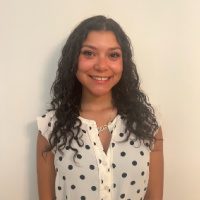
Nikki Gaboff just finished her third and final semester in Rutgers University’s Masters of Healthcare Analytics & Intelligence program. In 2021, she graduated from Rutgers University with her Bachelors Degree in Supply Chain Management and spent time working in supply chain over the summer at Johns Hopkins Health System in Baltimore, Maryland. Within the program at Rutgers, she had the opportunity to be the student representative on the Healthcare Analytics advisory board, and to manage the experiential learning program that they offer at both a graduate and undergraduate level. www.linkedin.com/in/nikki-gaboff
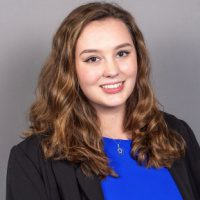
Haley Carlsen is an accomplished Procurement Professional at Merck with an established background in contracts and supplier relationships. Experienced as a Program Manager for Rutgers University with a demonstrated history of working in the higher education industry. Skilled in Service Standards, Communication, Customer Satisfaction, Management, Team Leadership, and performing financial analysis to influence procurement decisions and managing multimillion-dollar purchasing budgets. Strong business development professional with a bachelor’s degree focused in Supply Chain Management from Rutgers Business School. Connect with Haley on LinkedIn.
